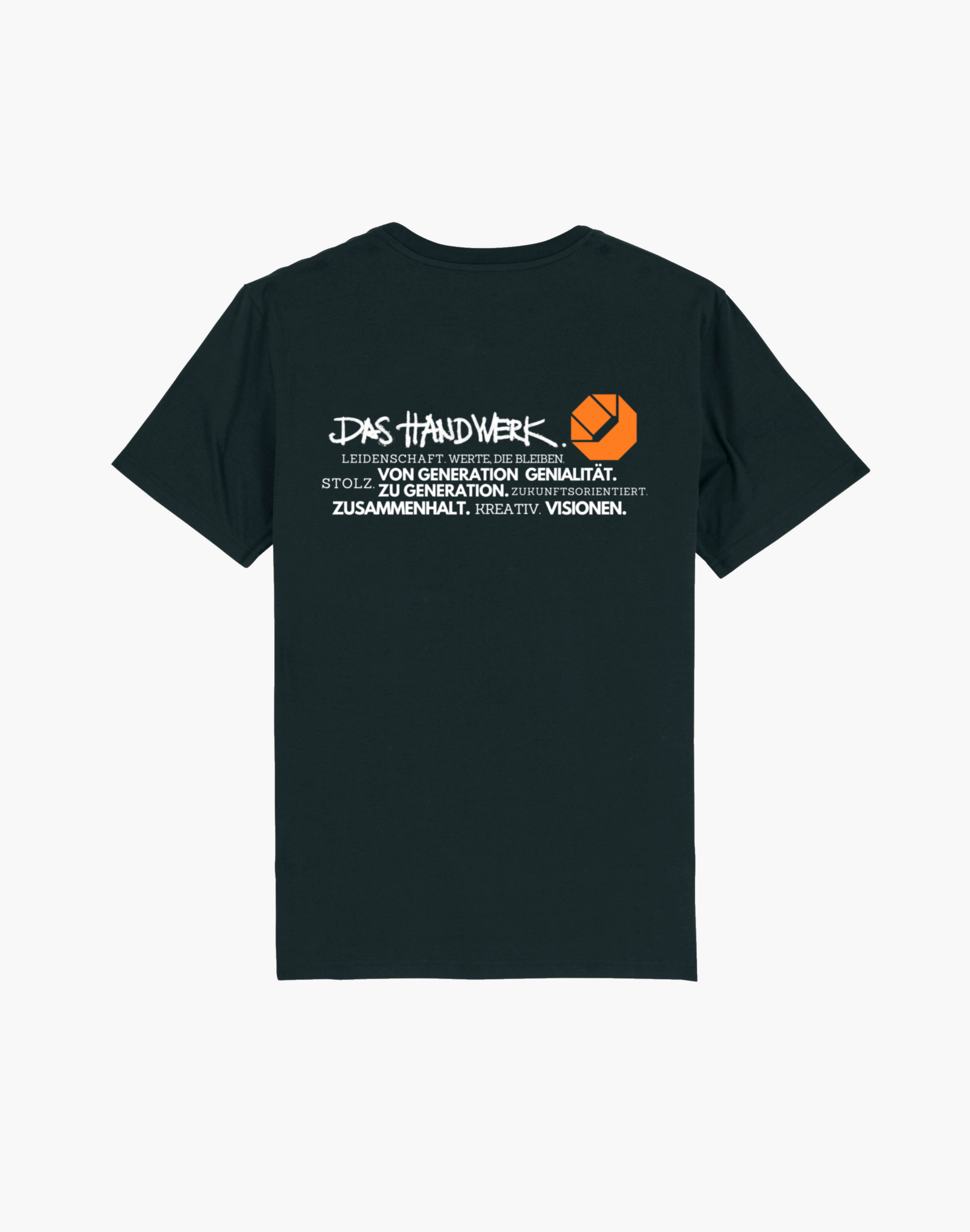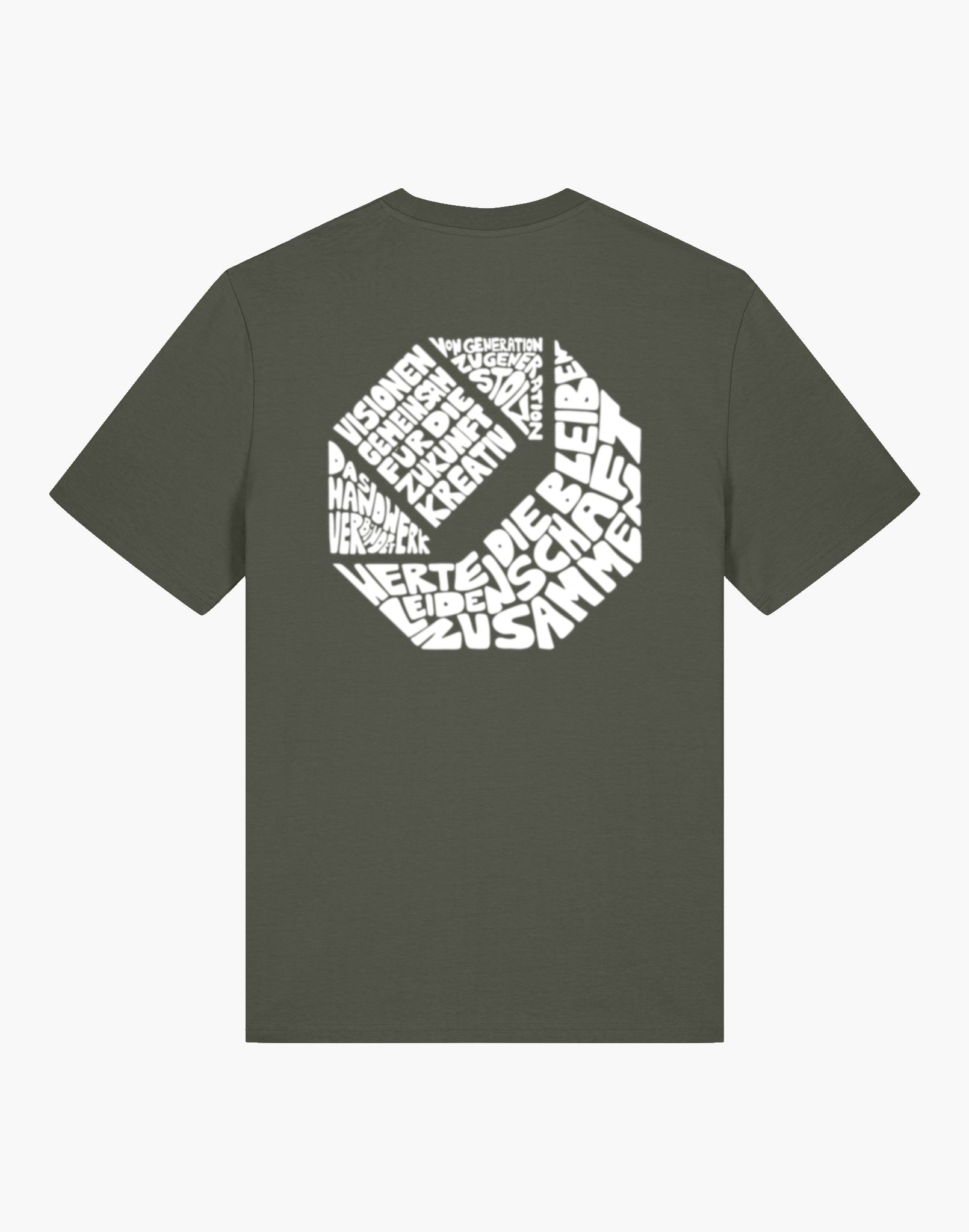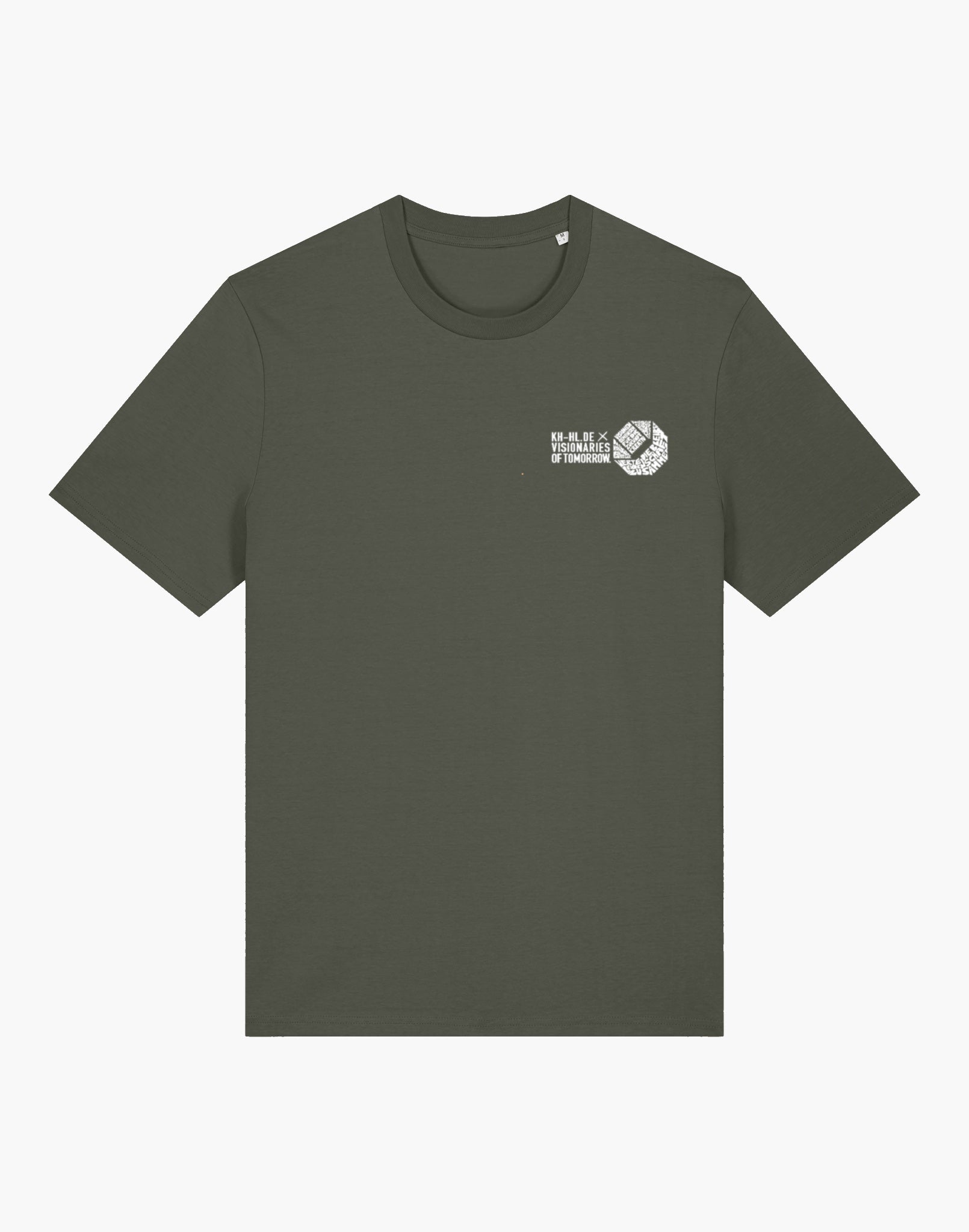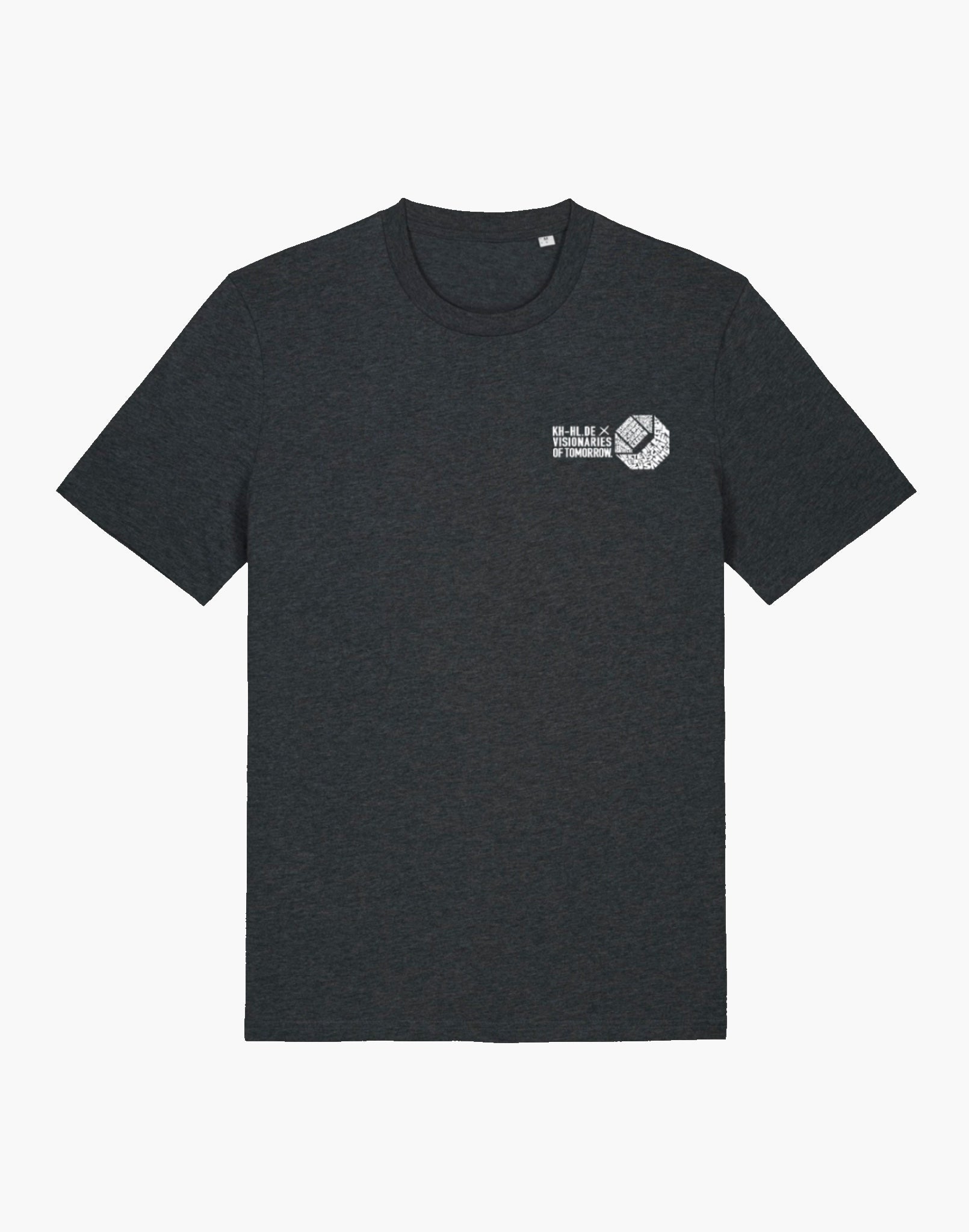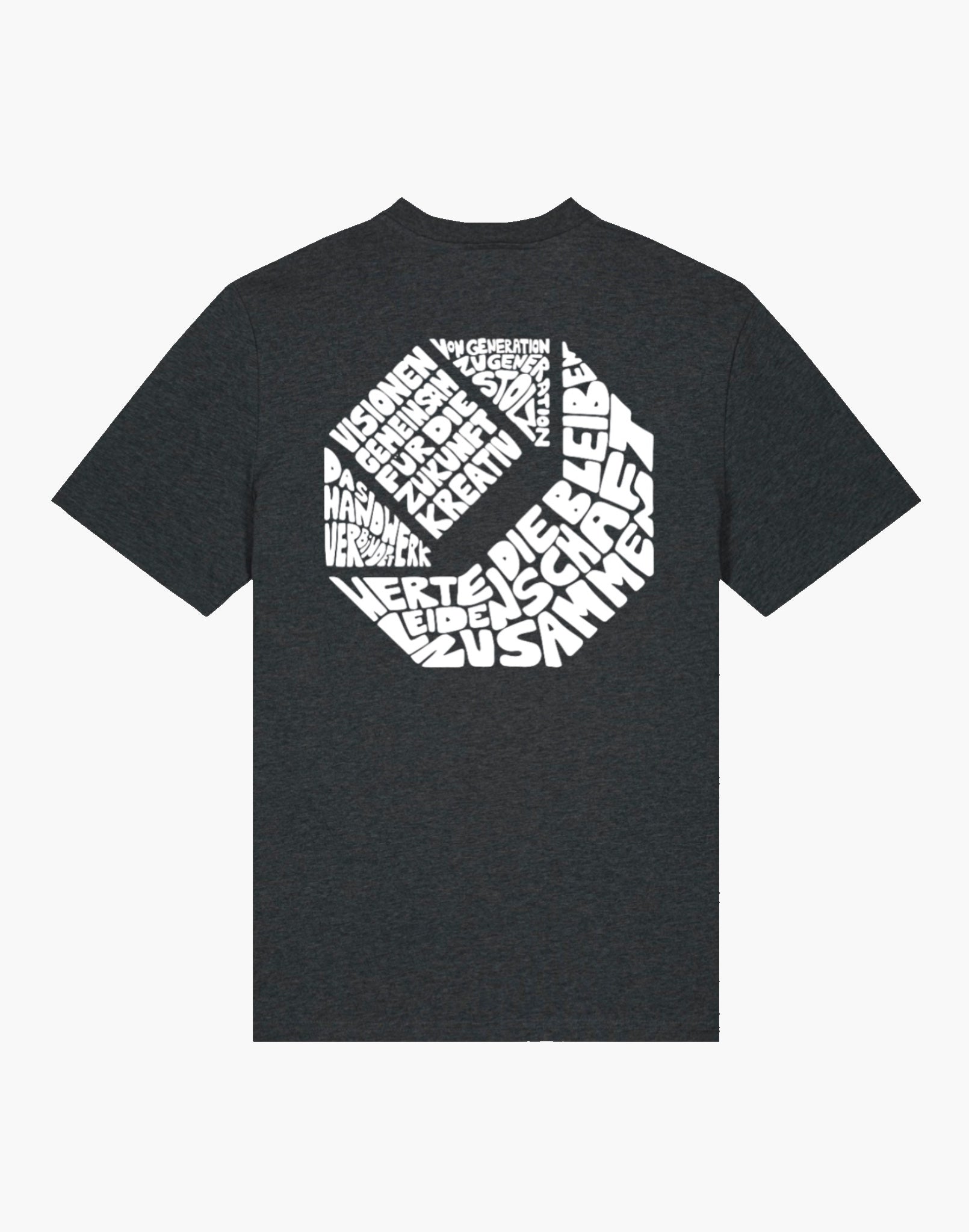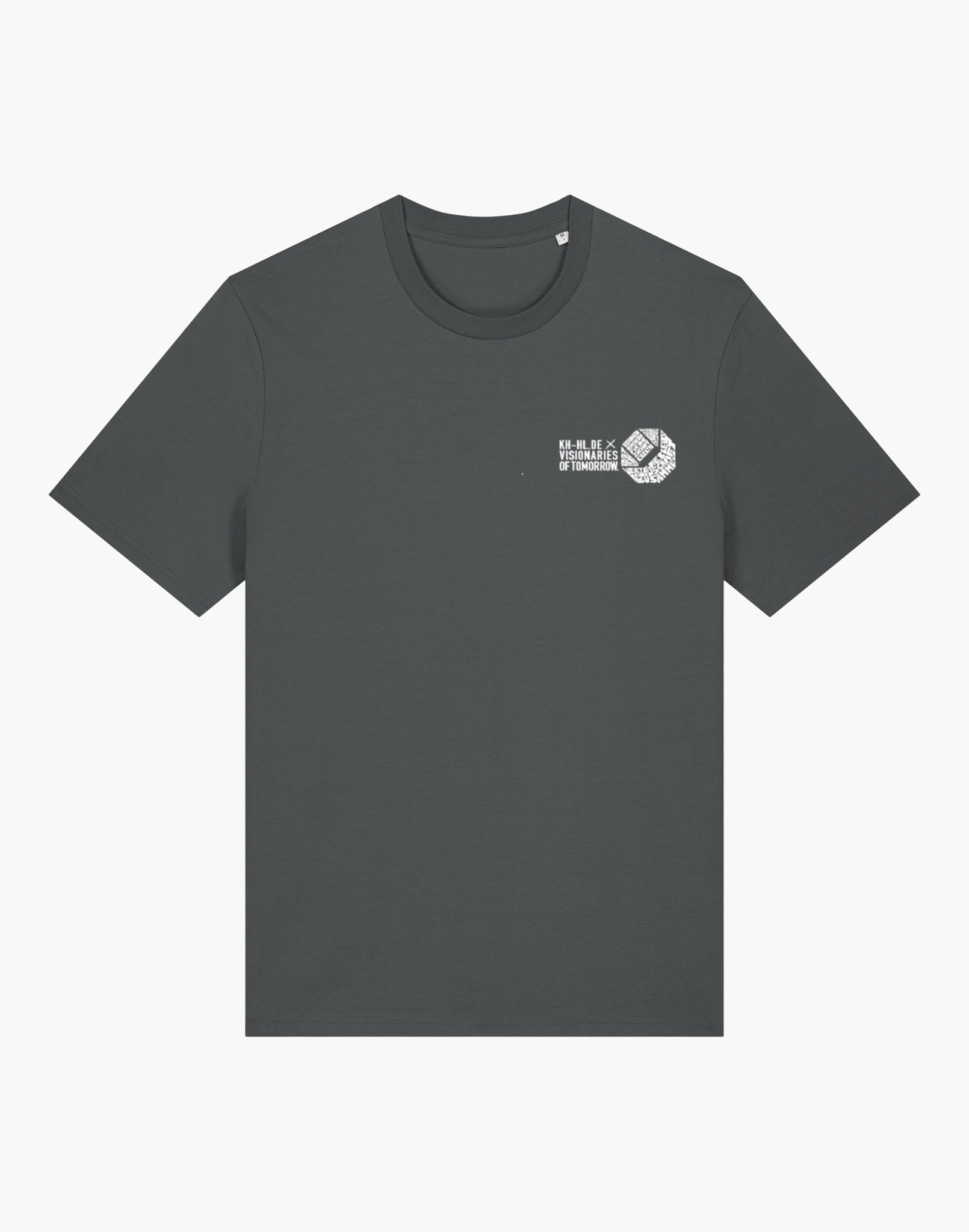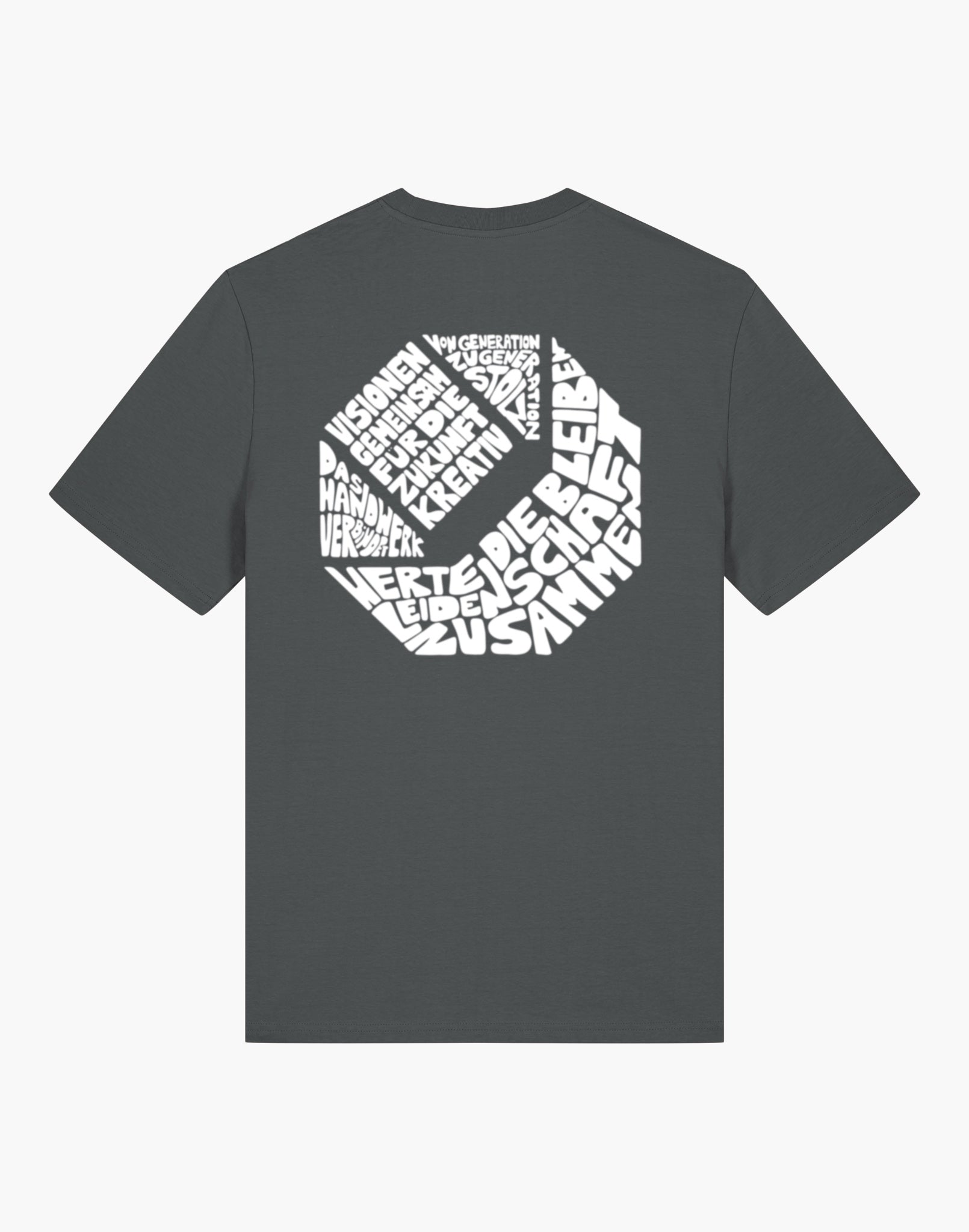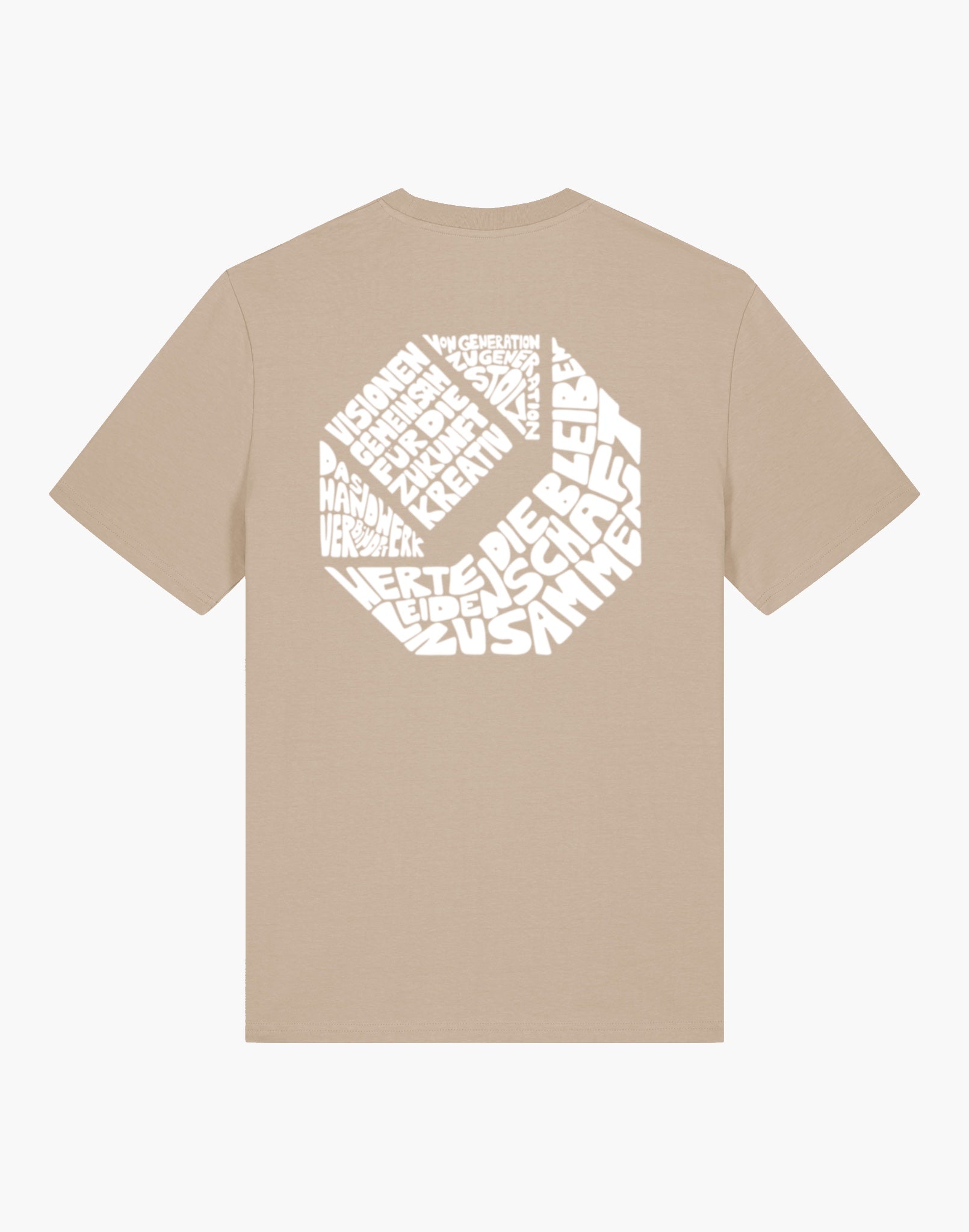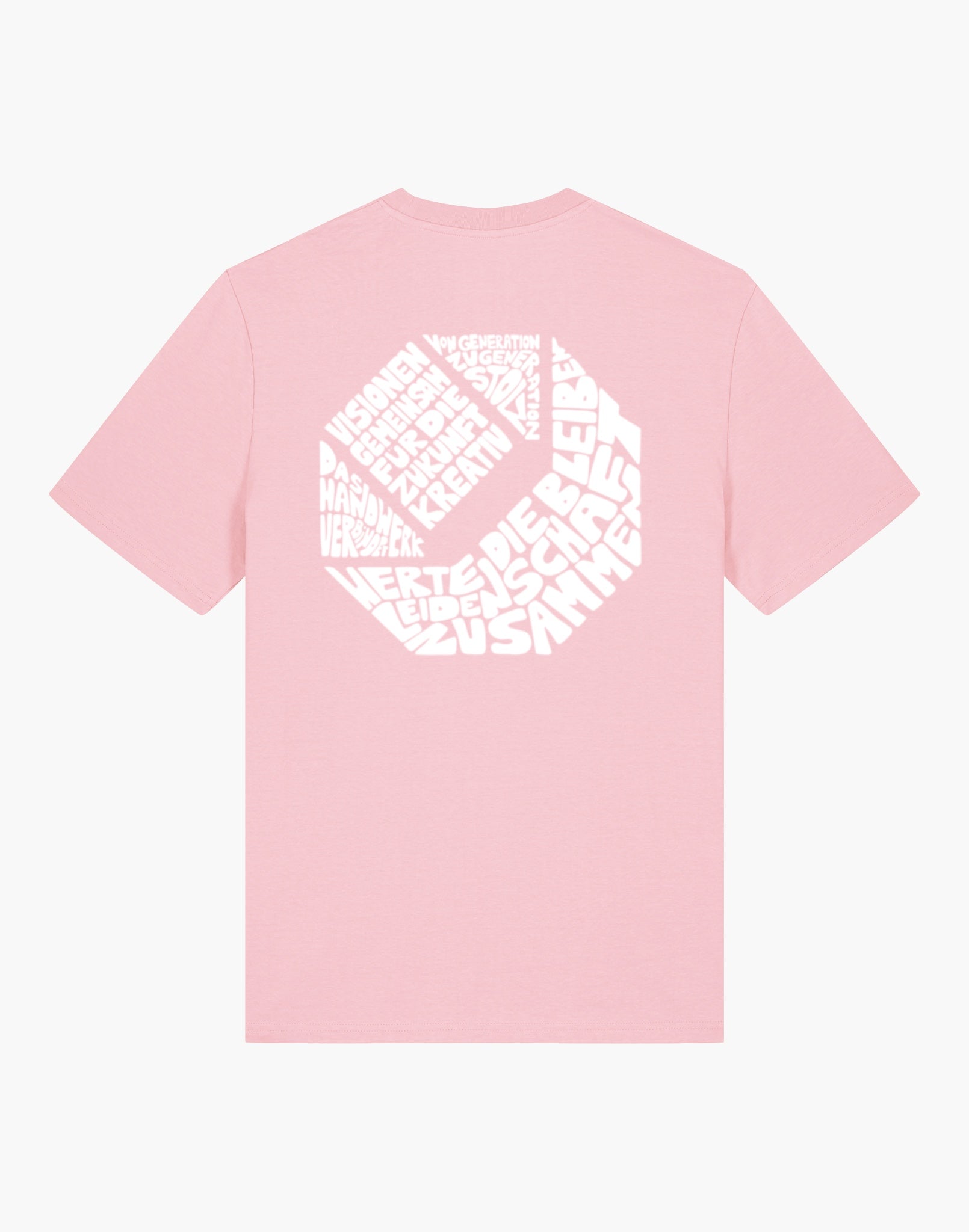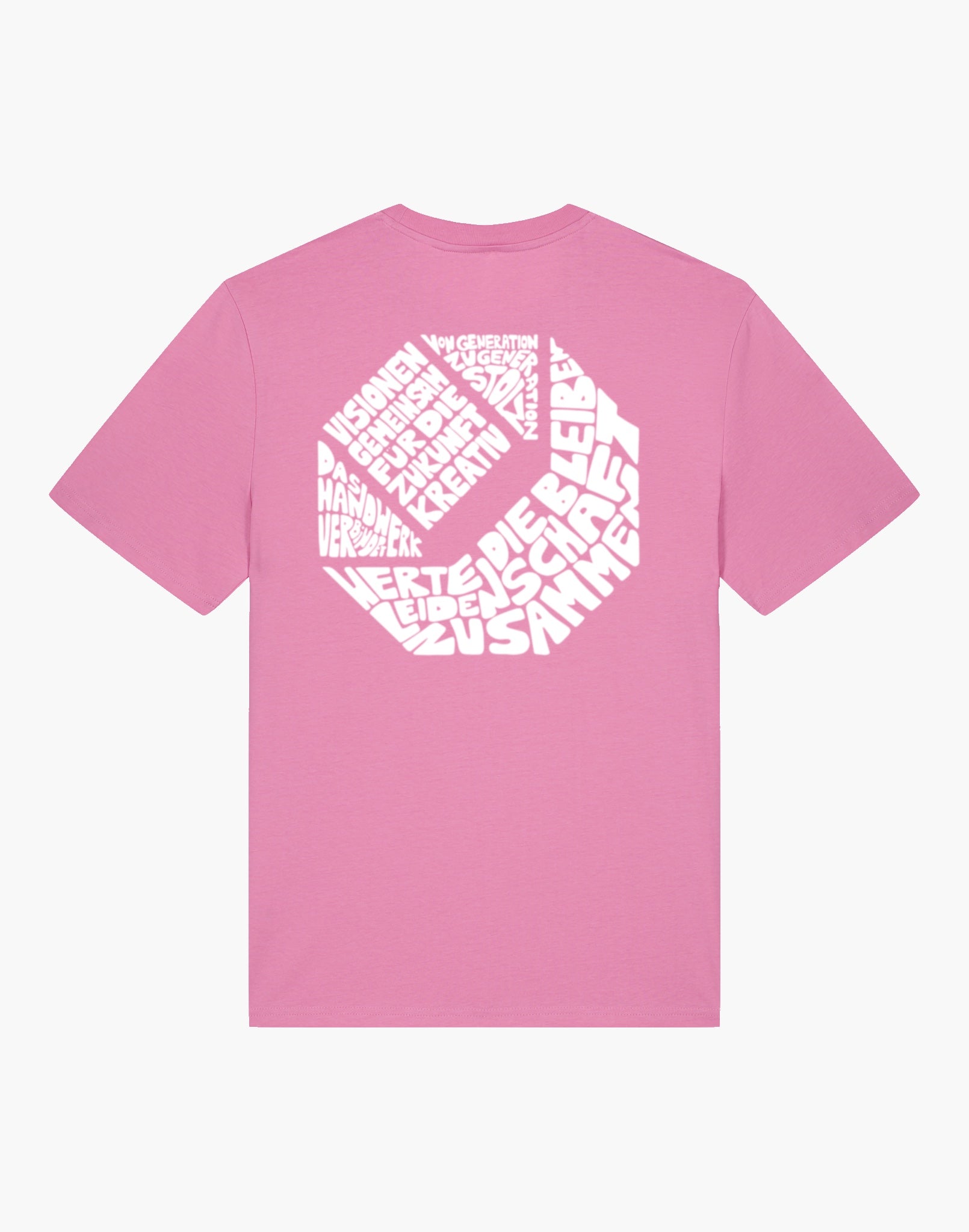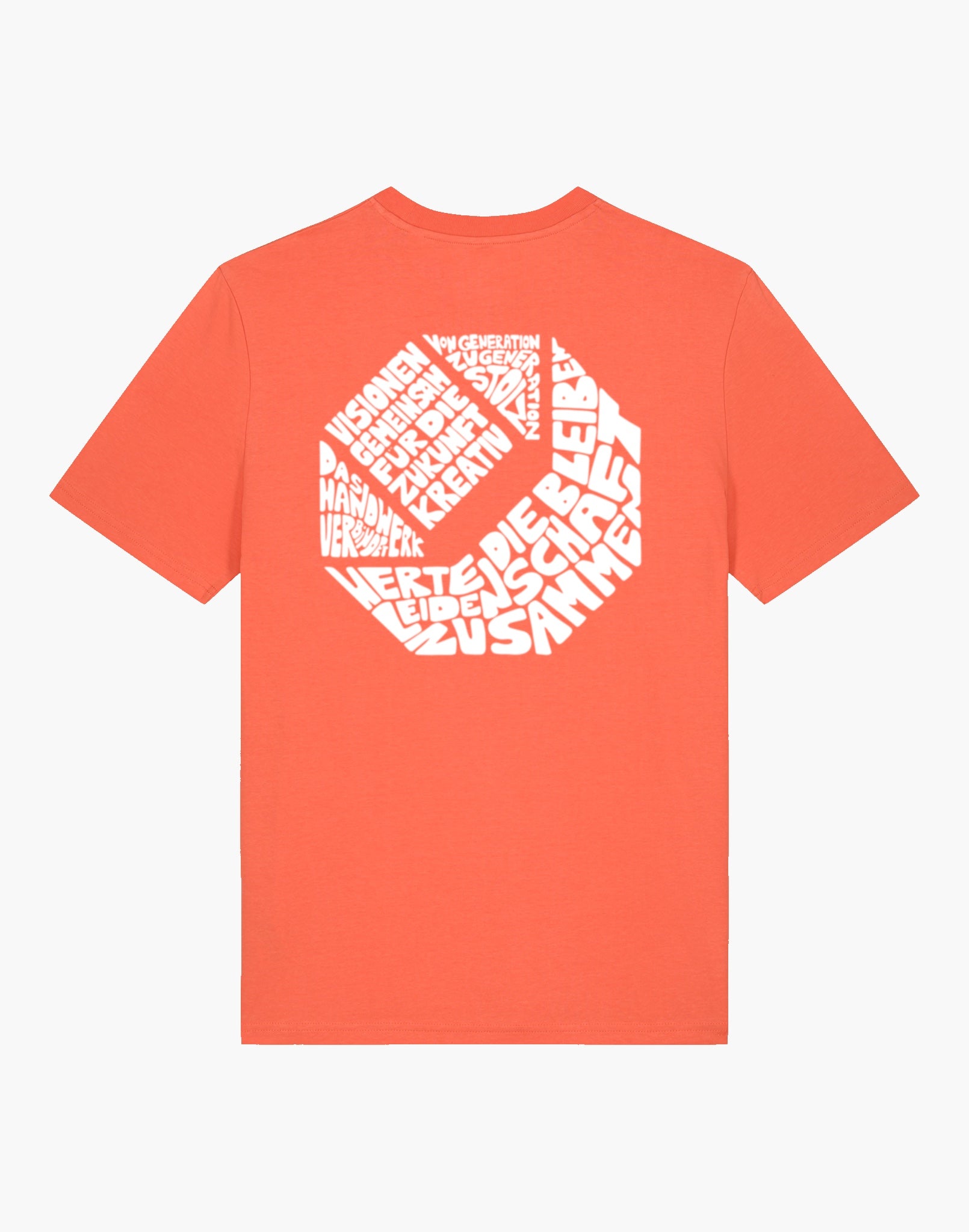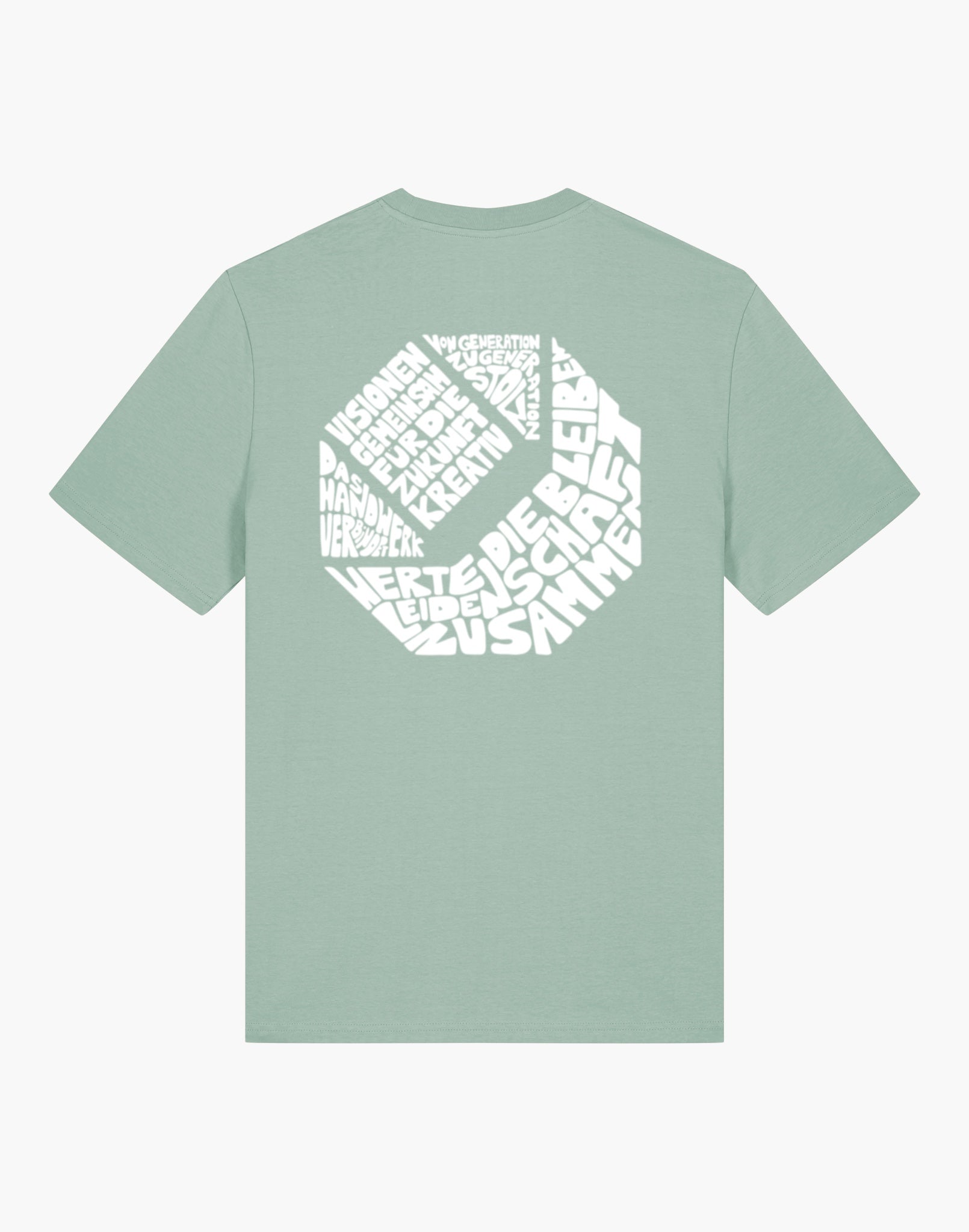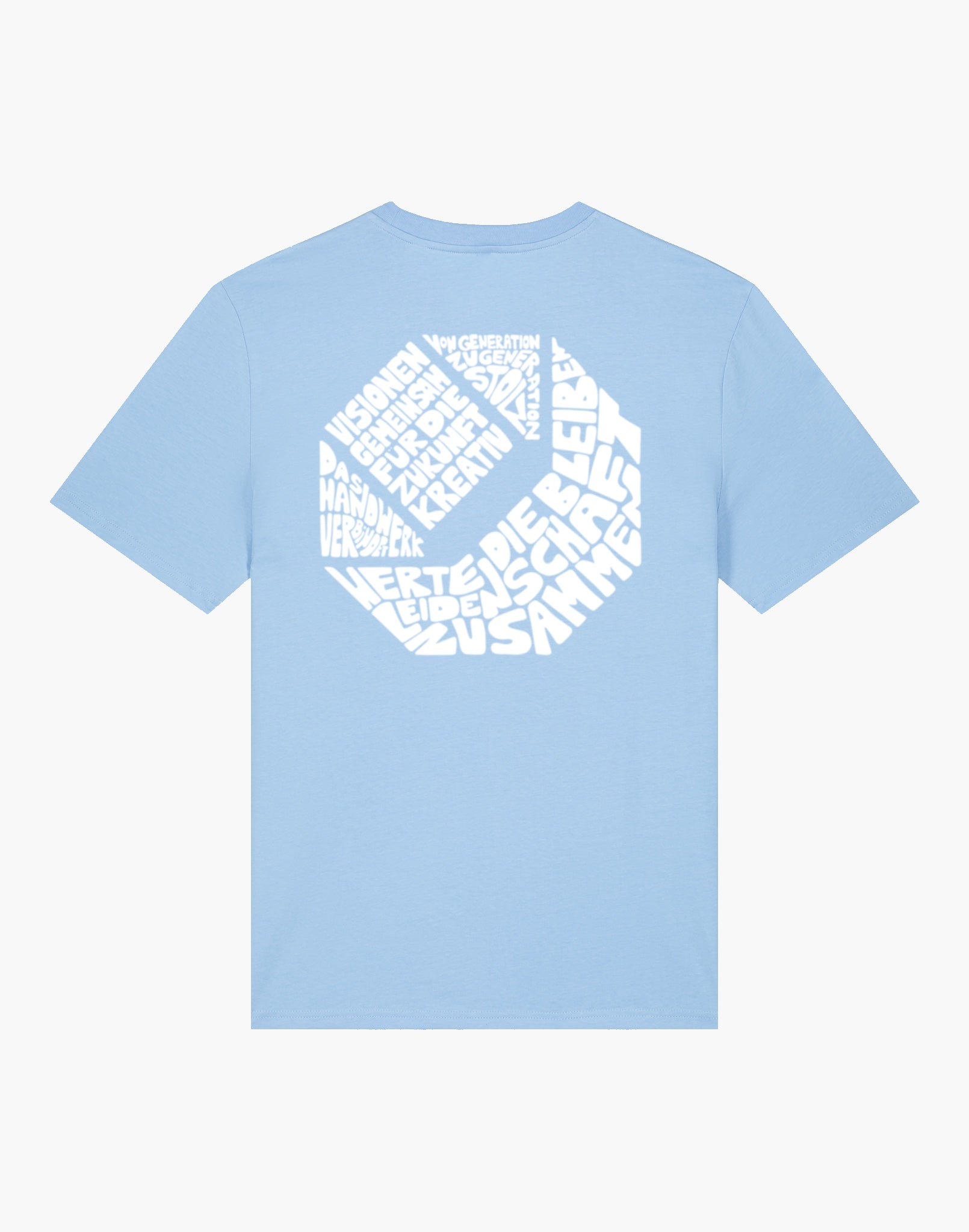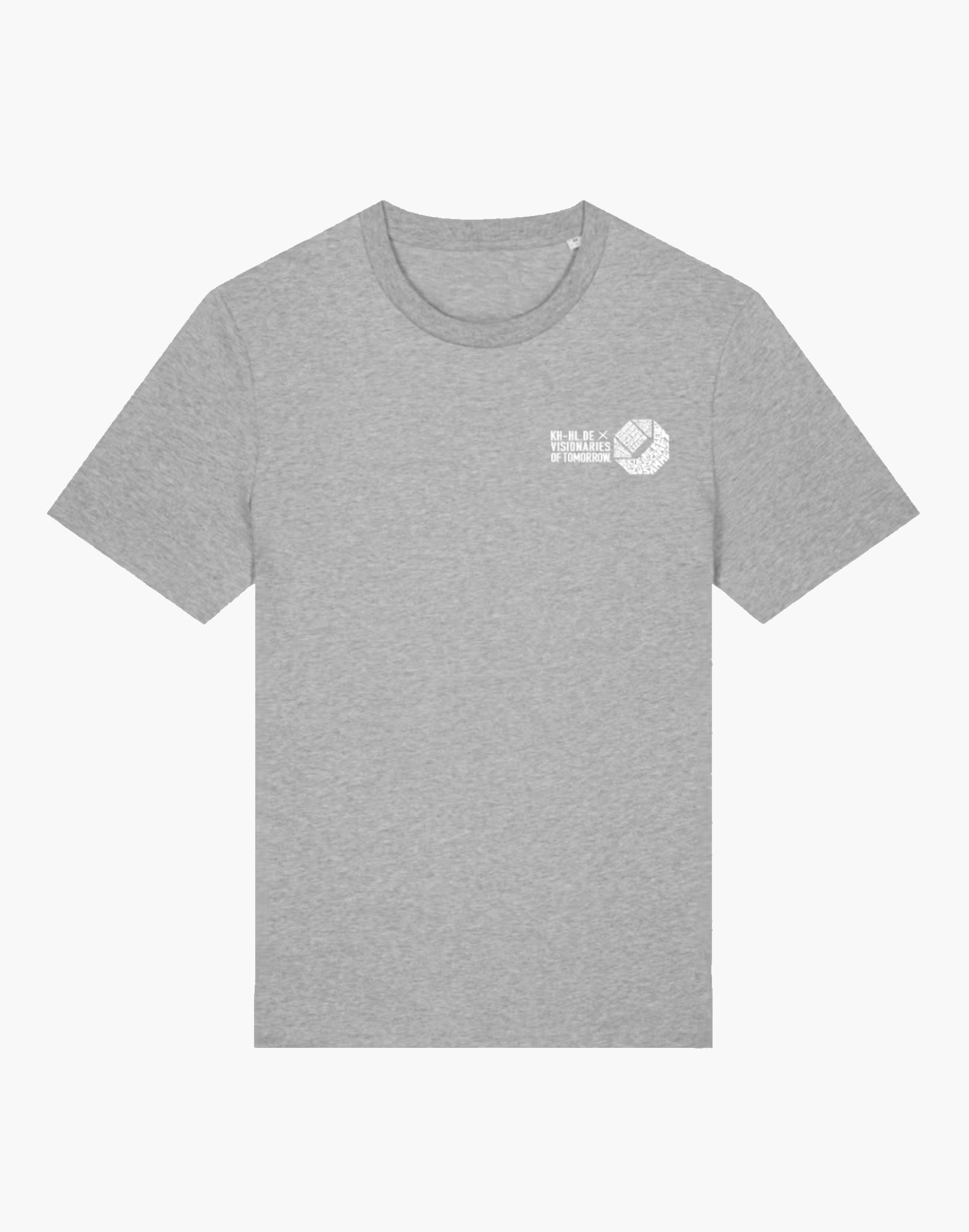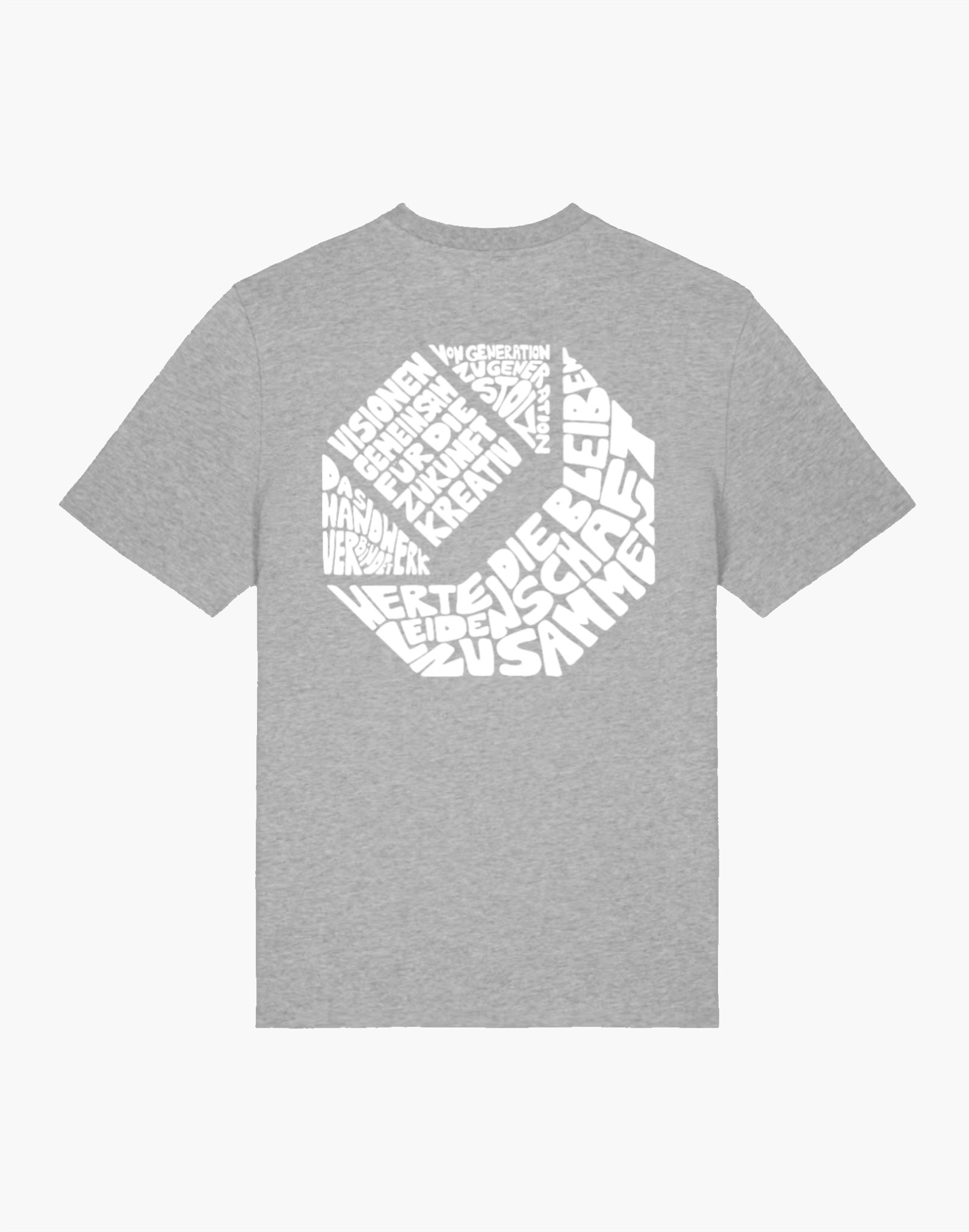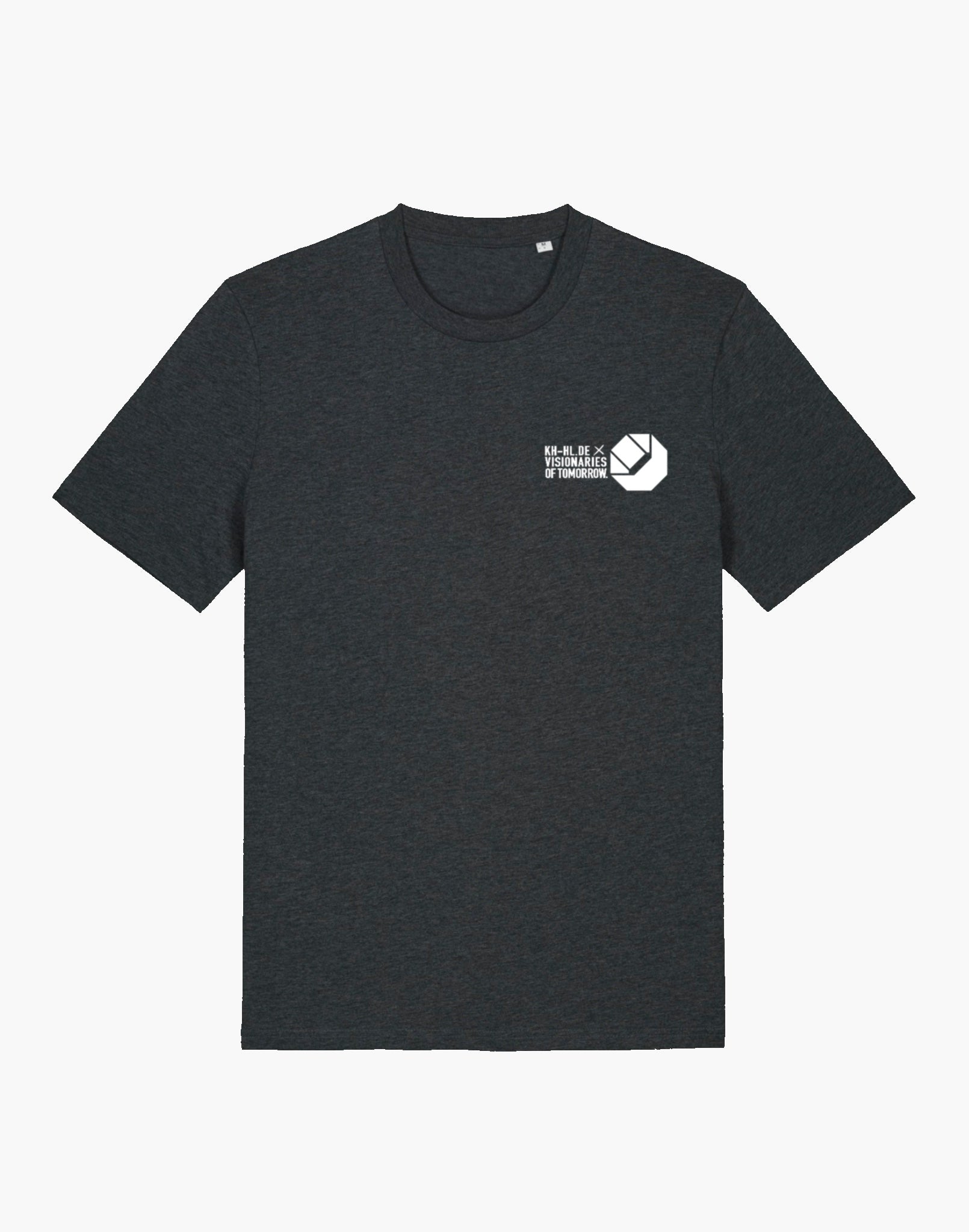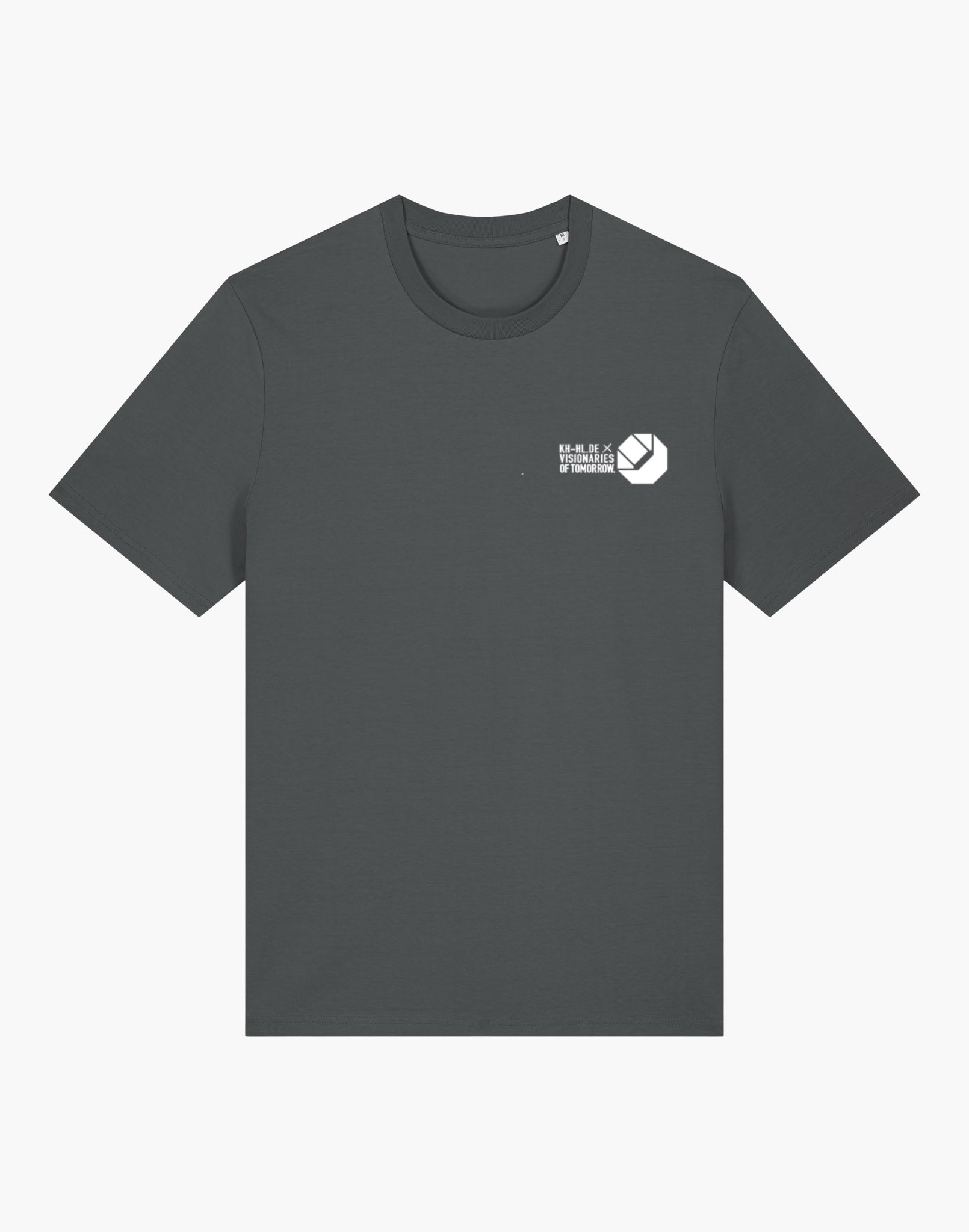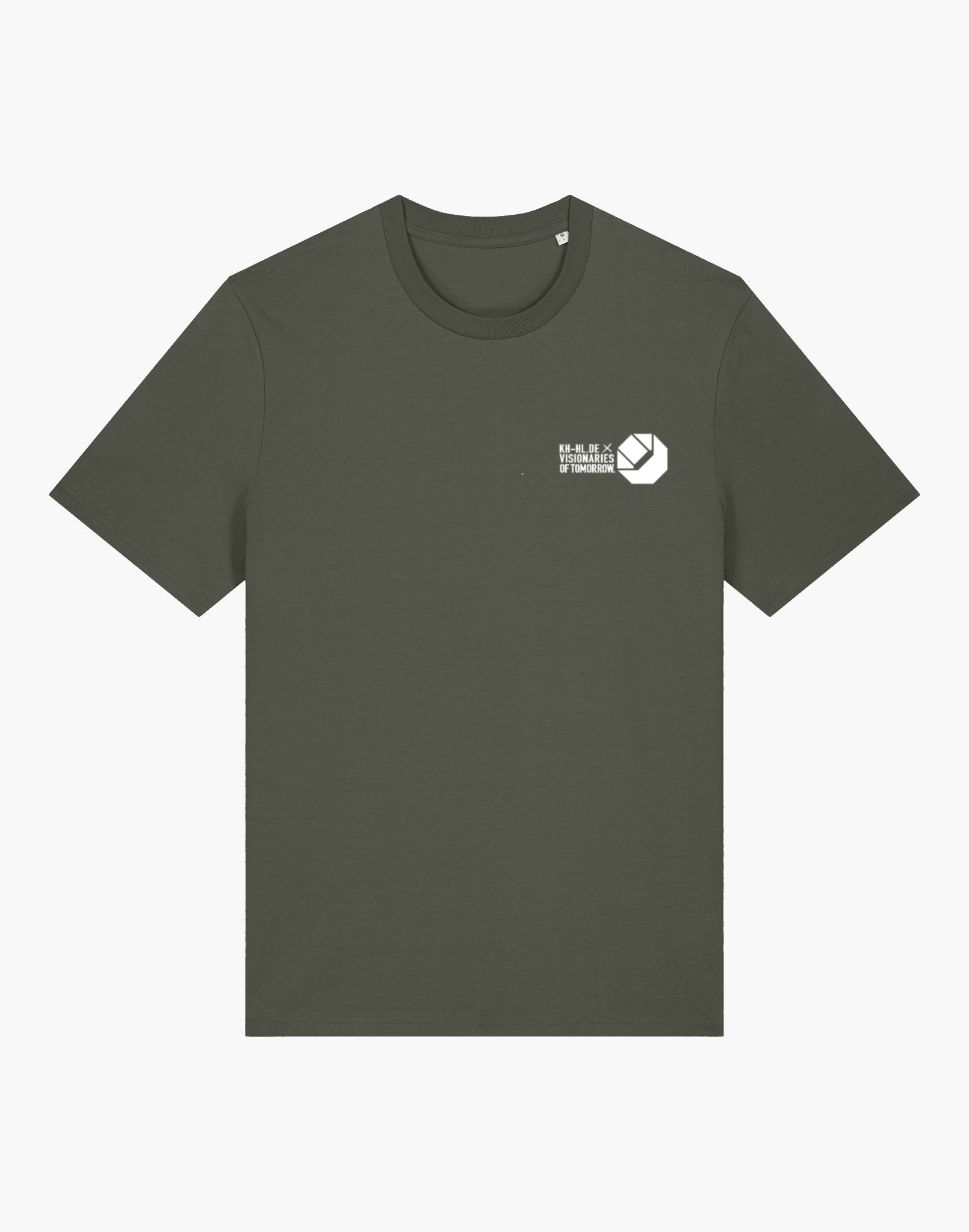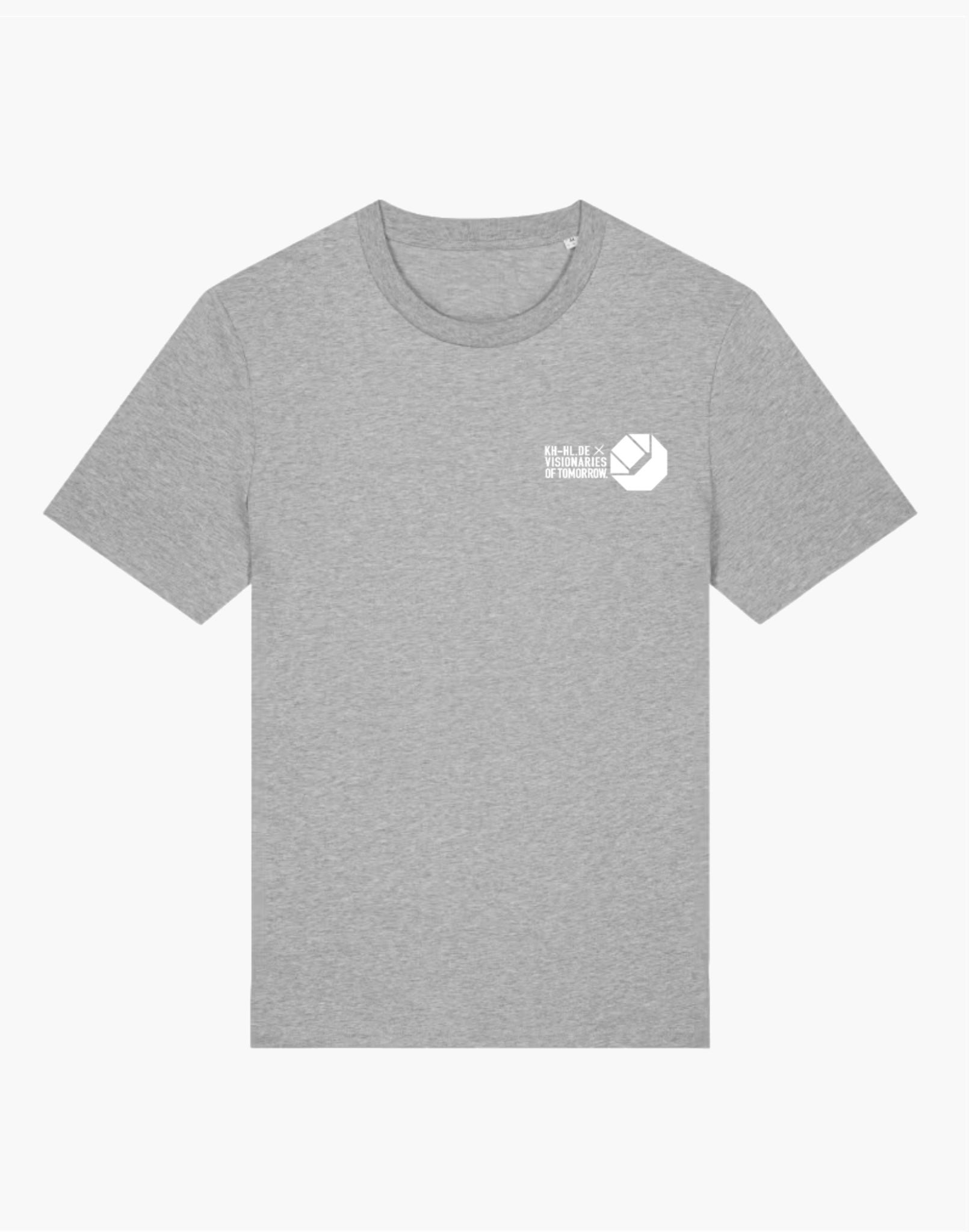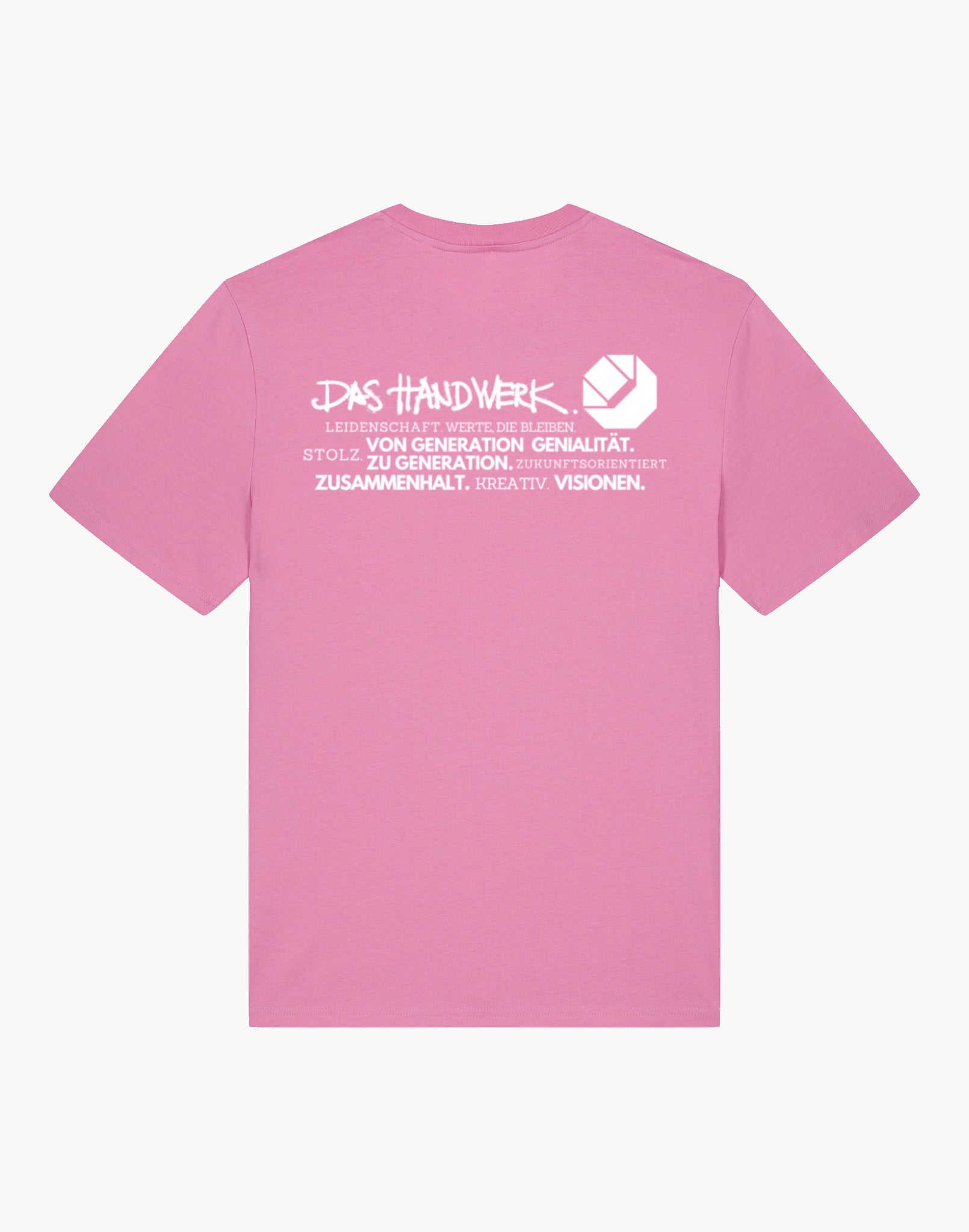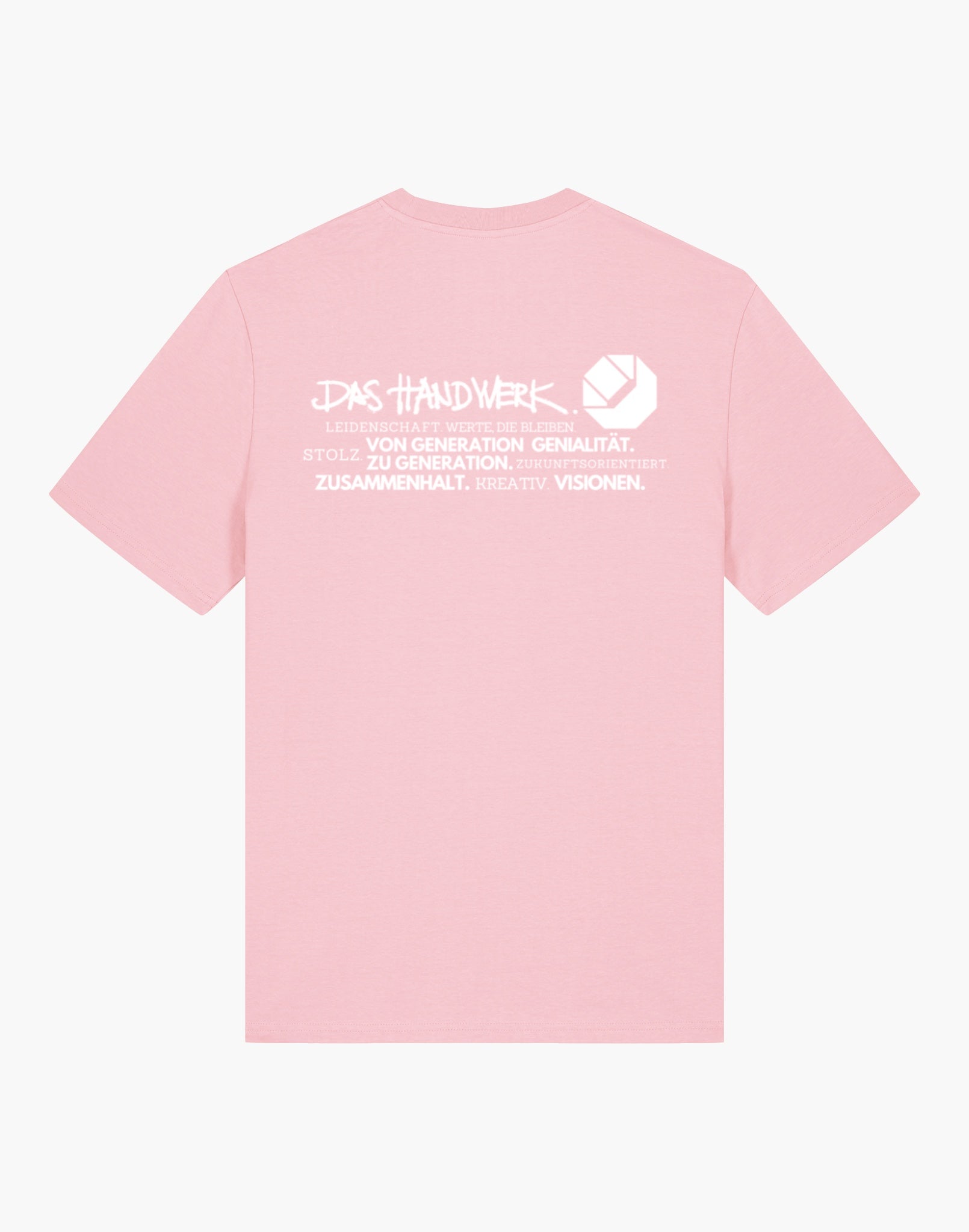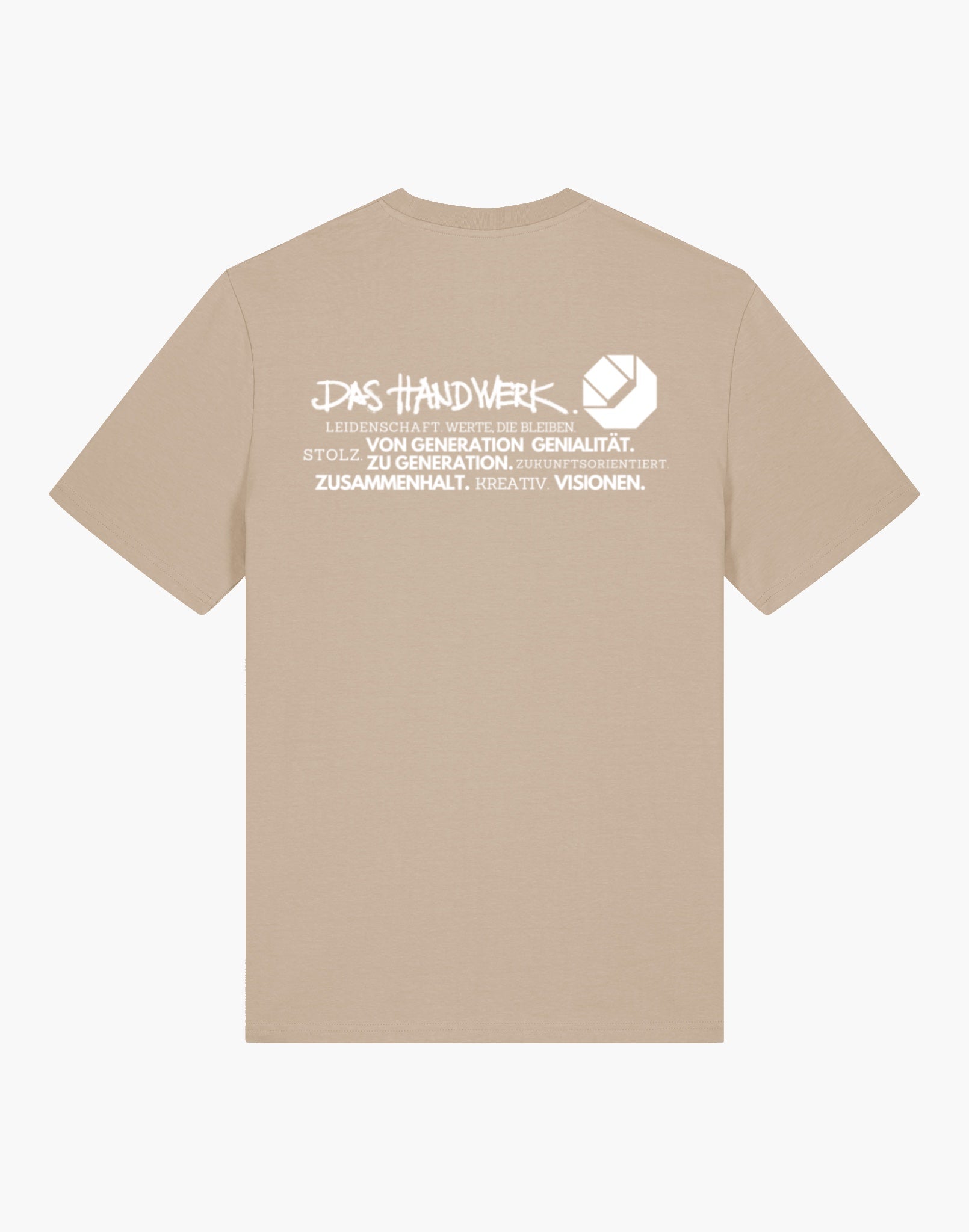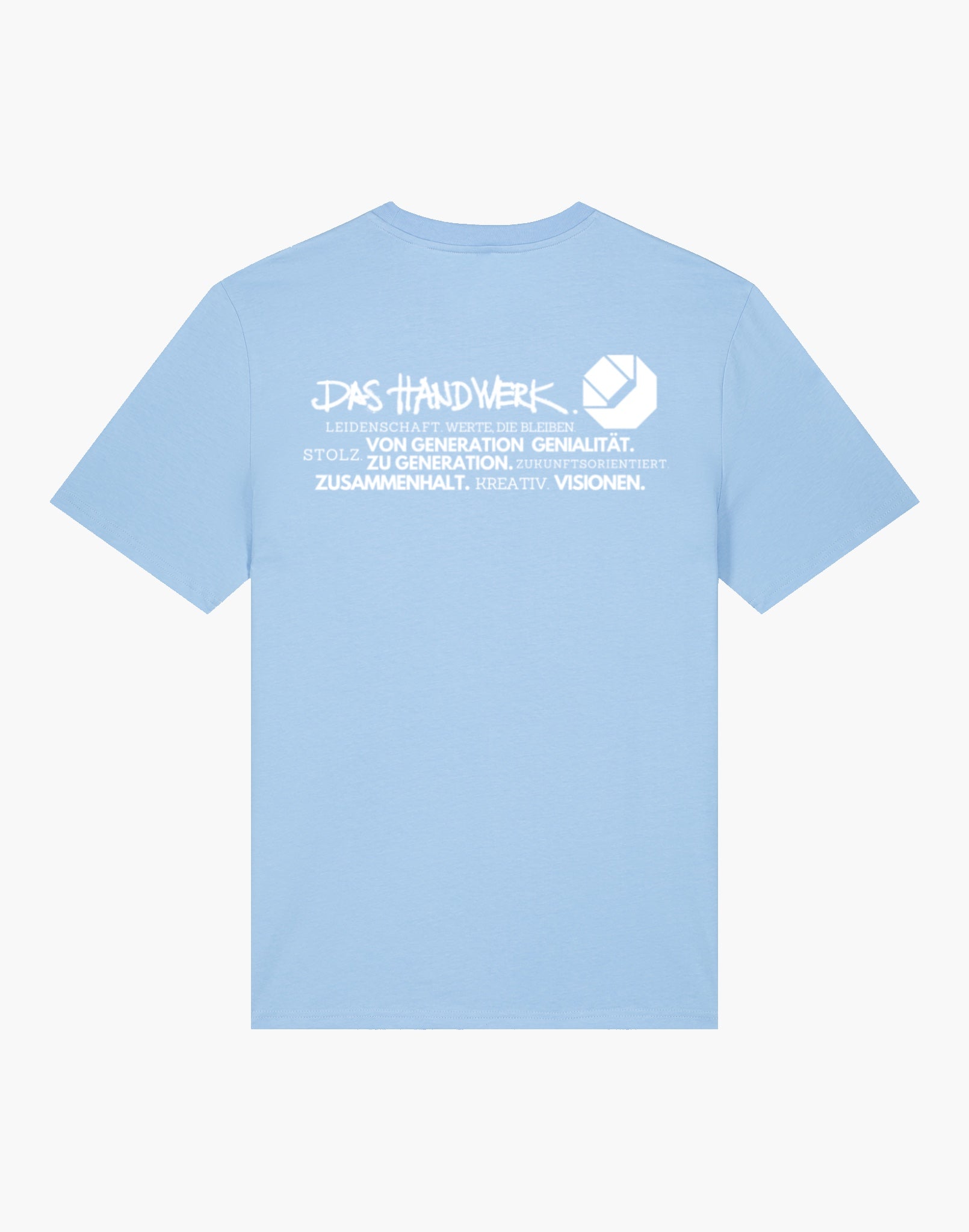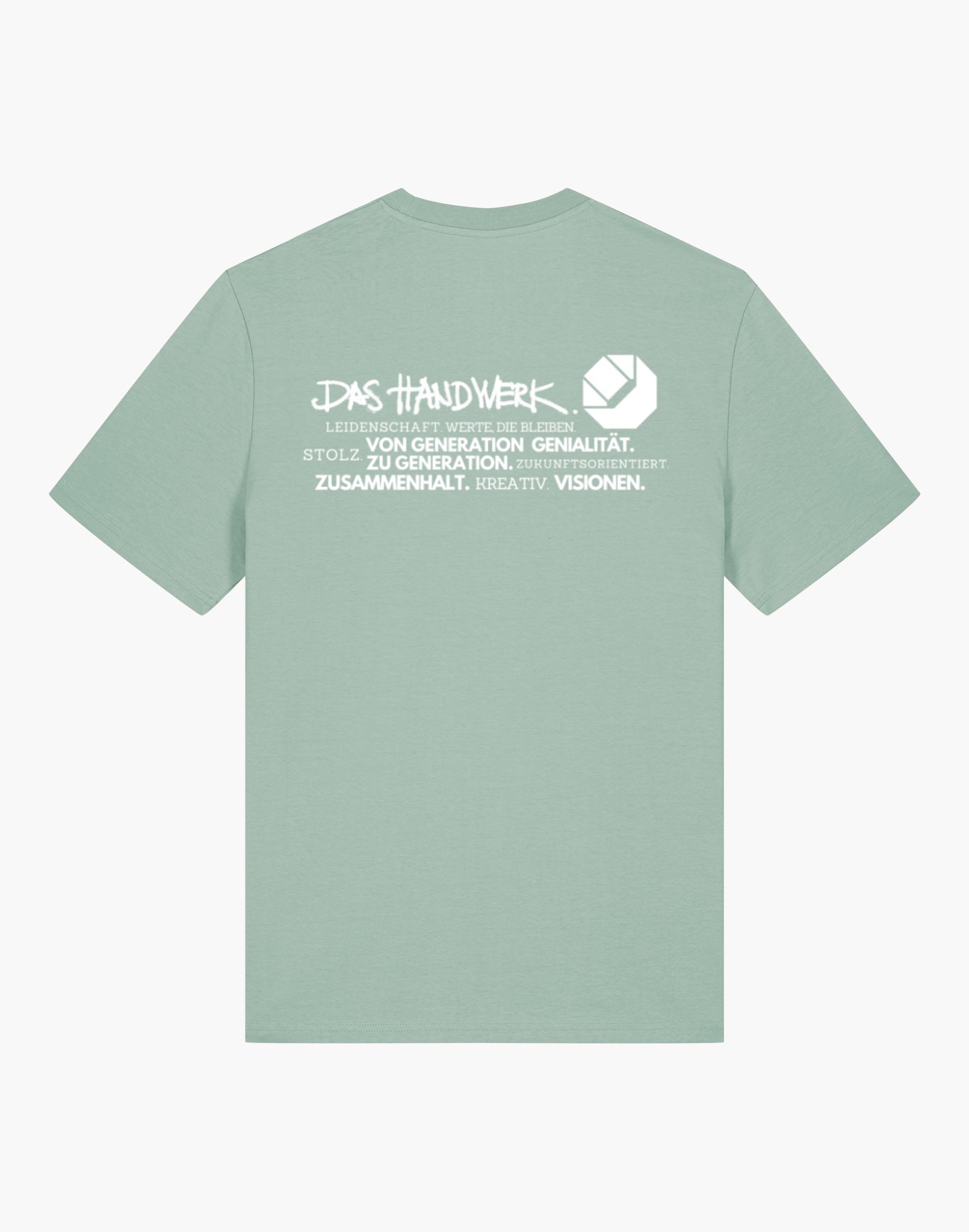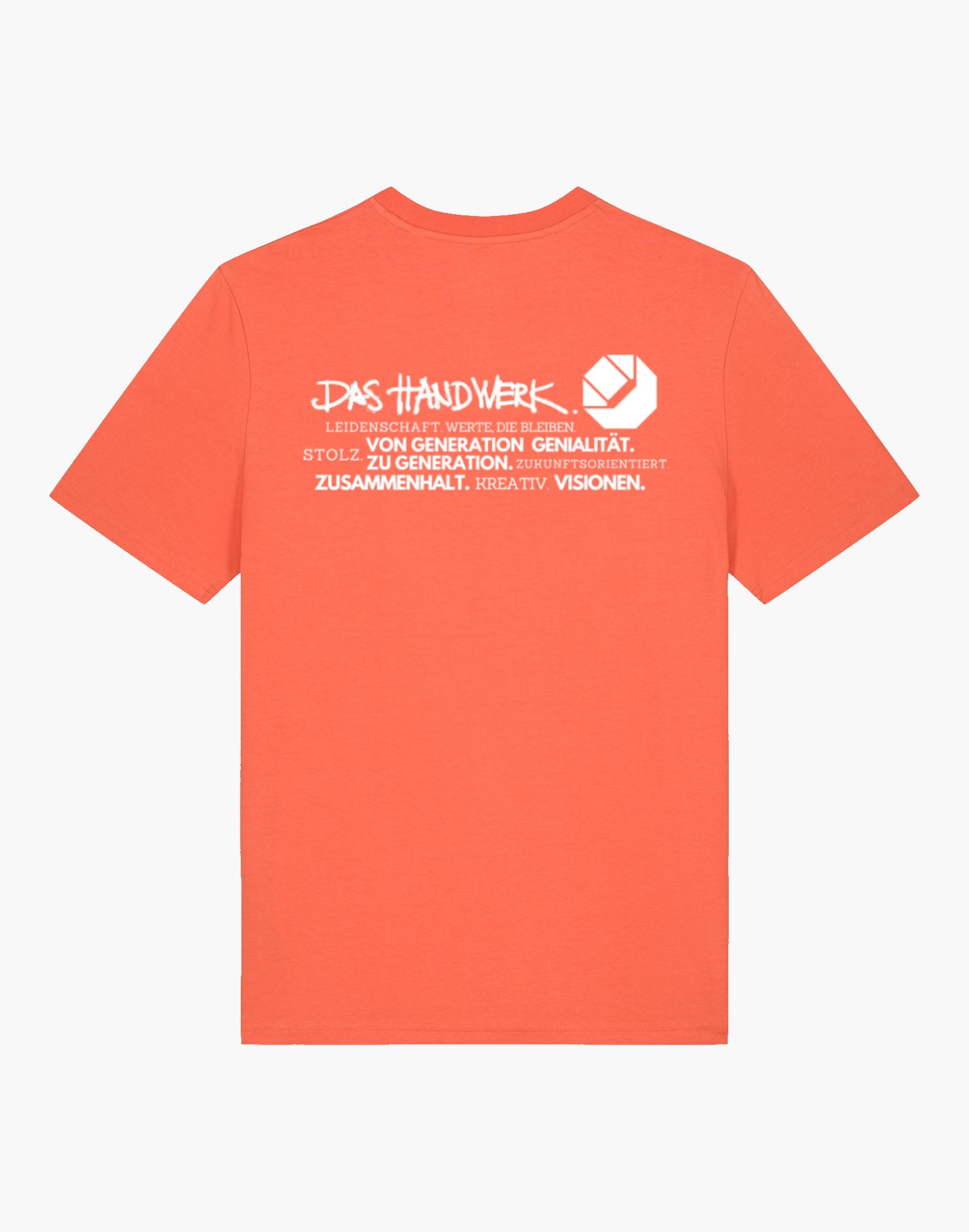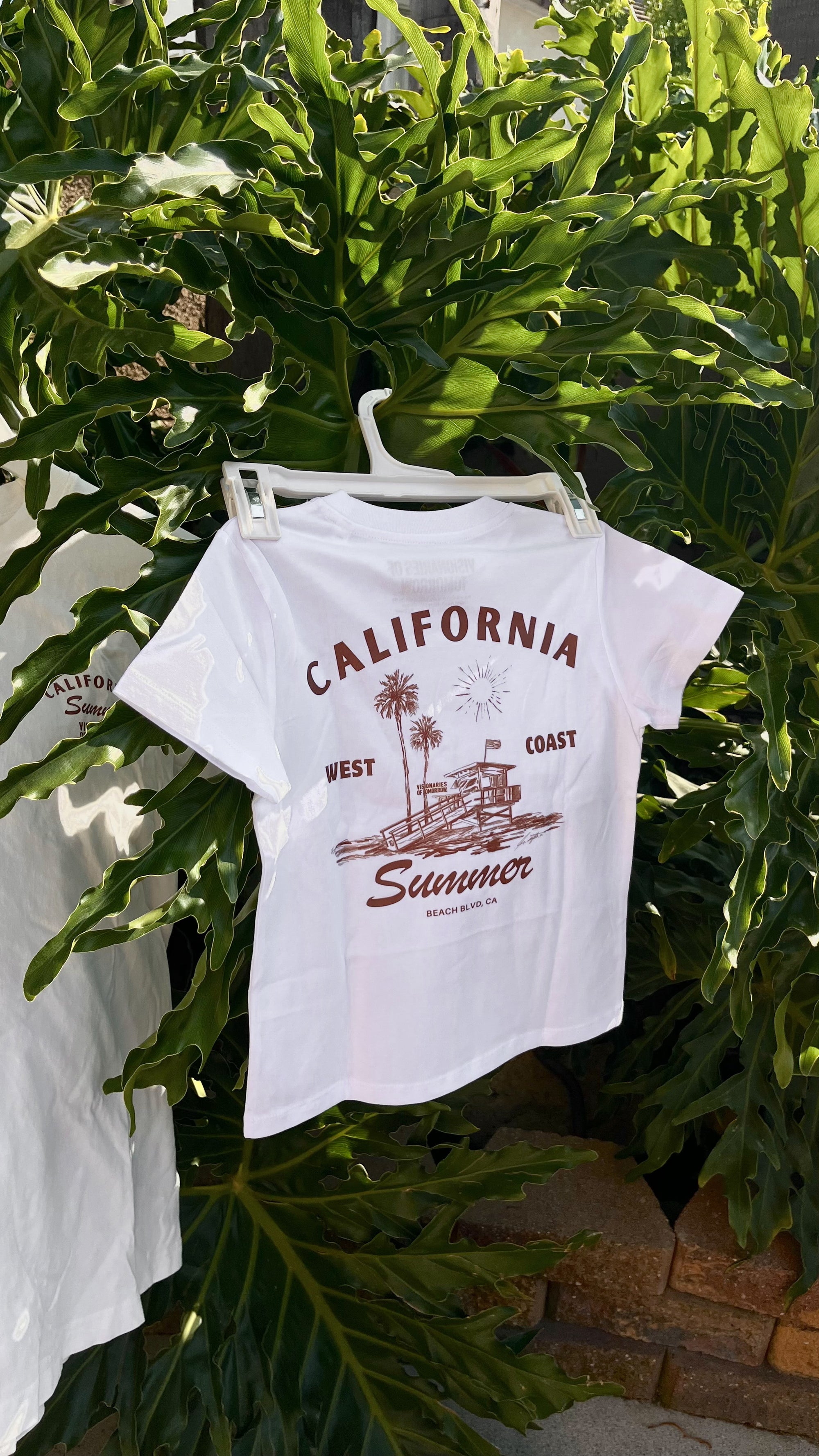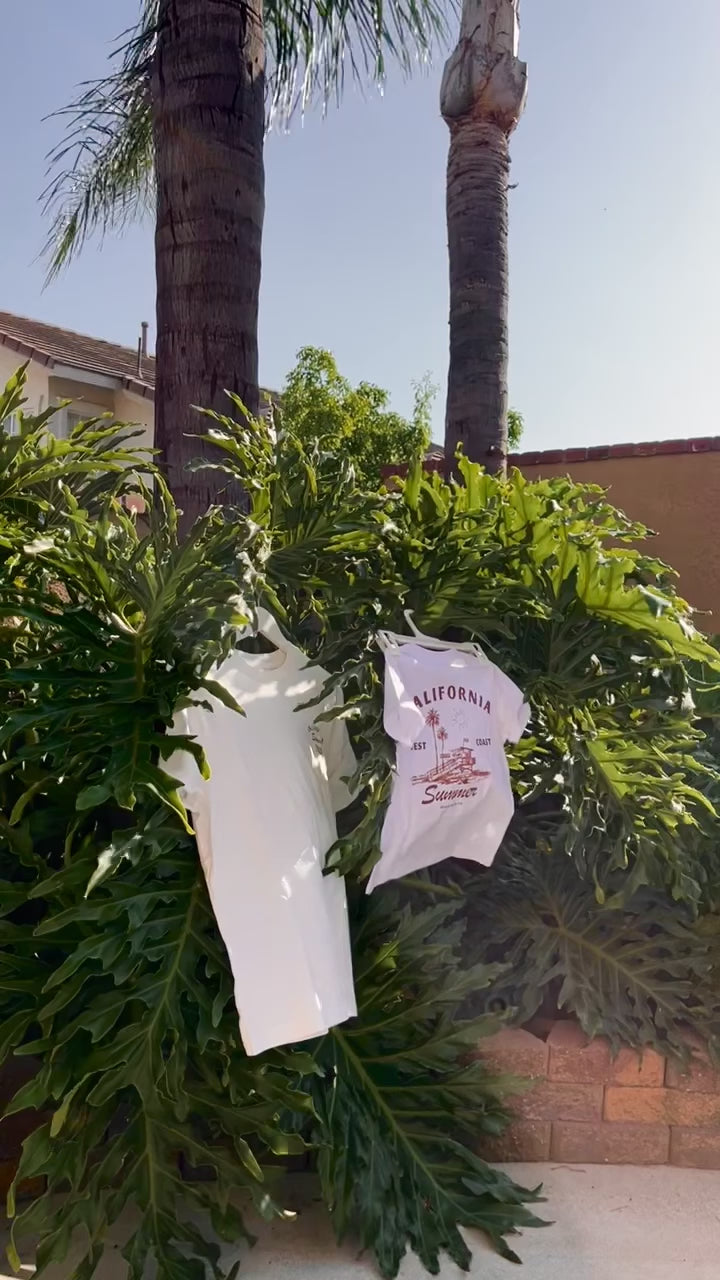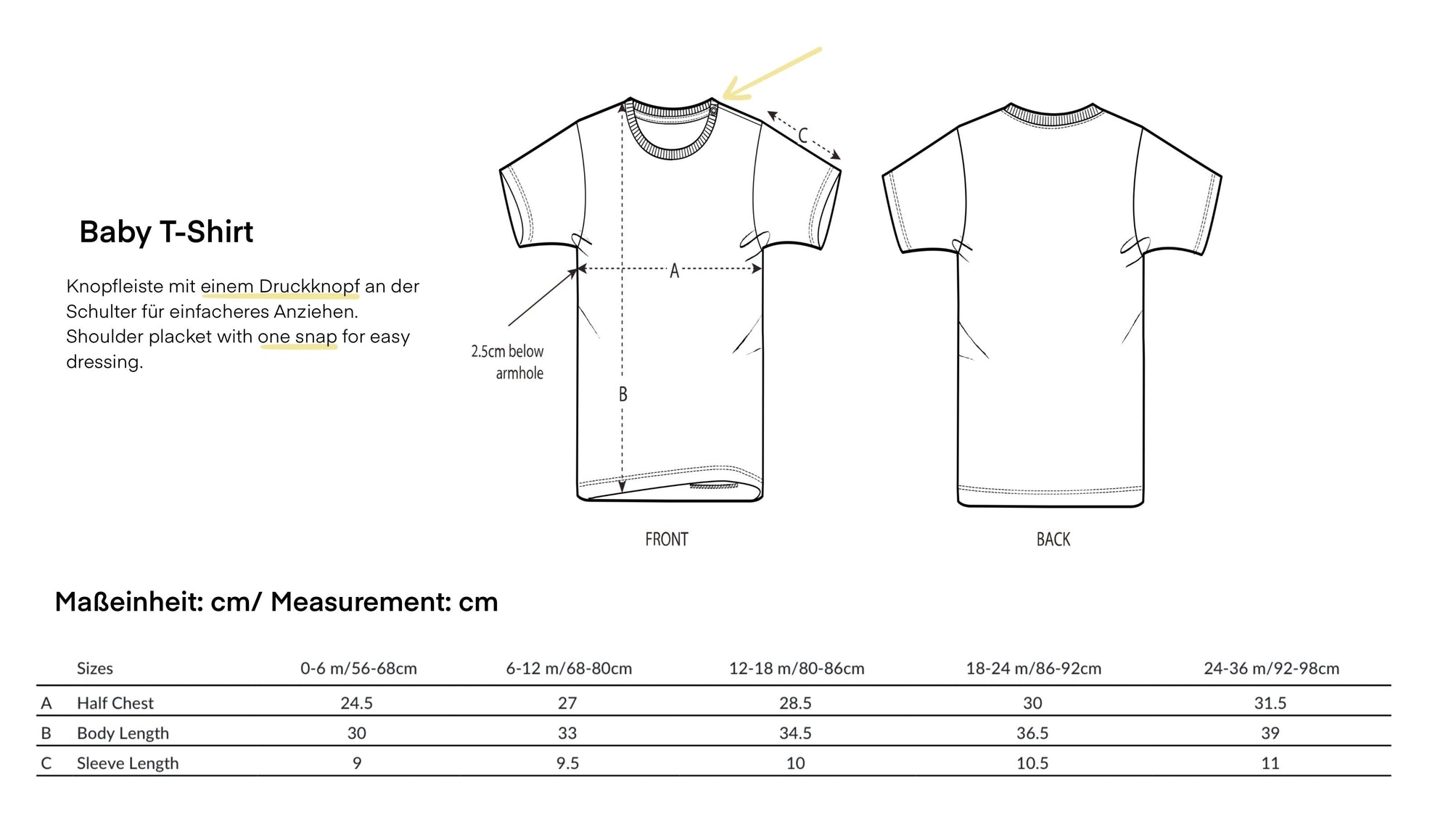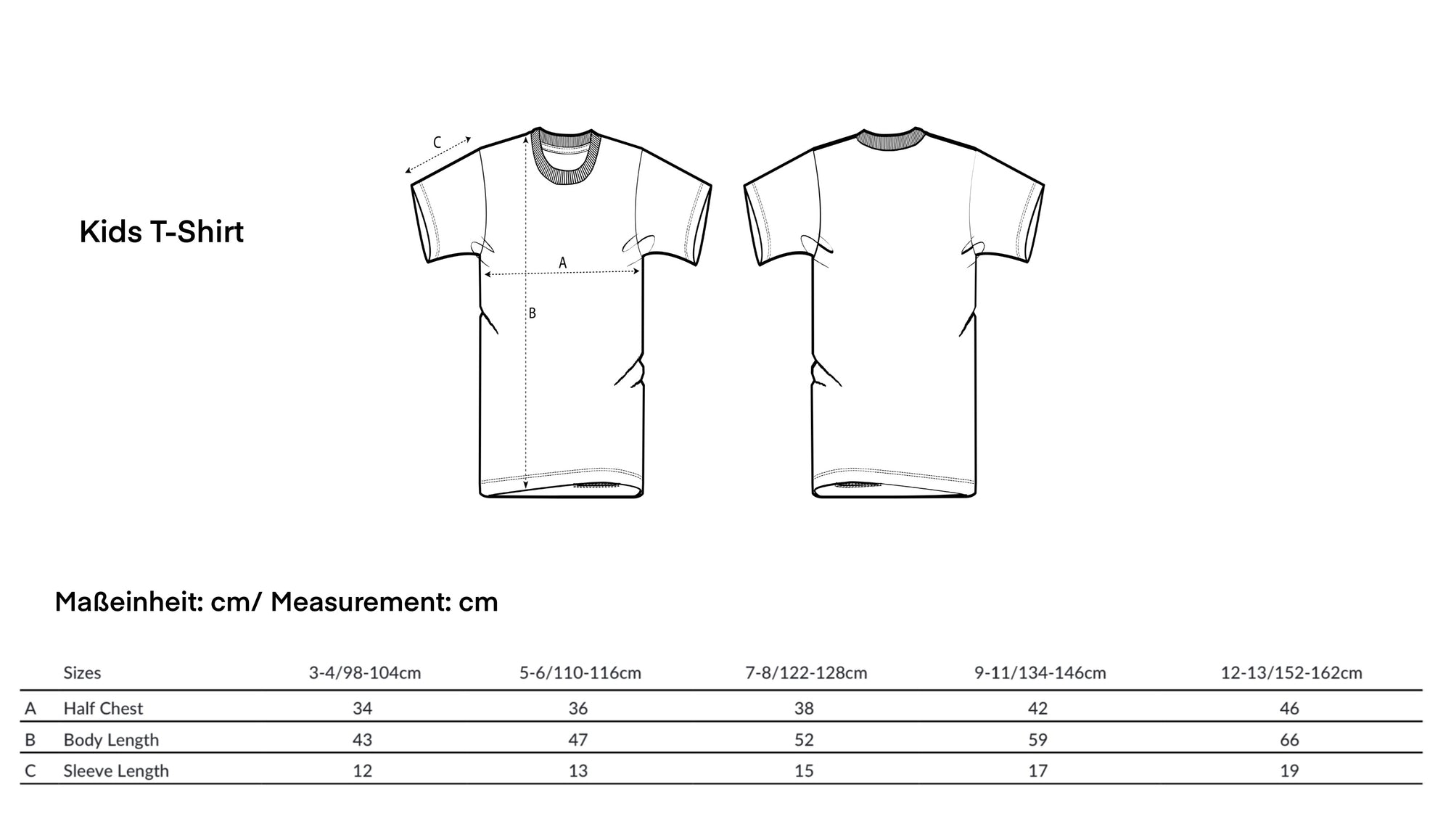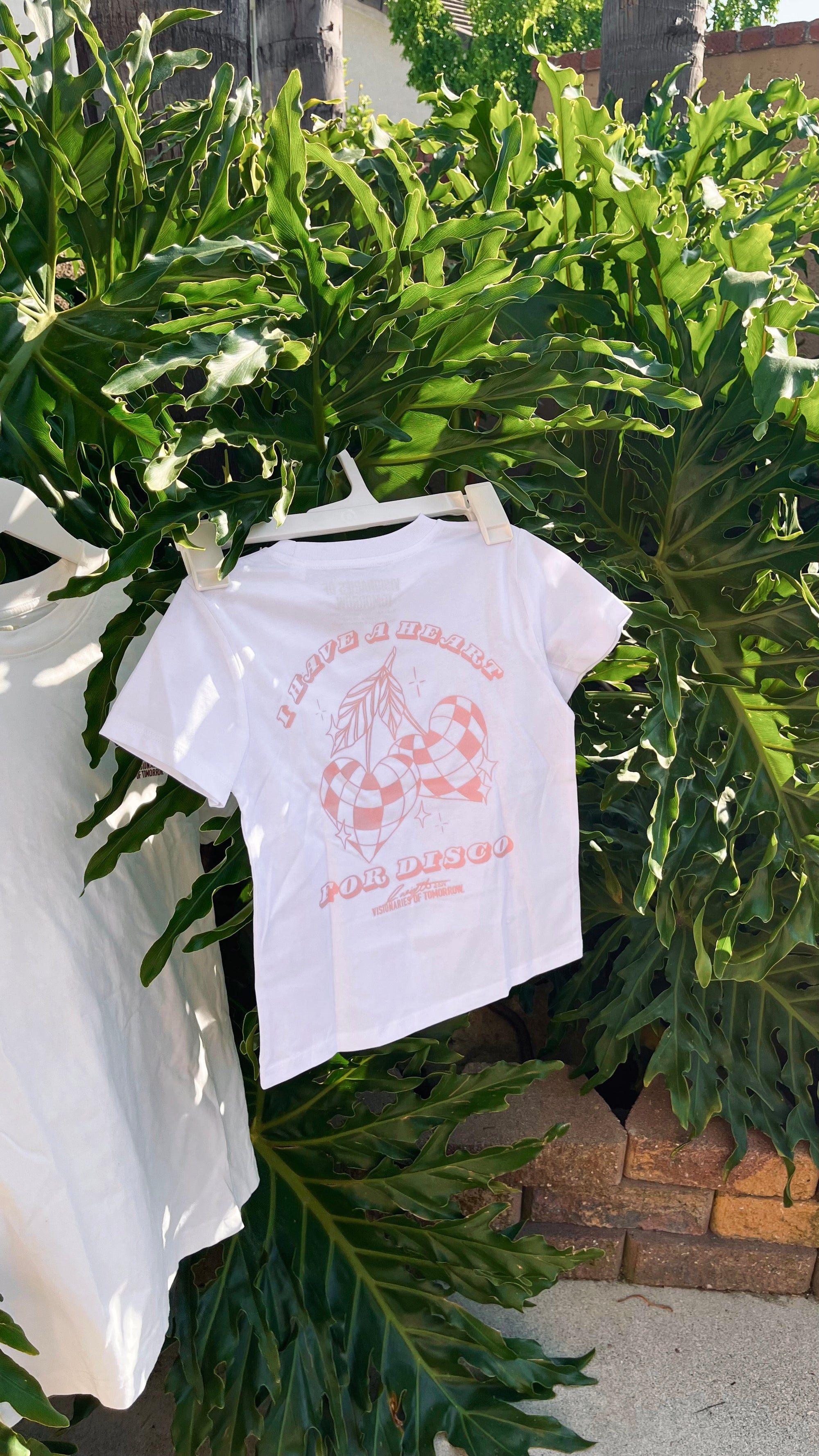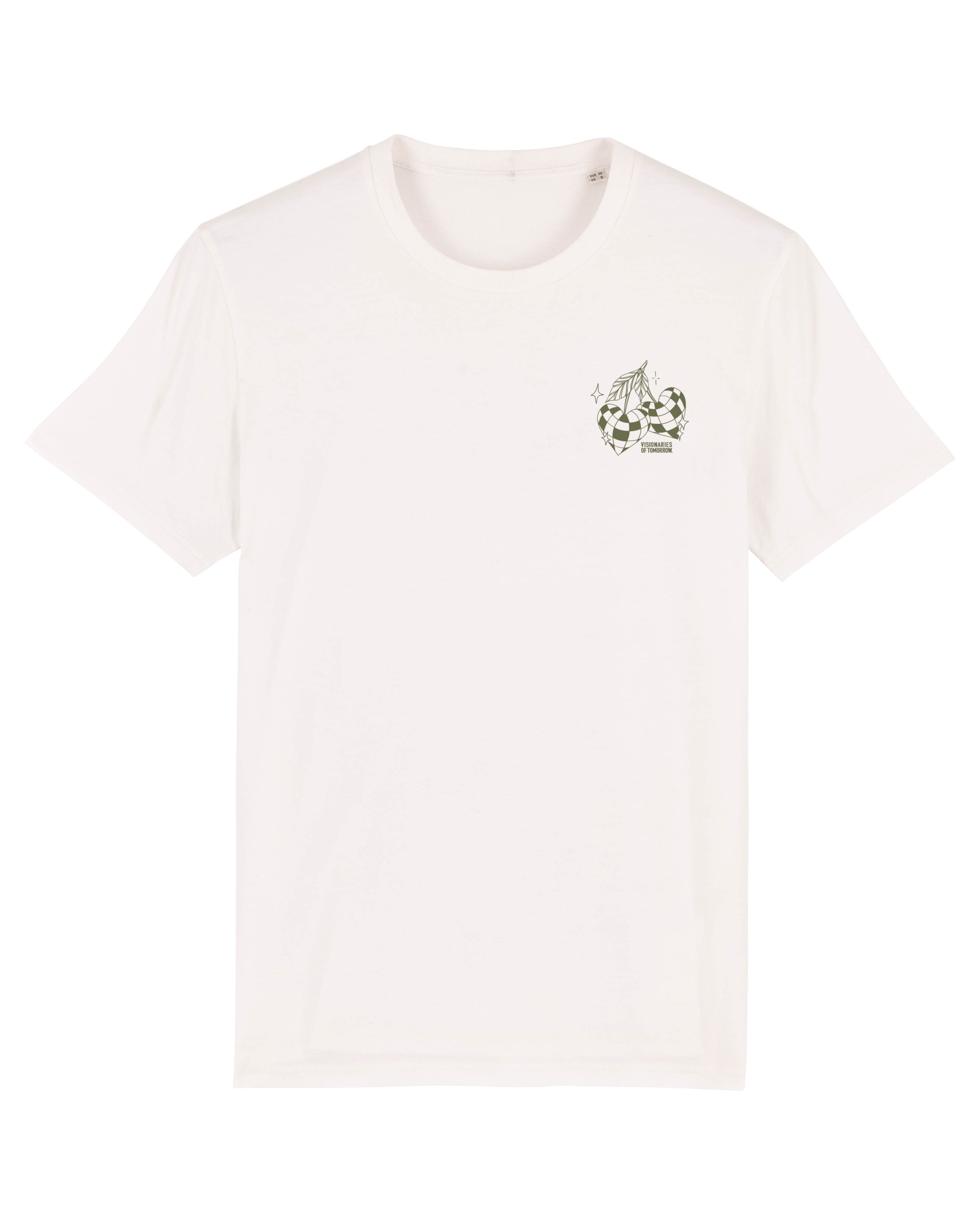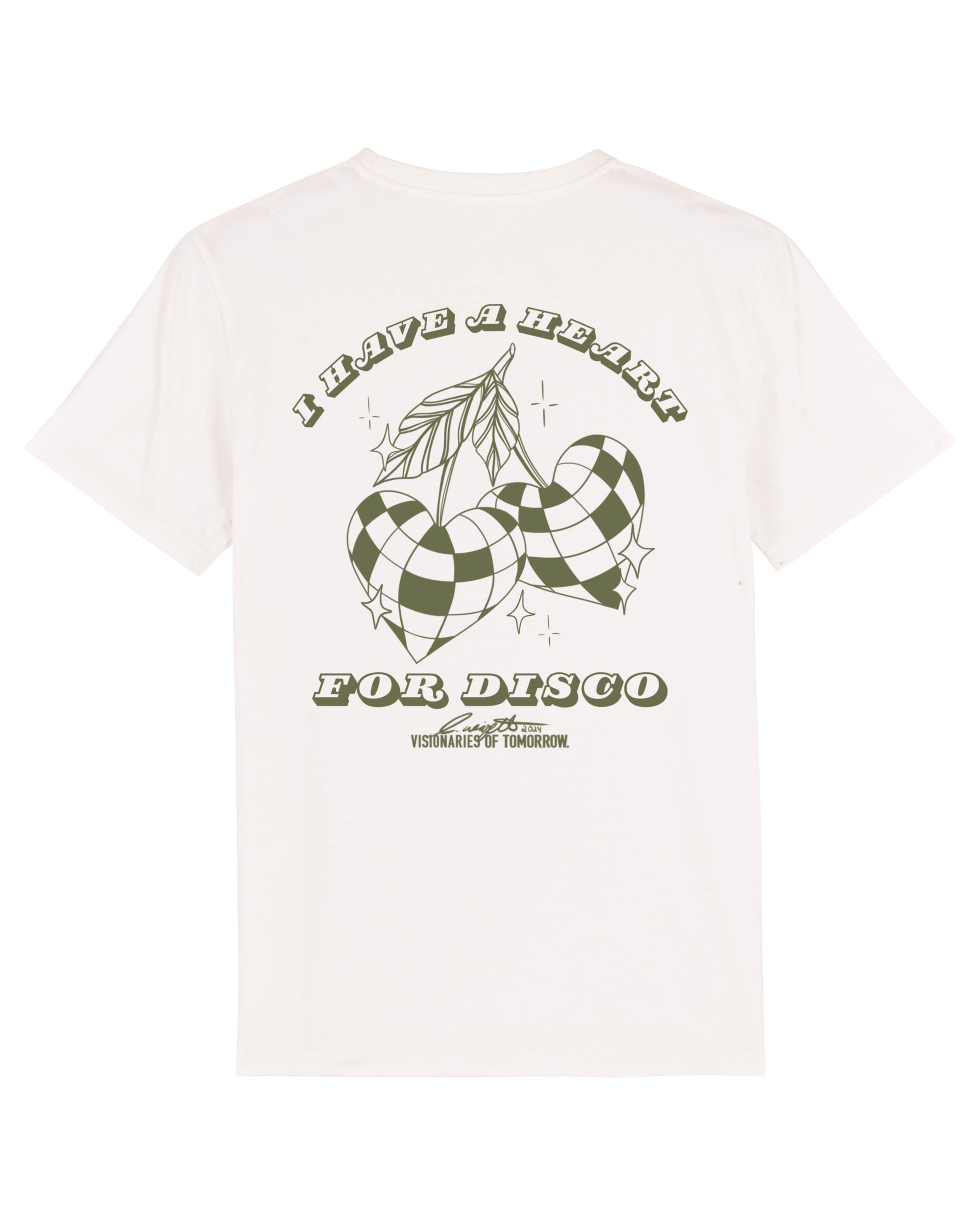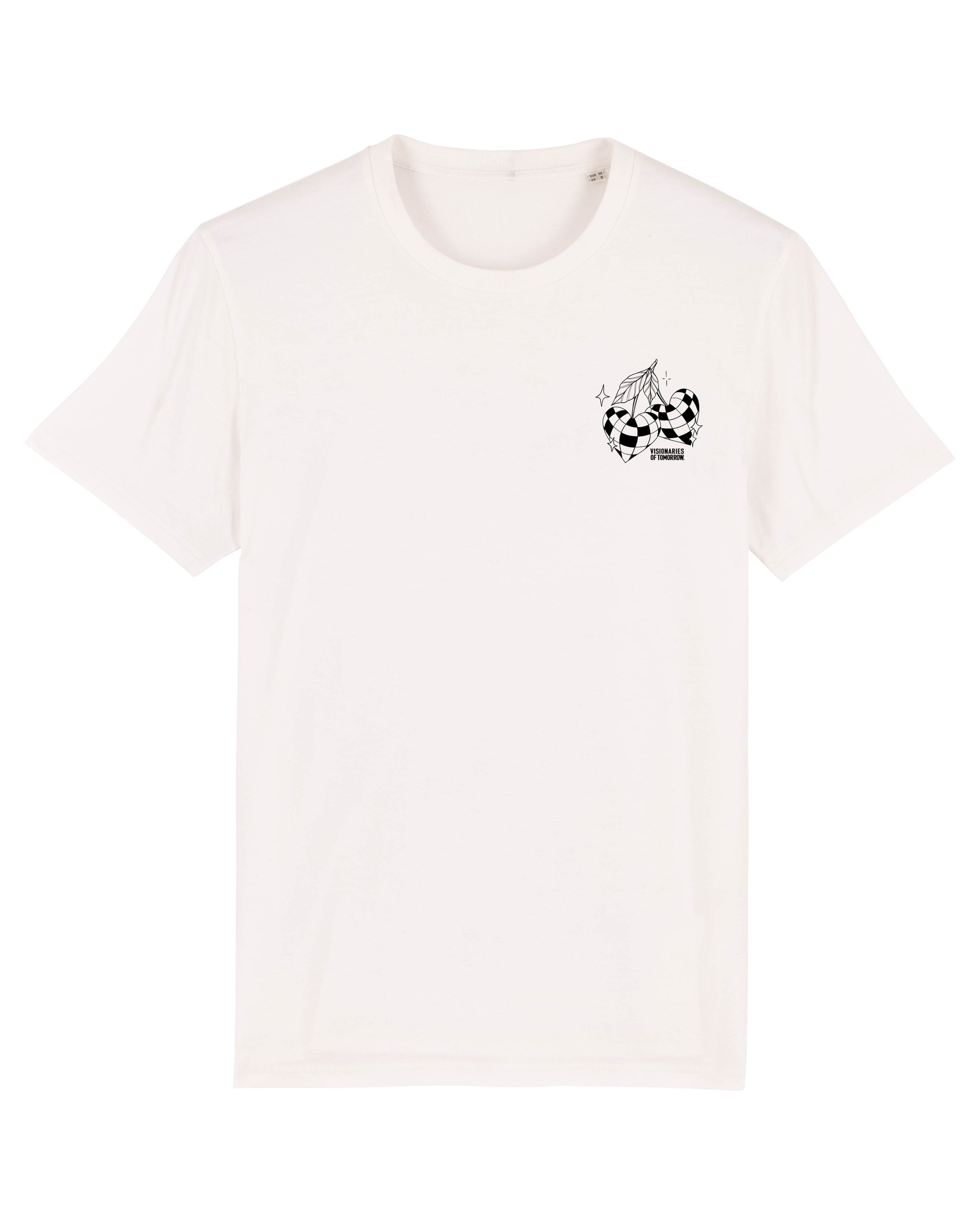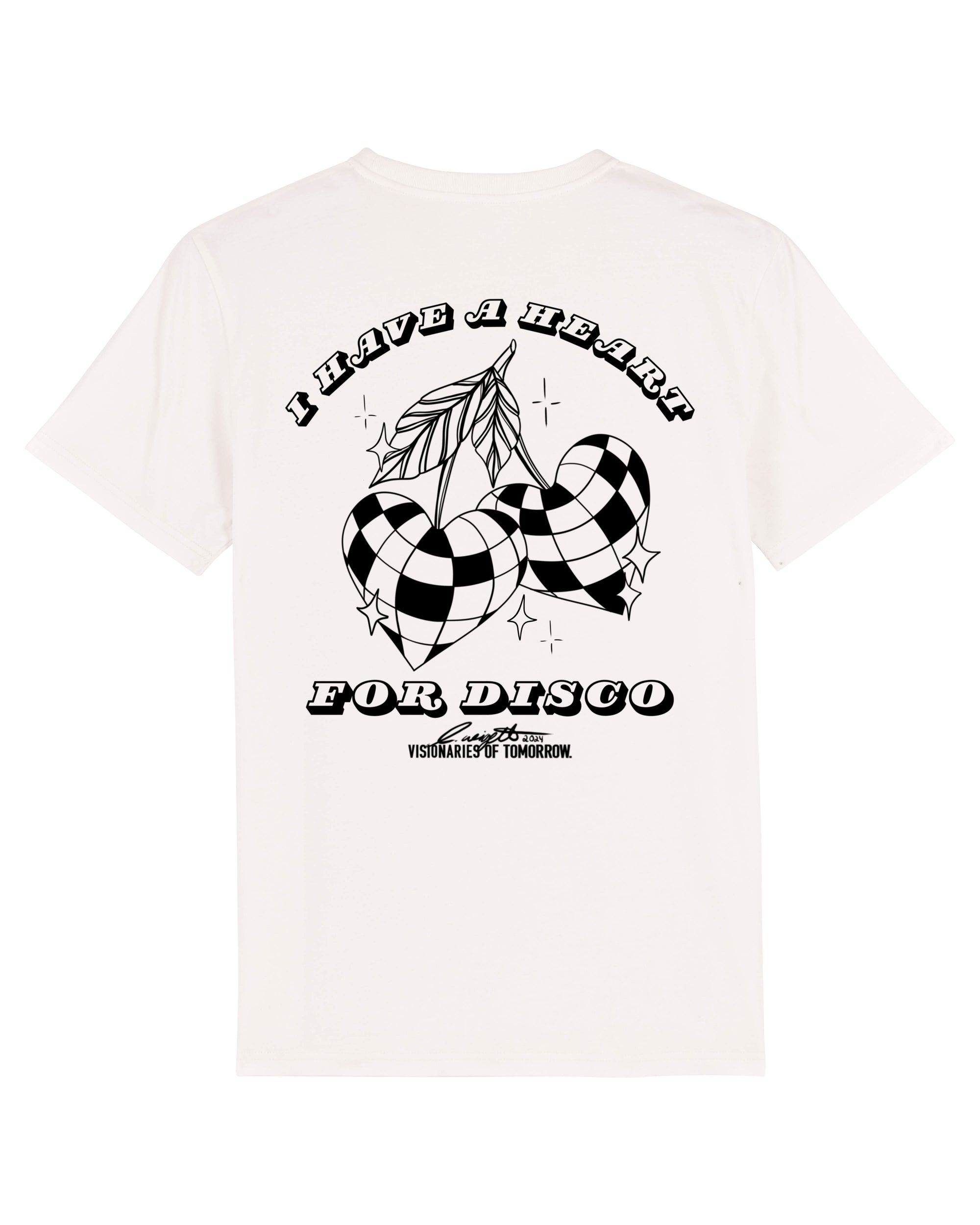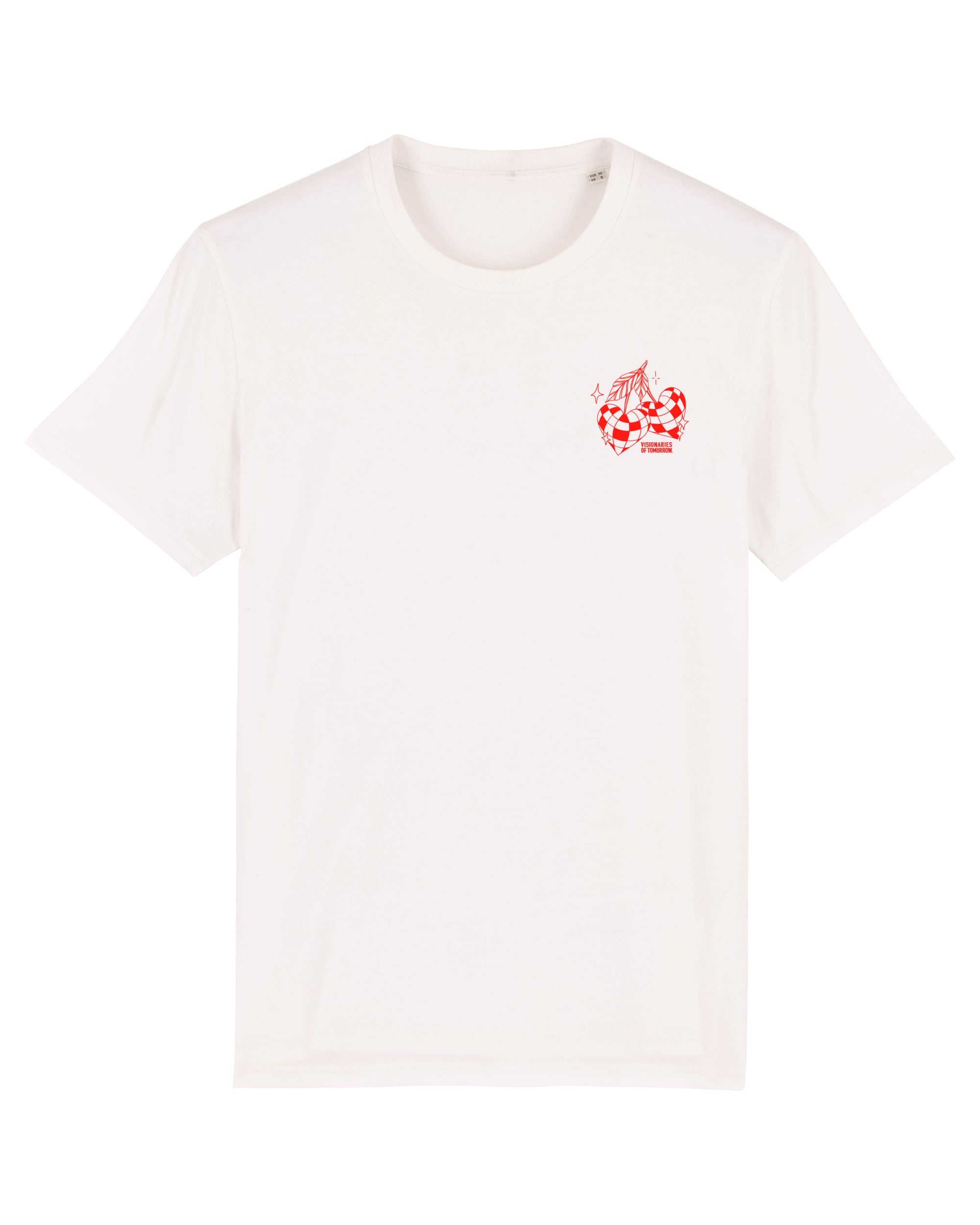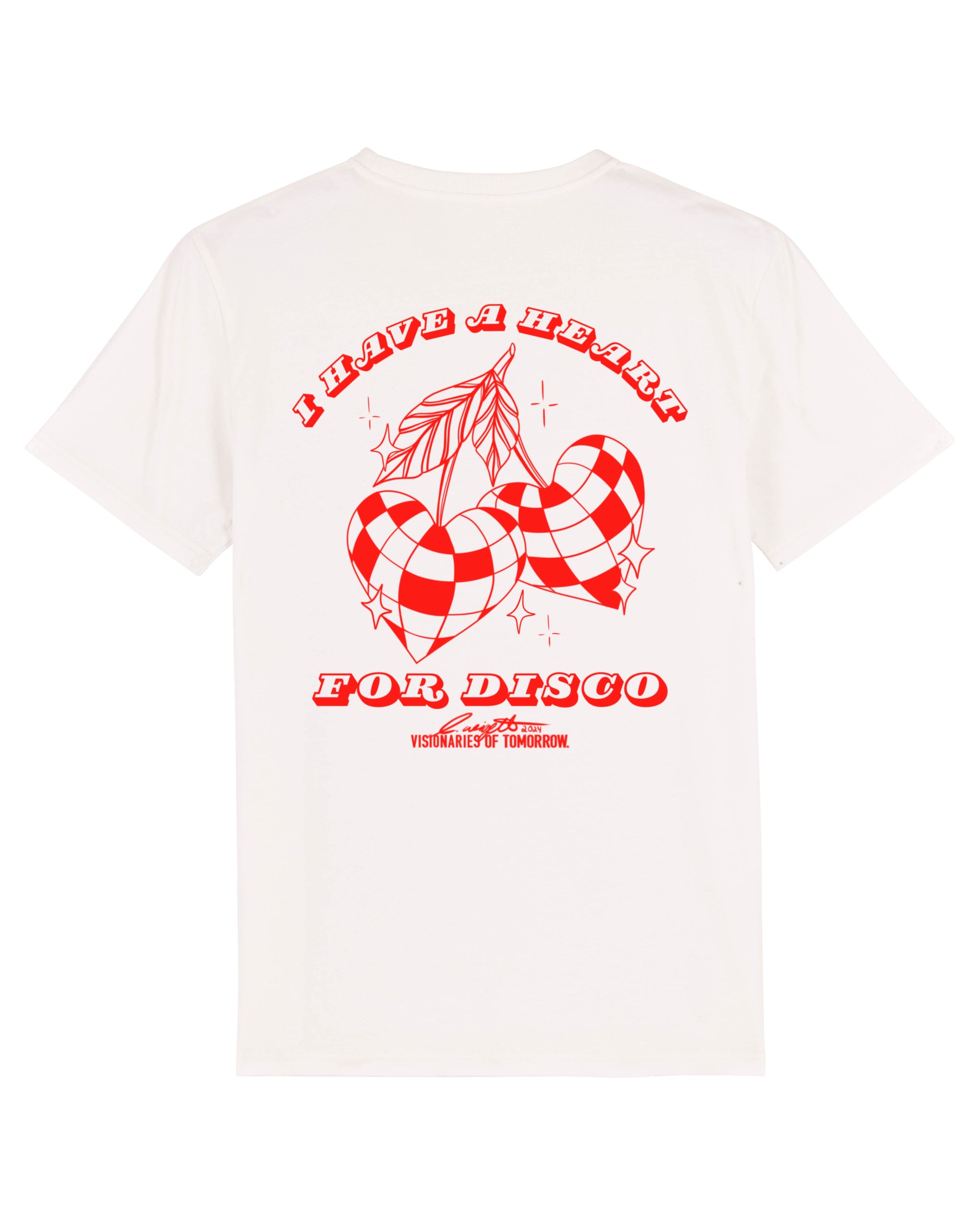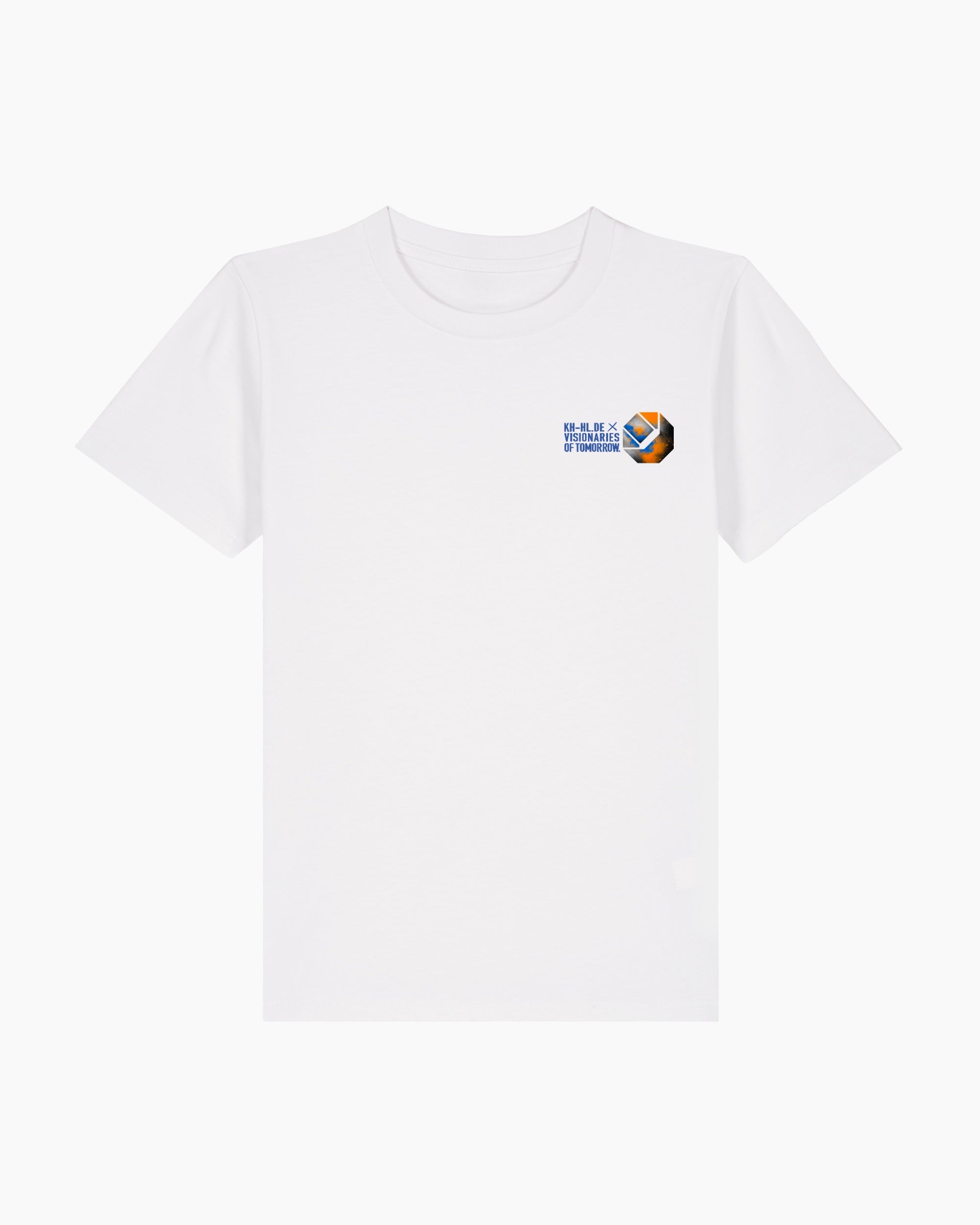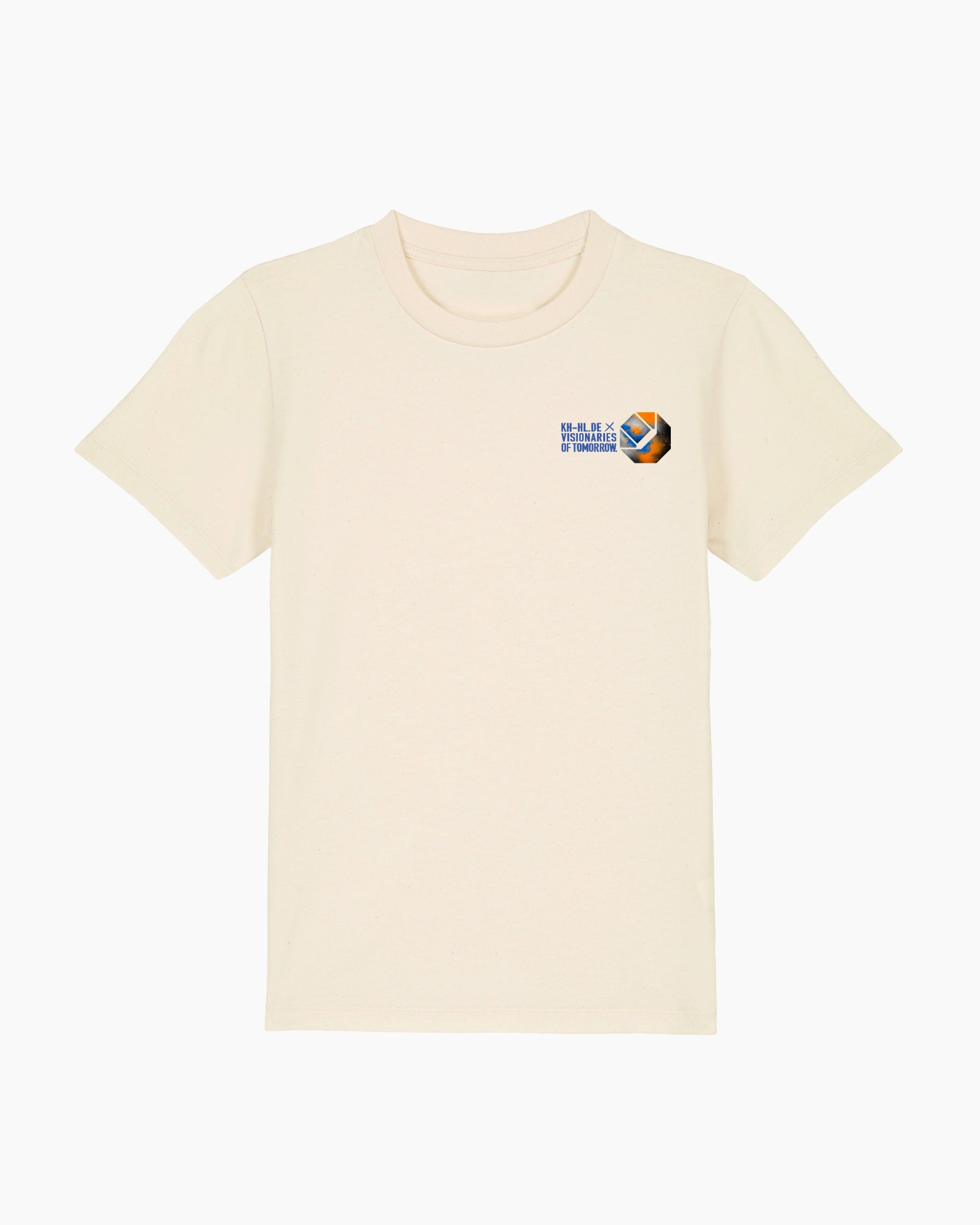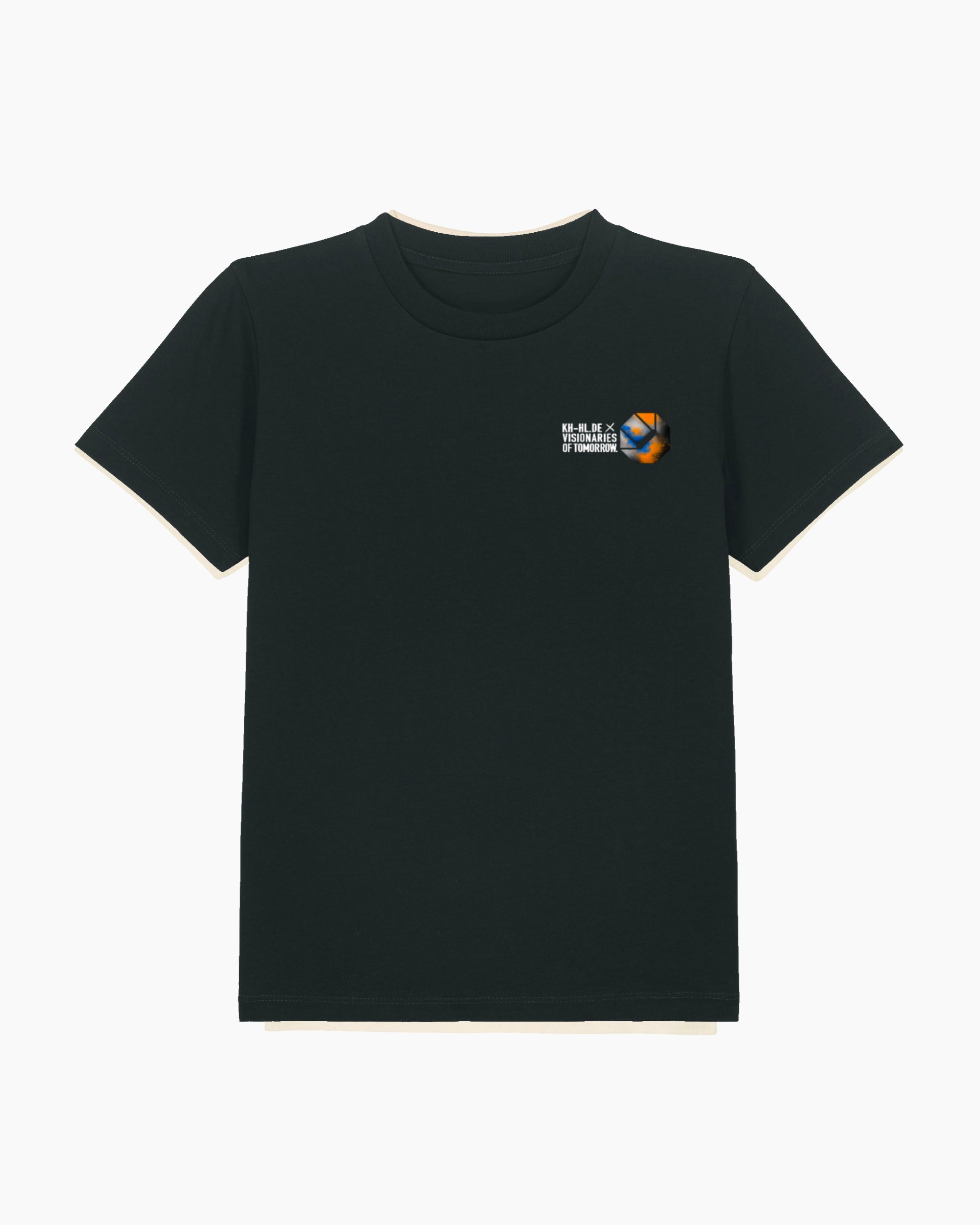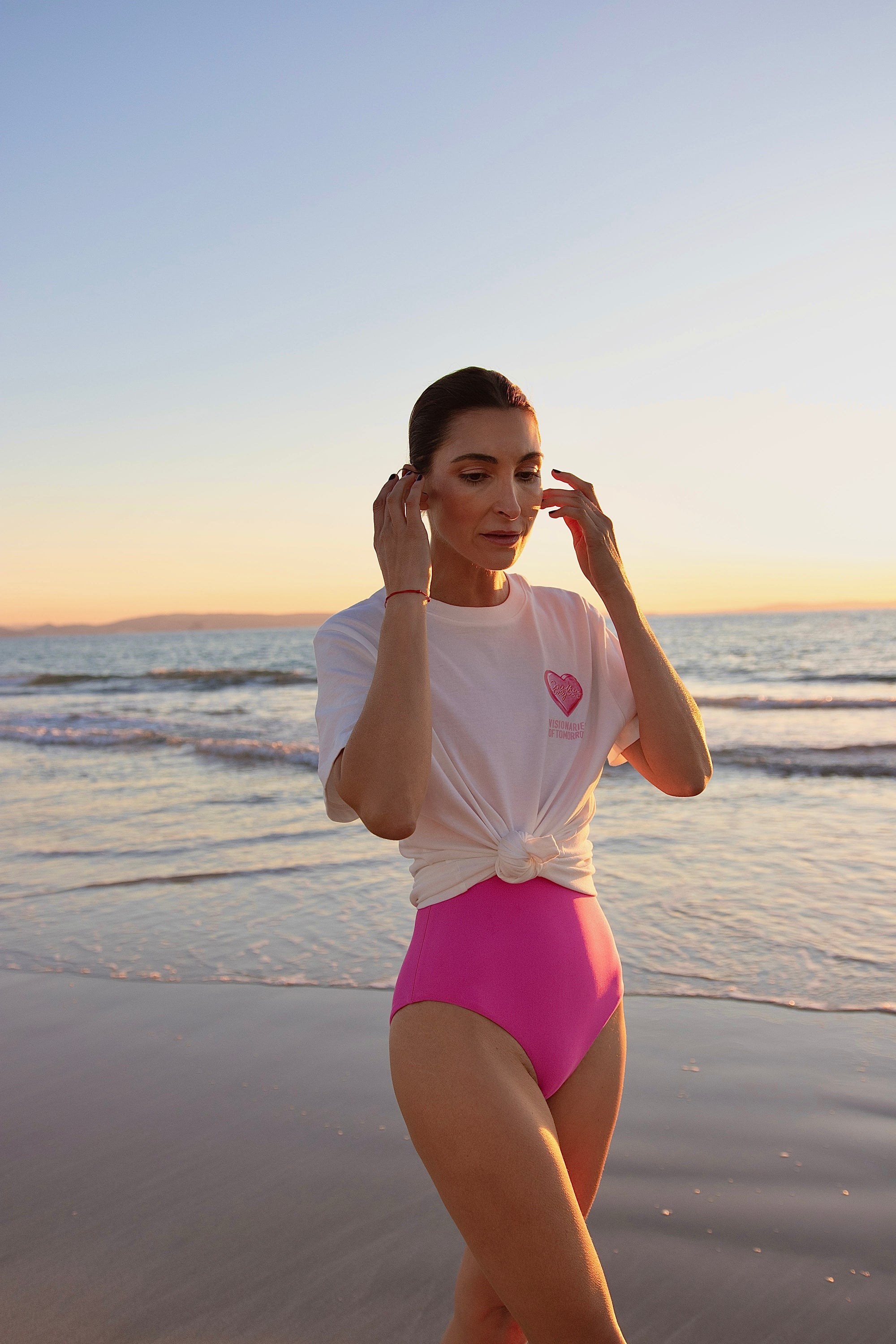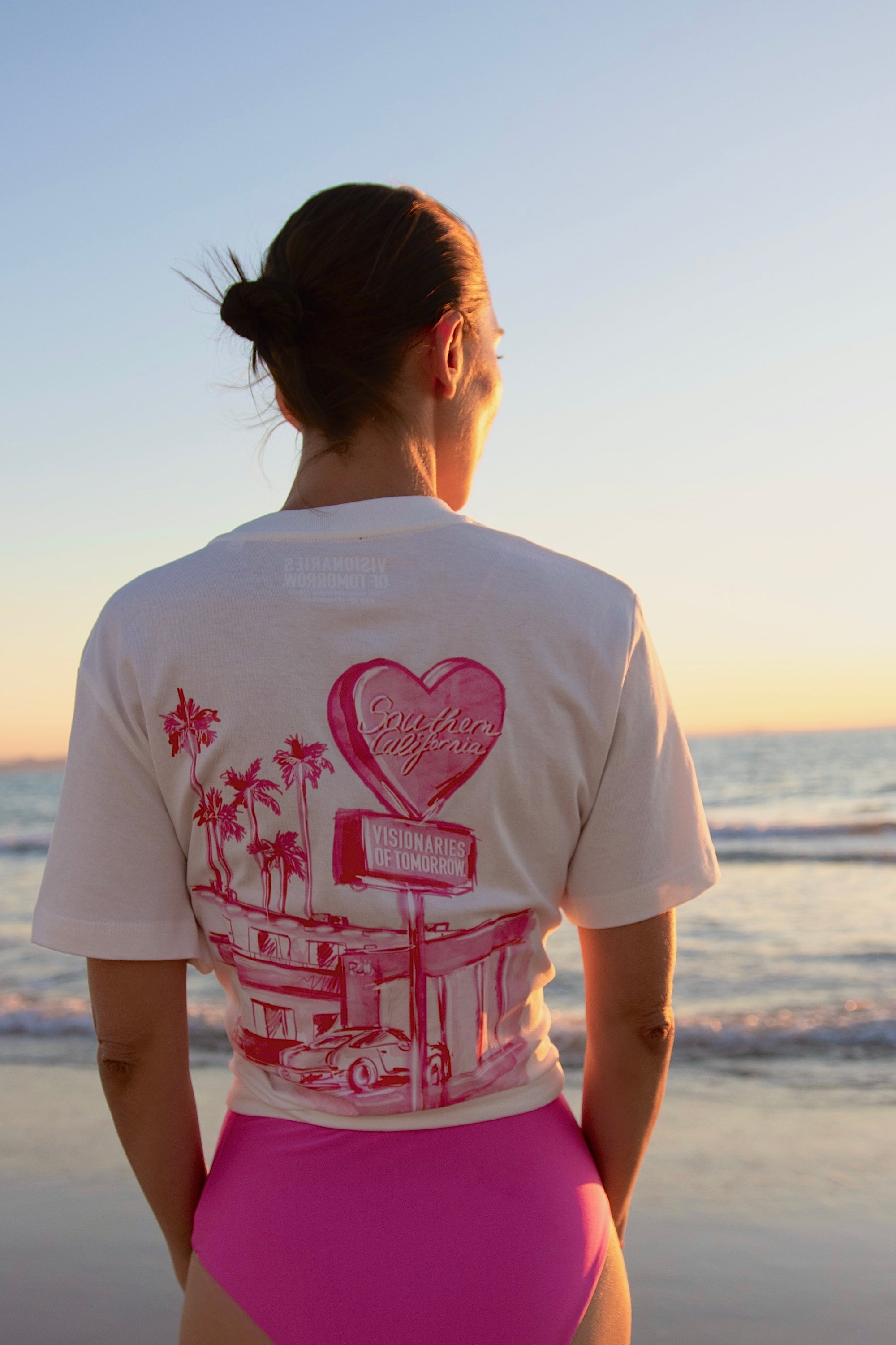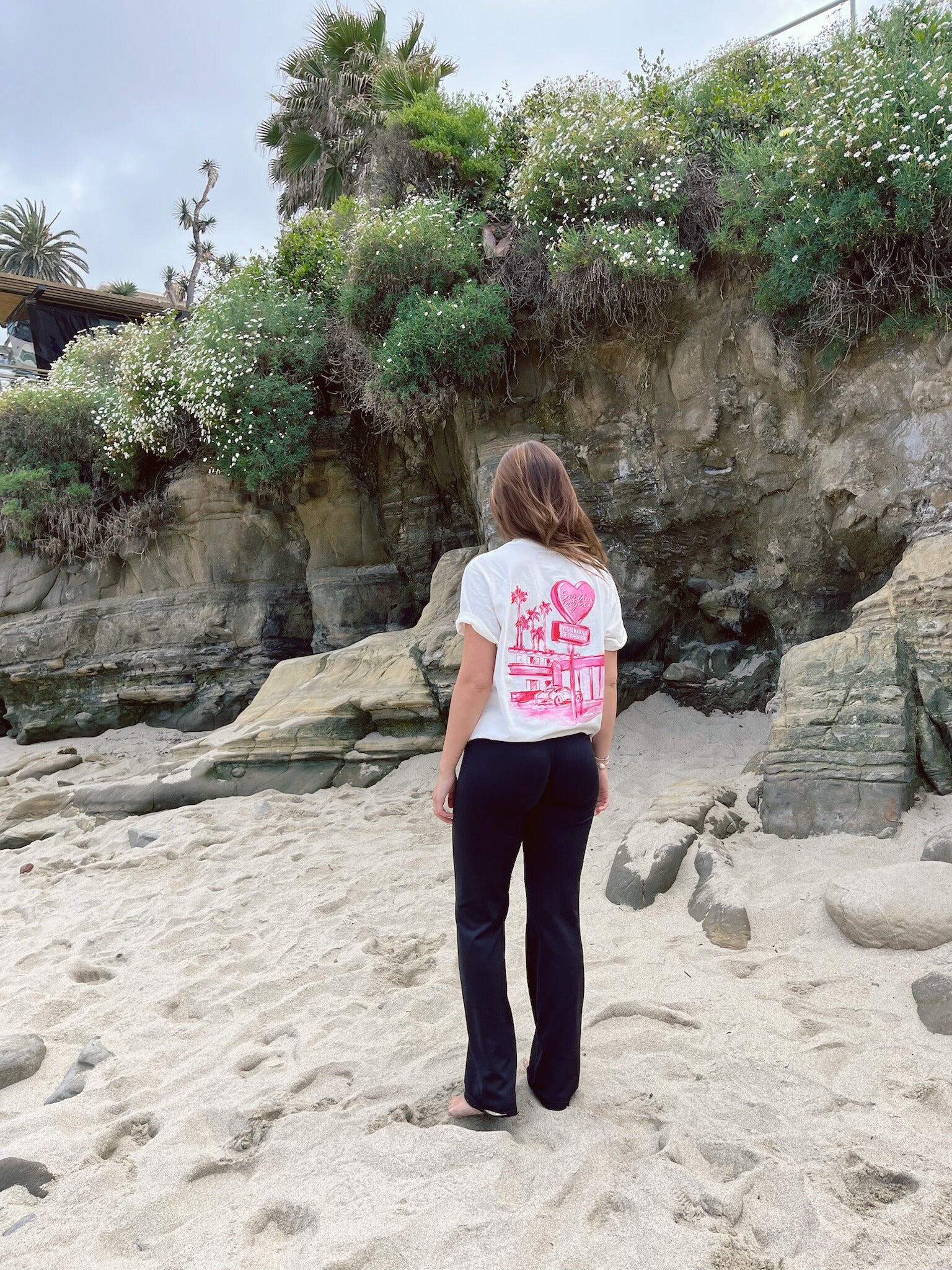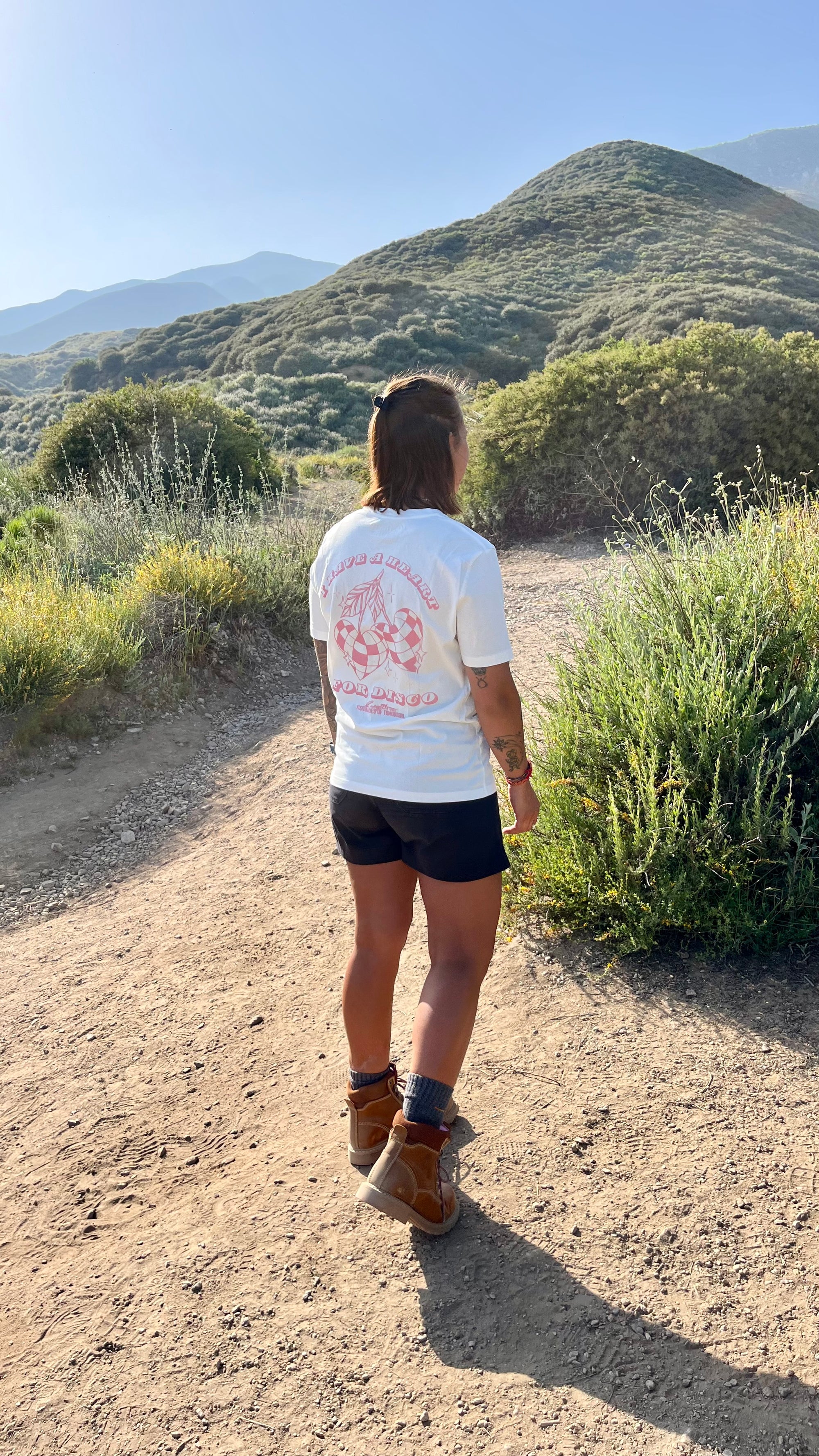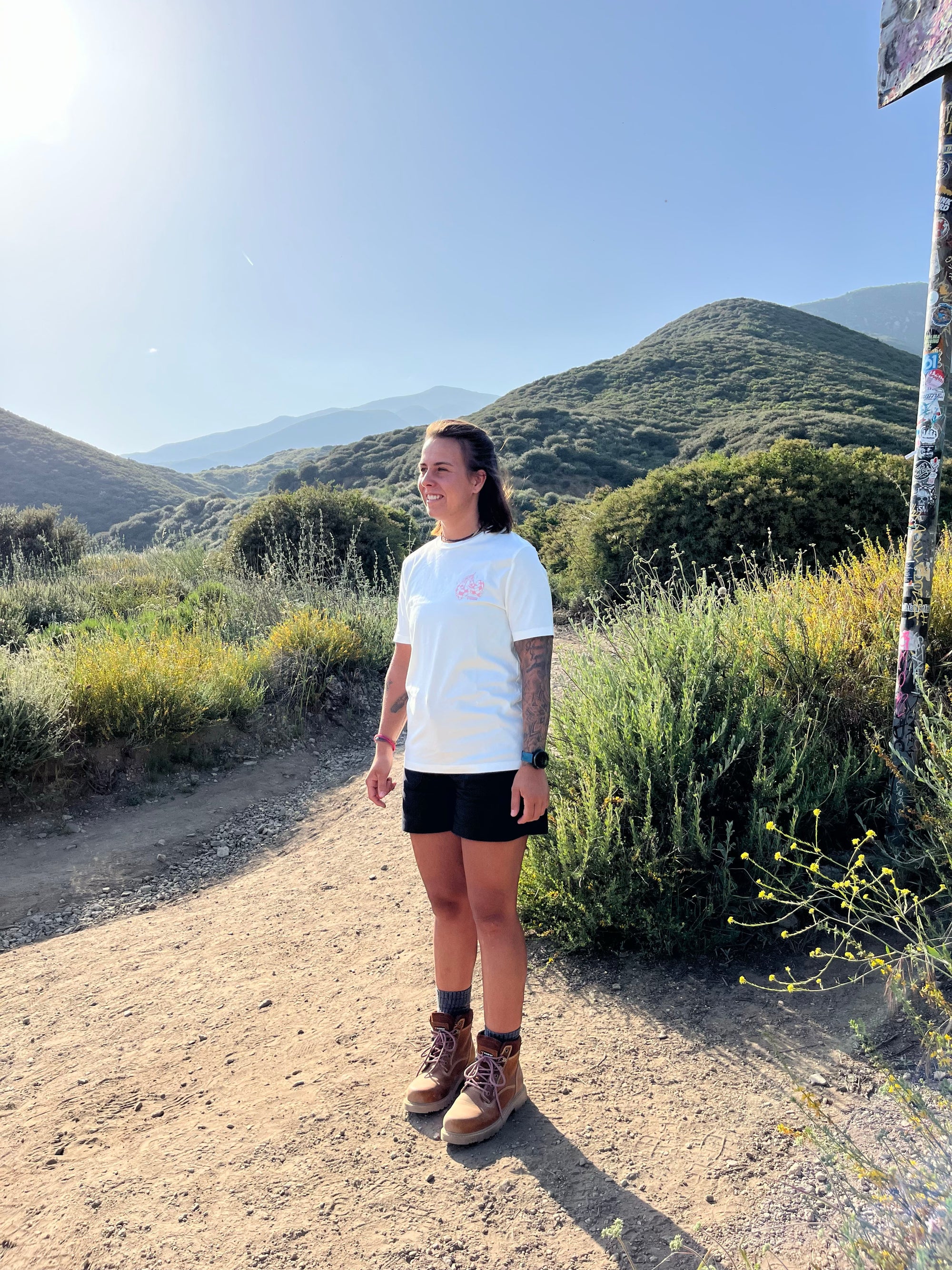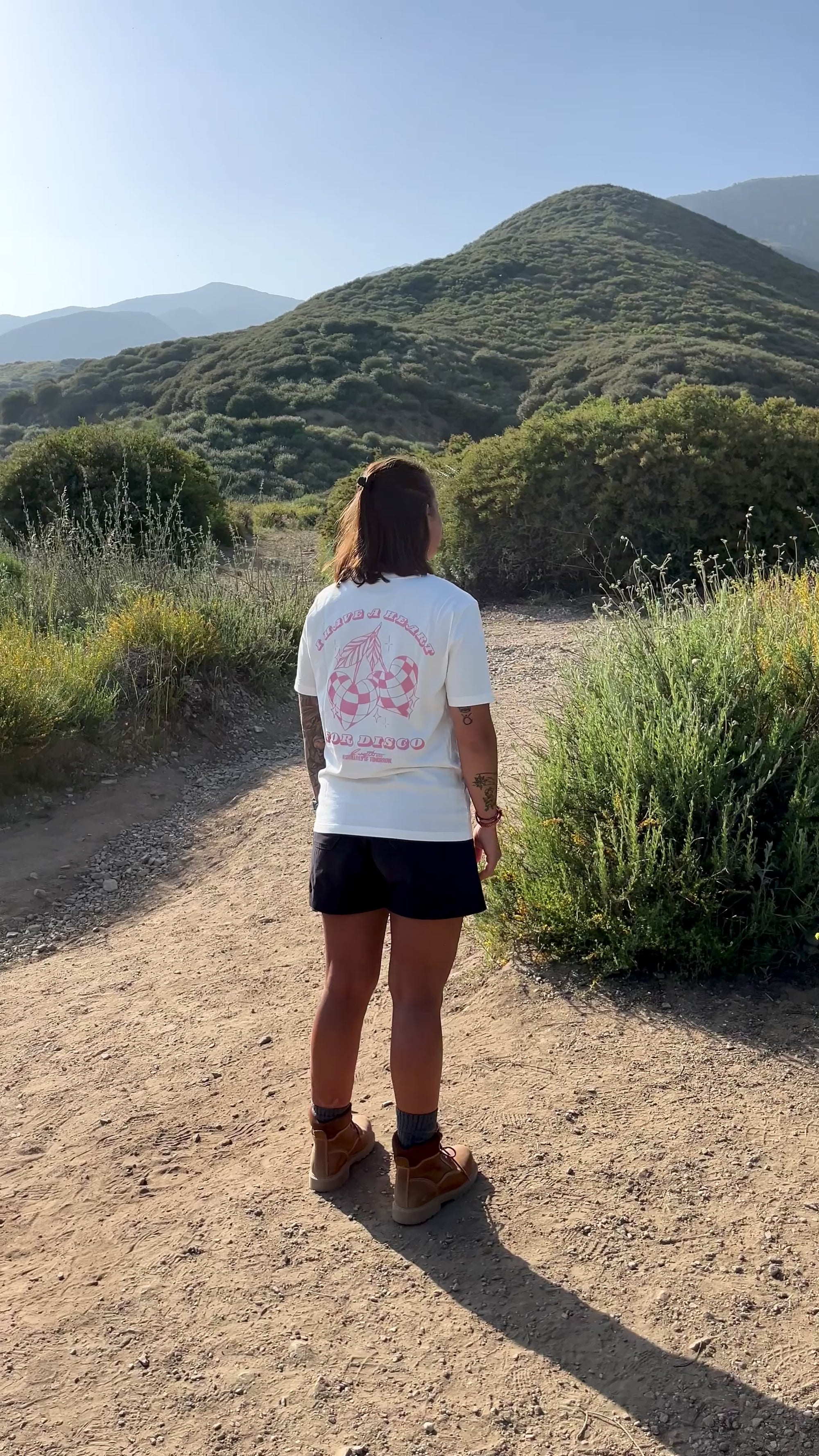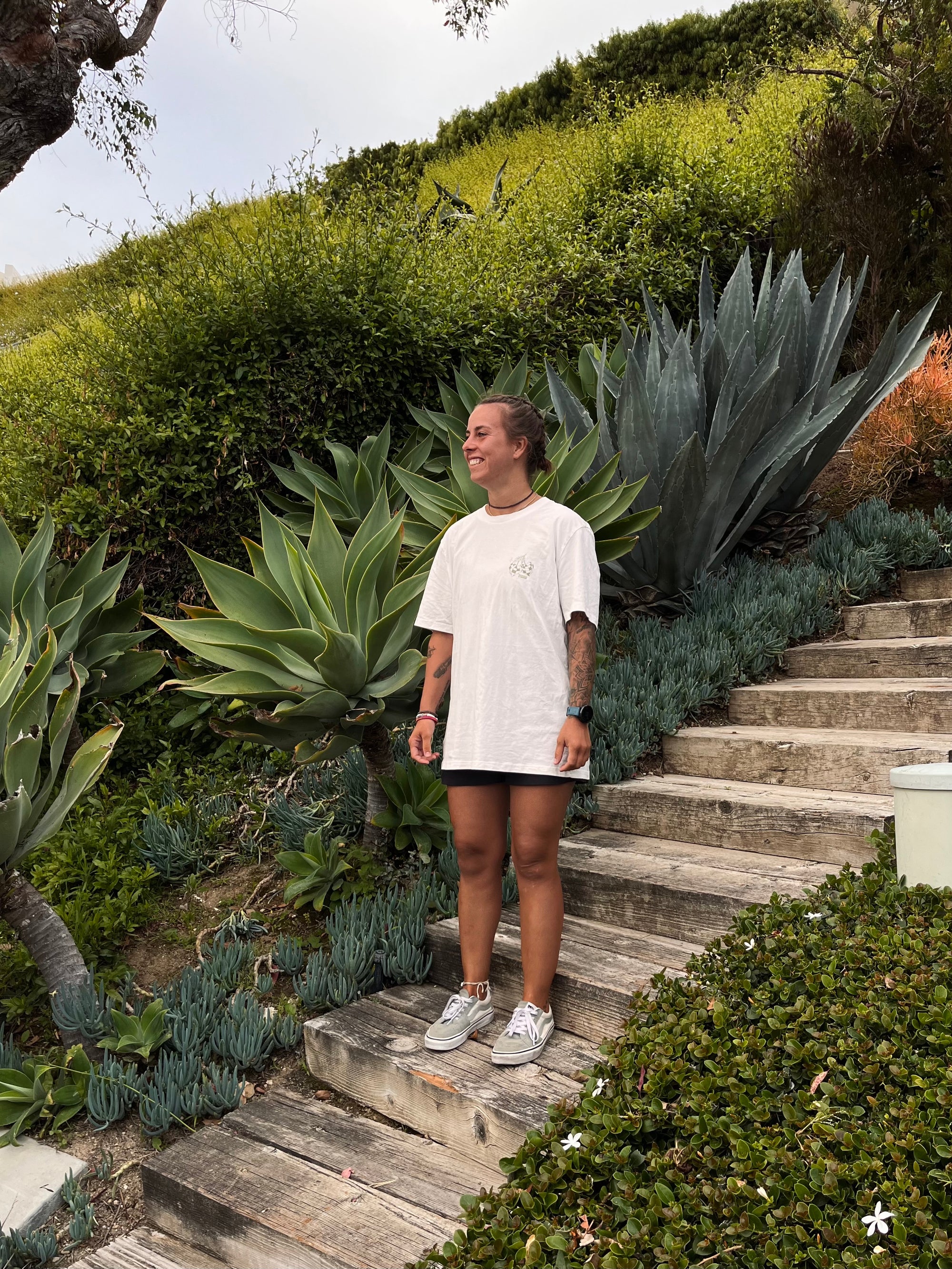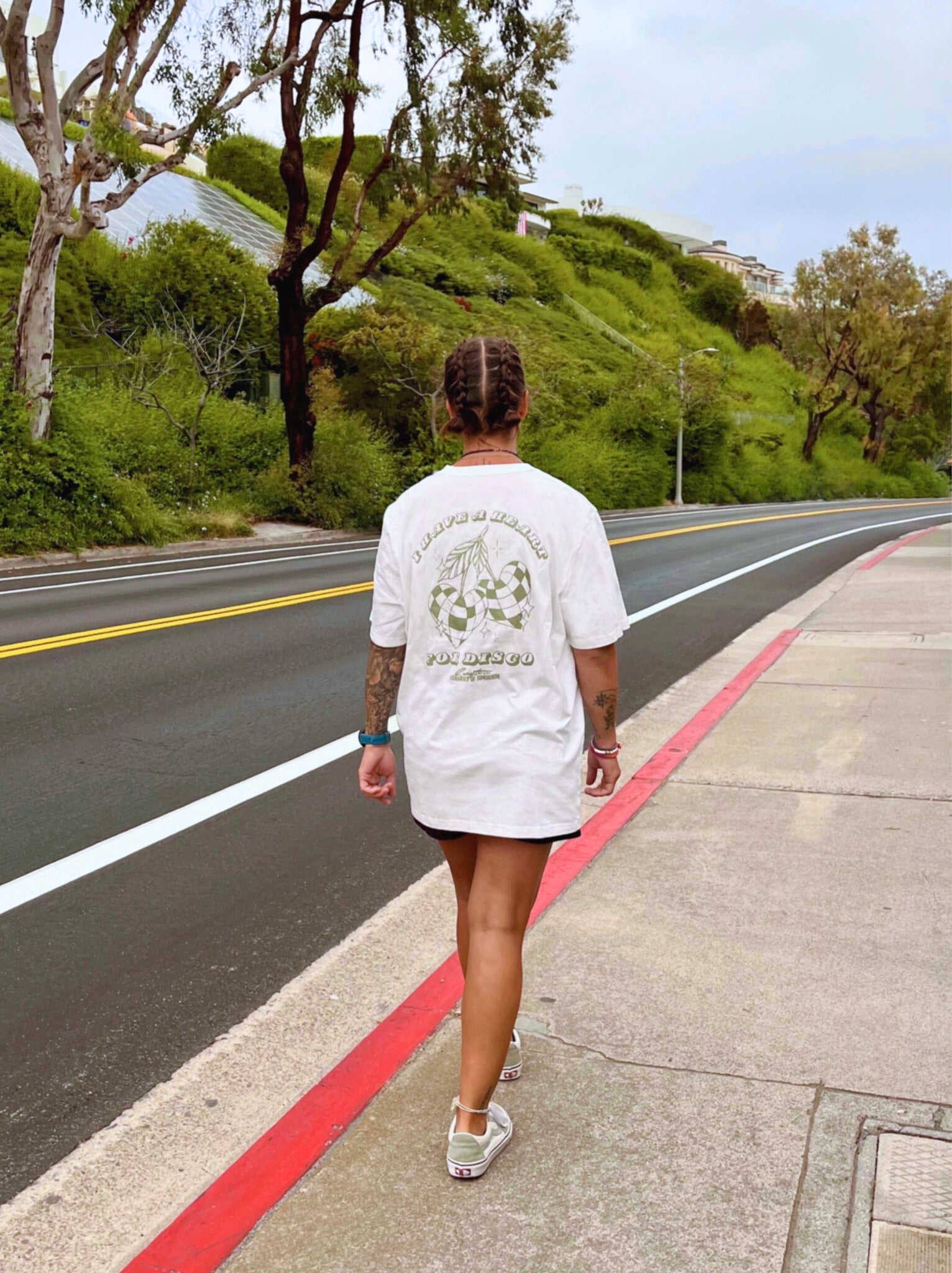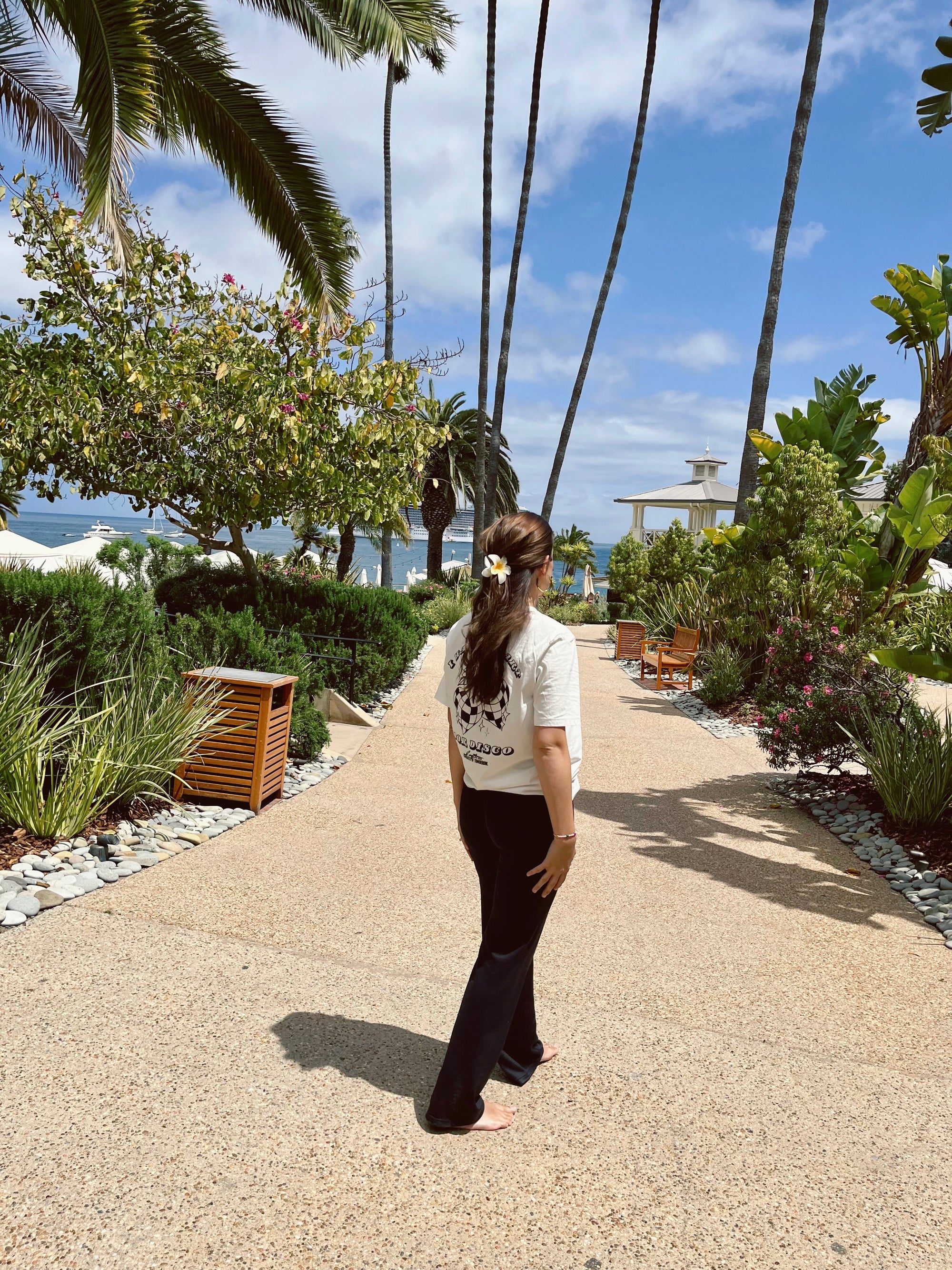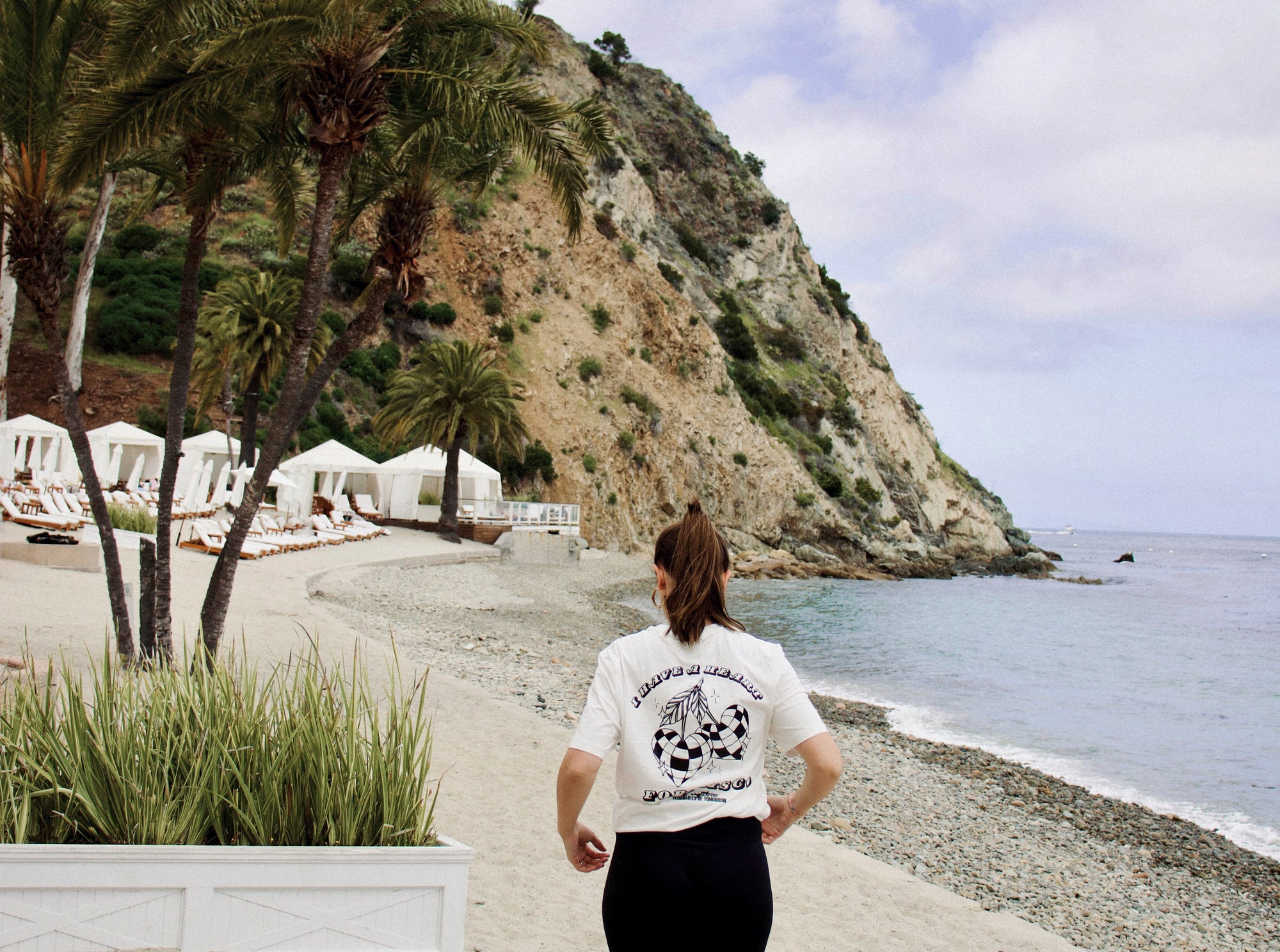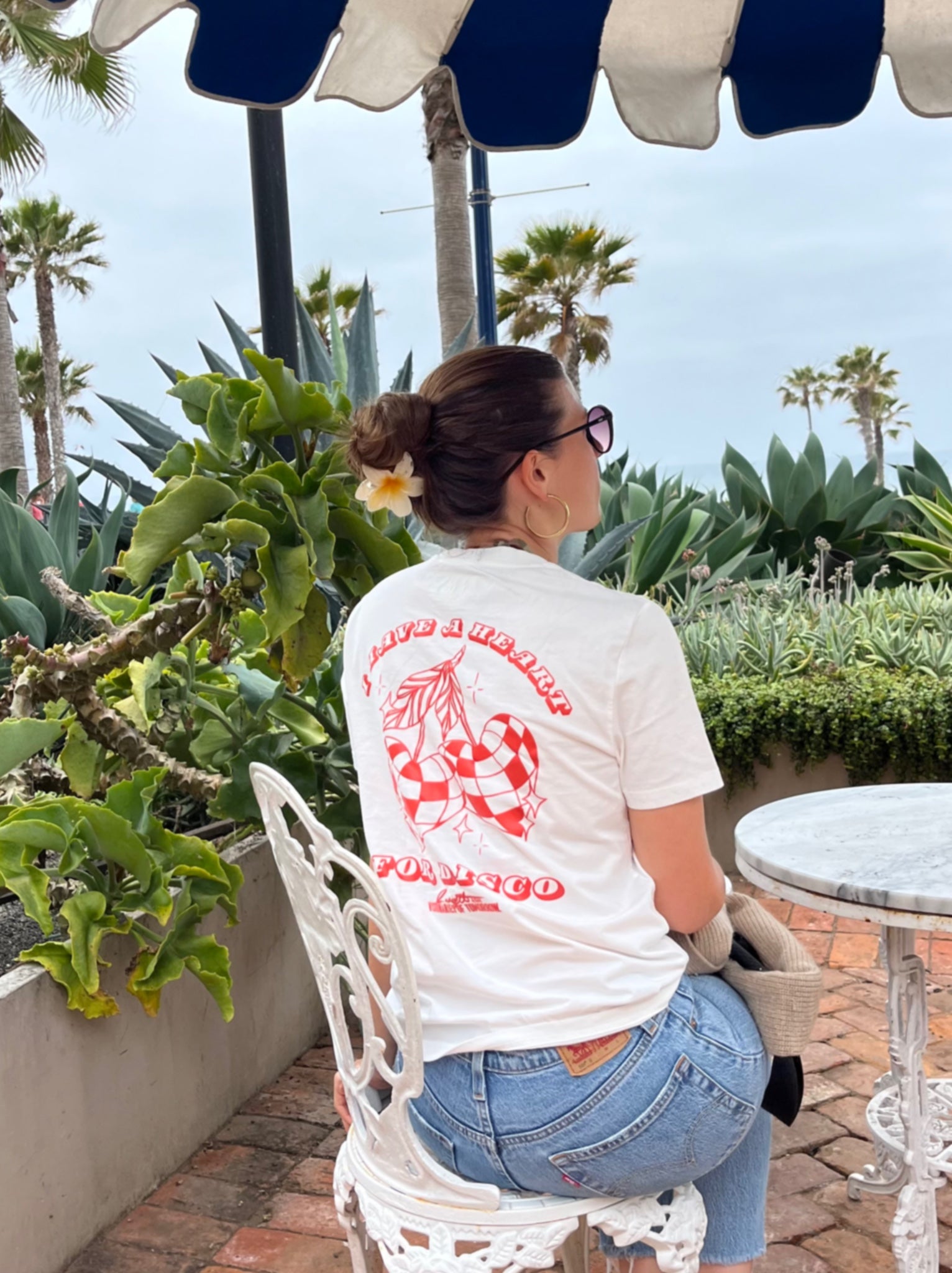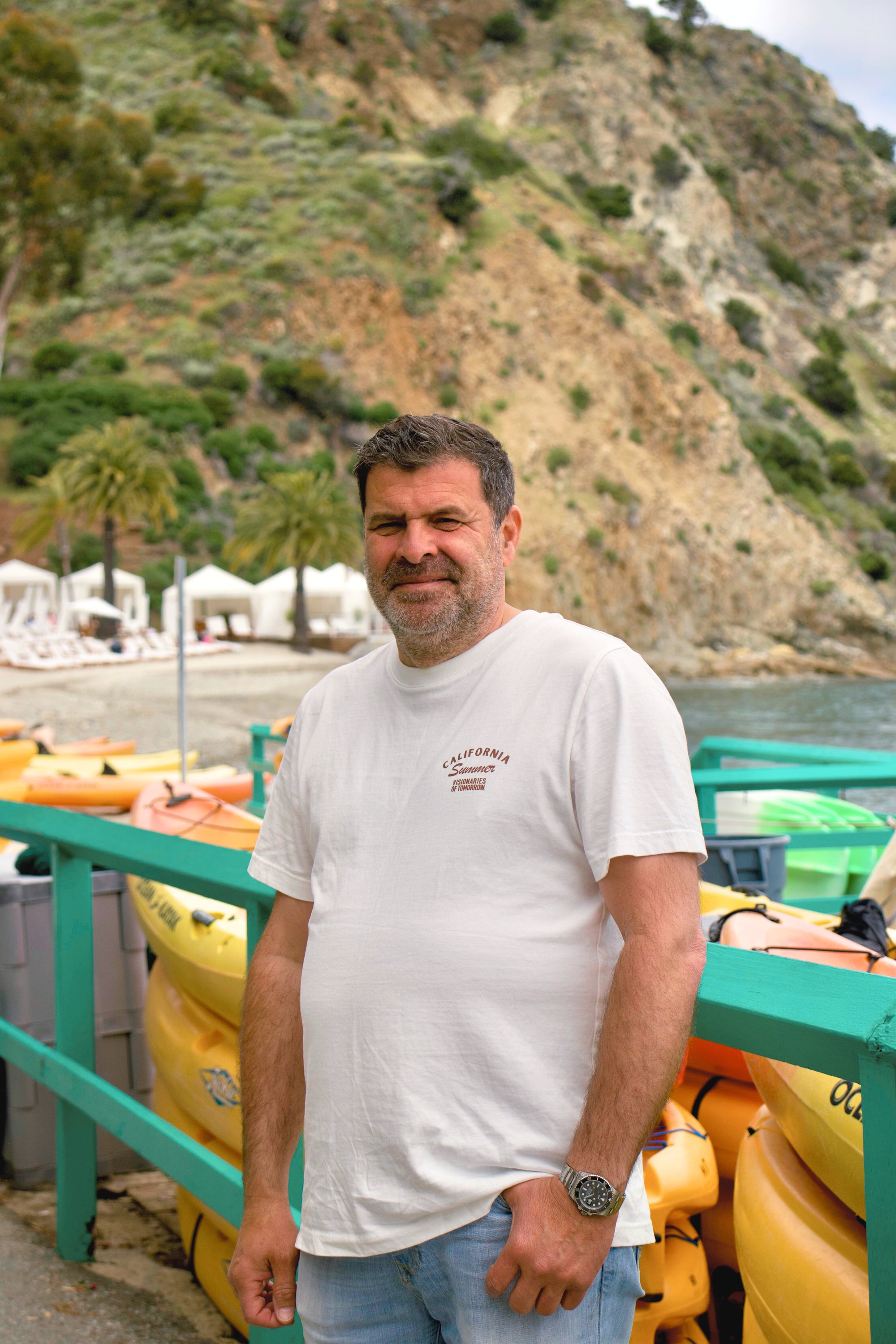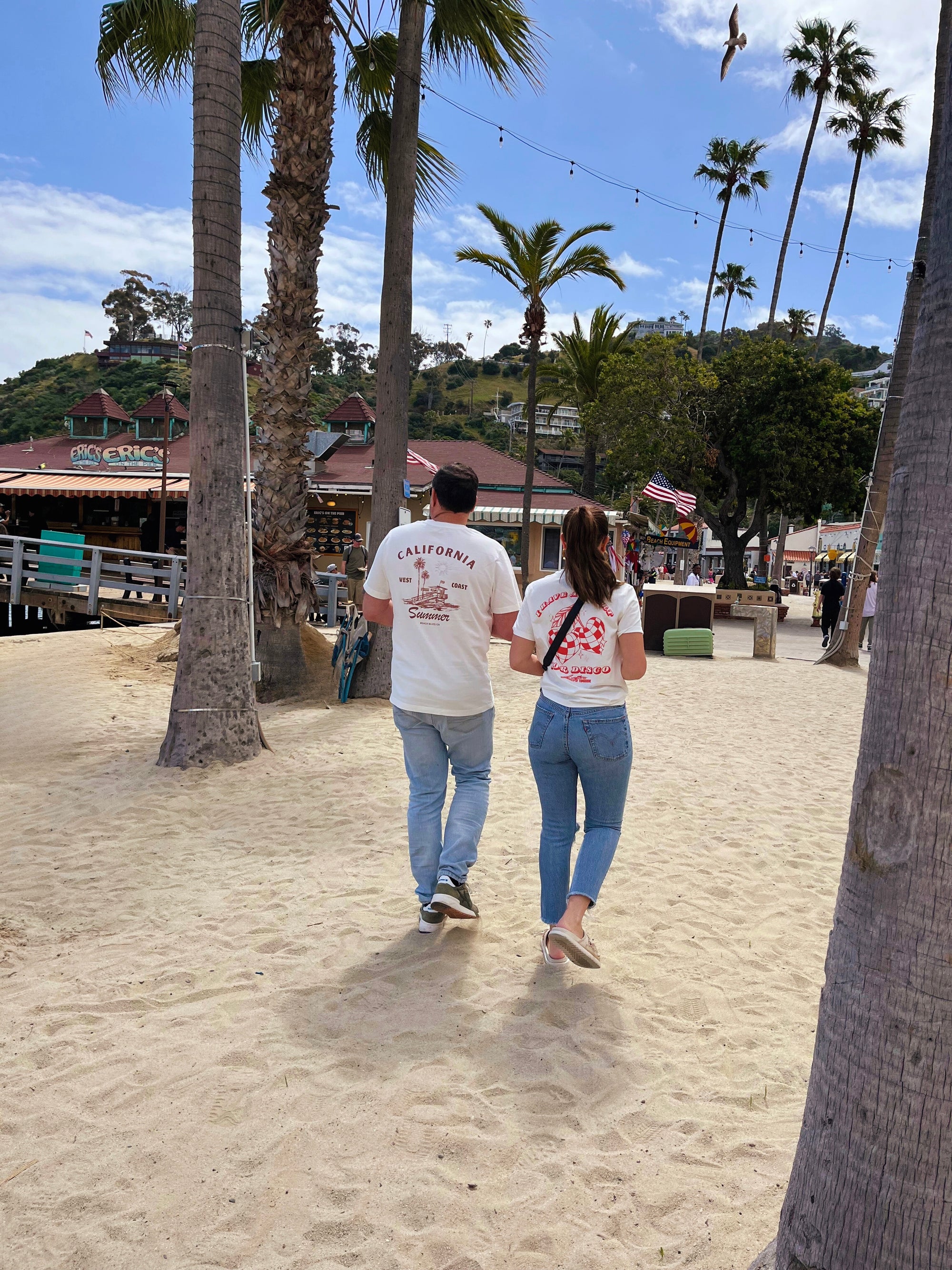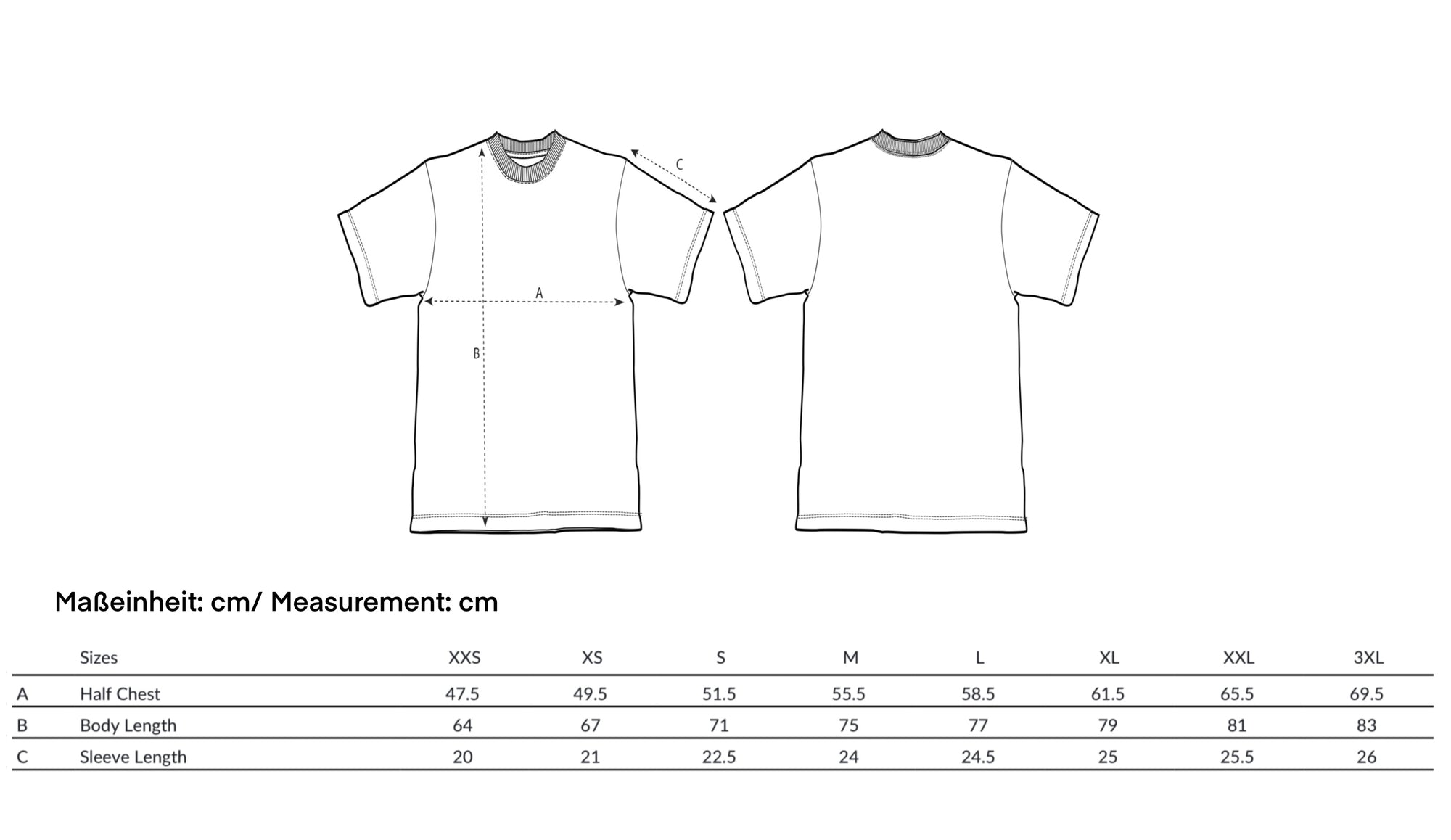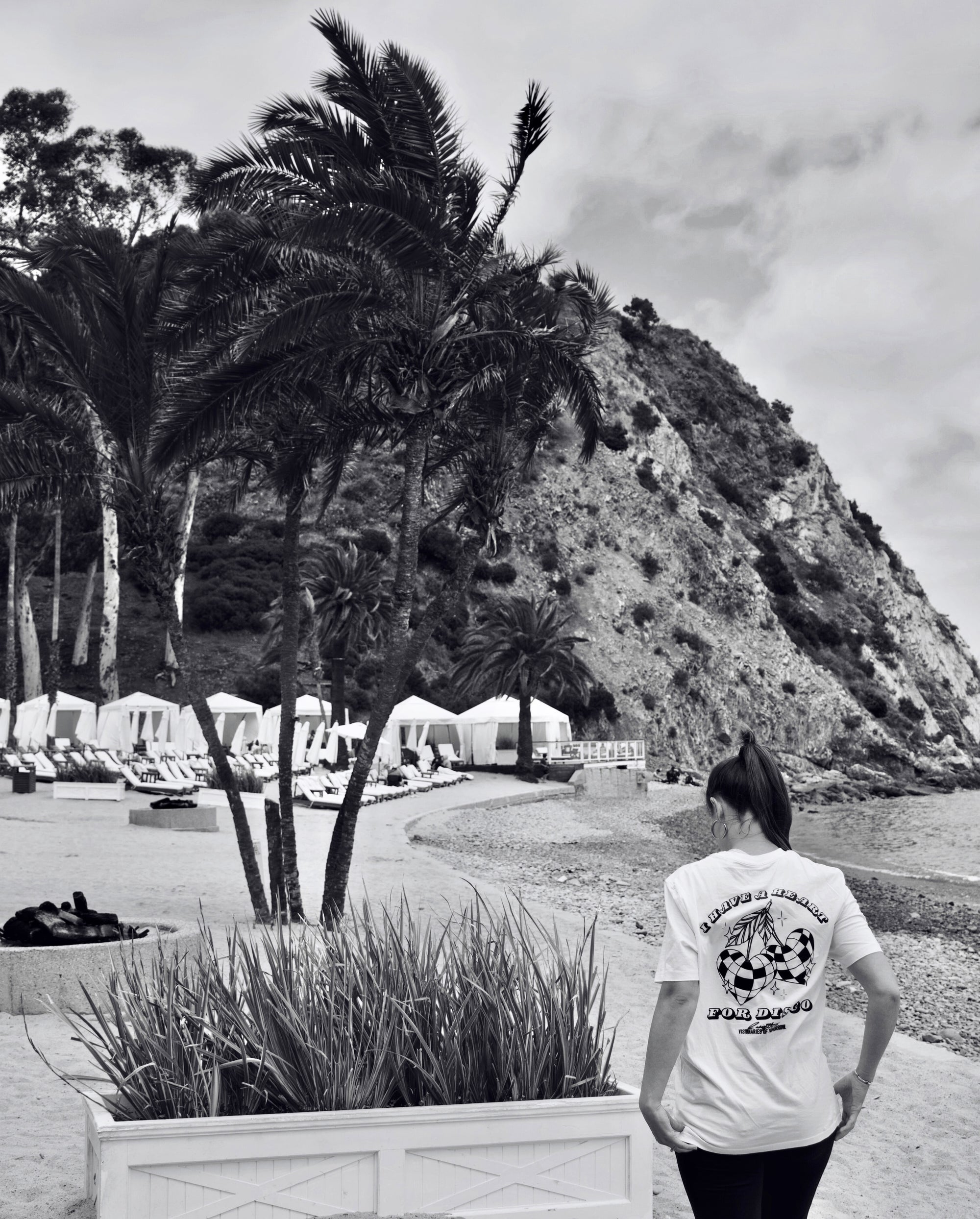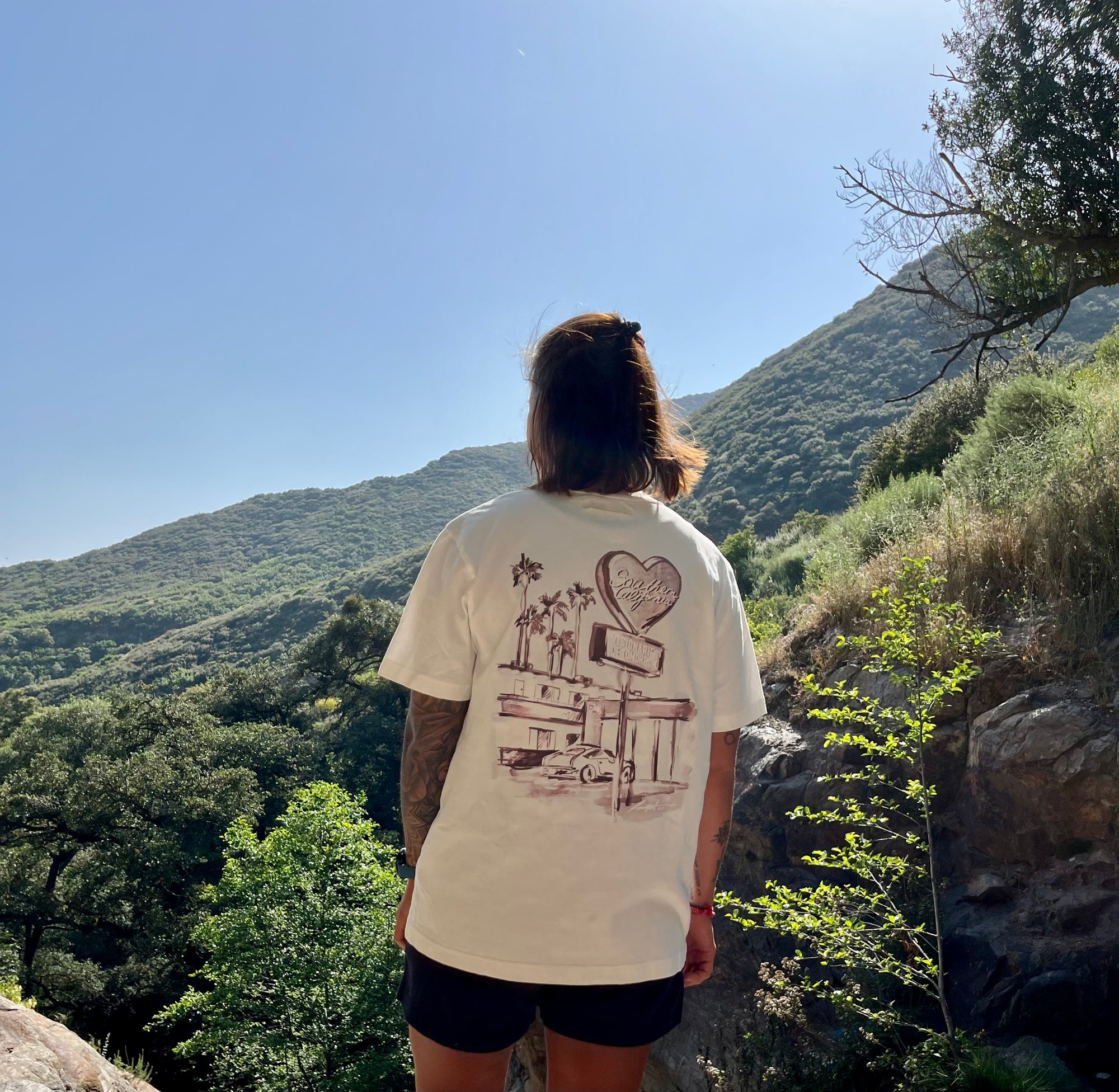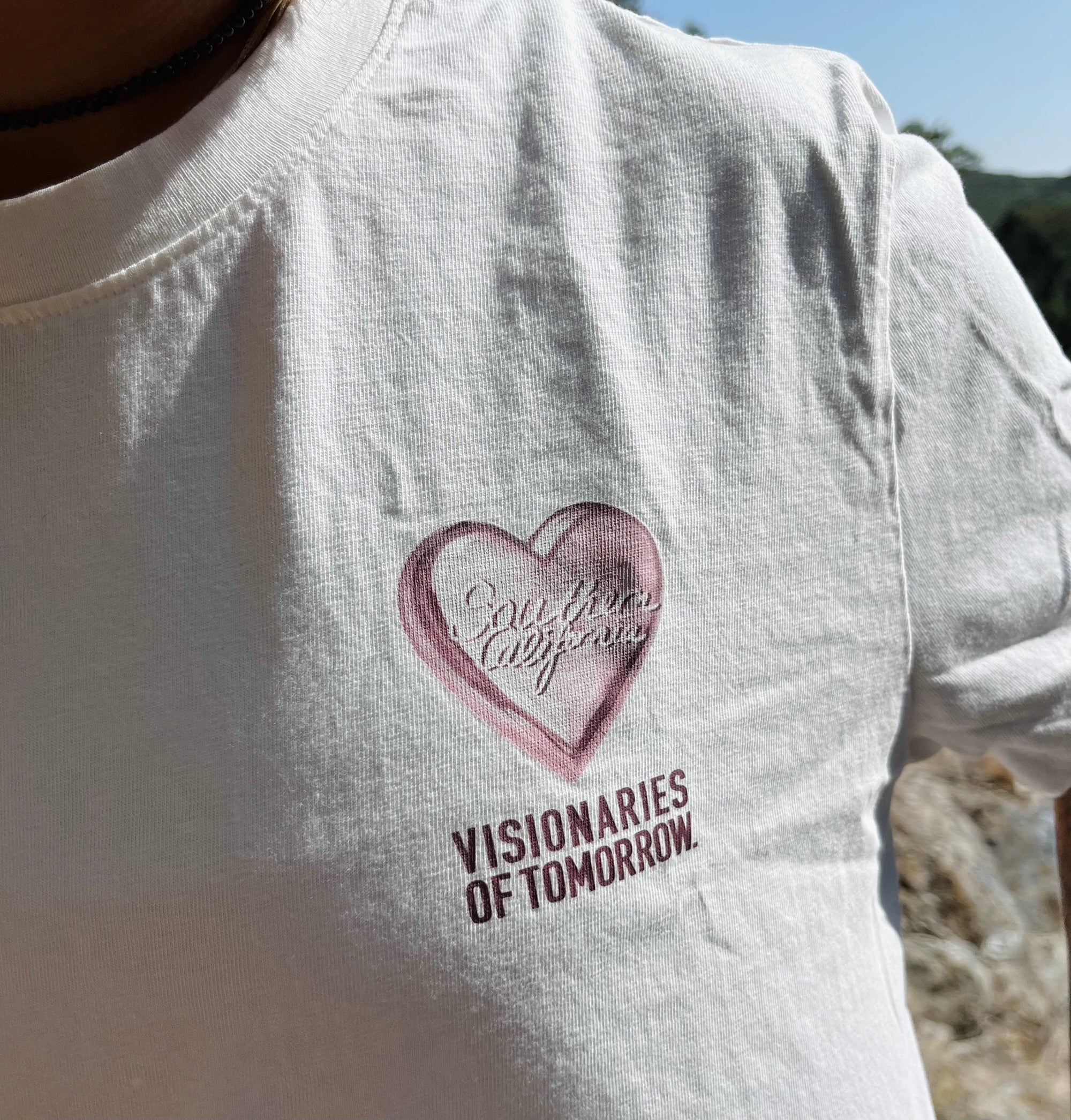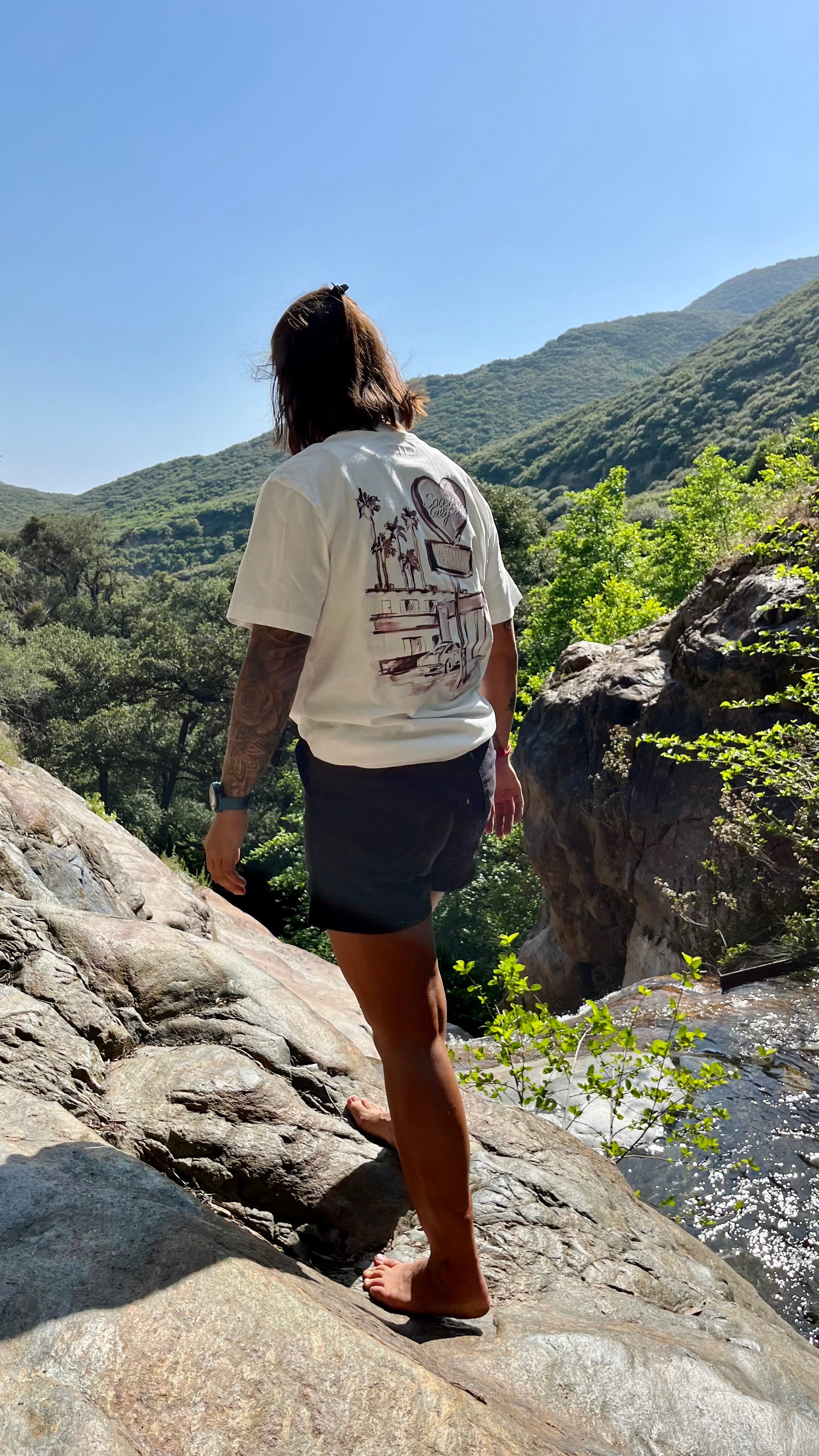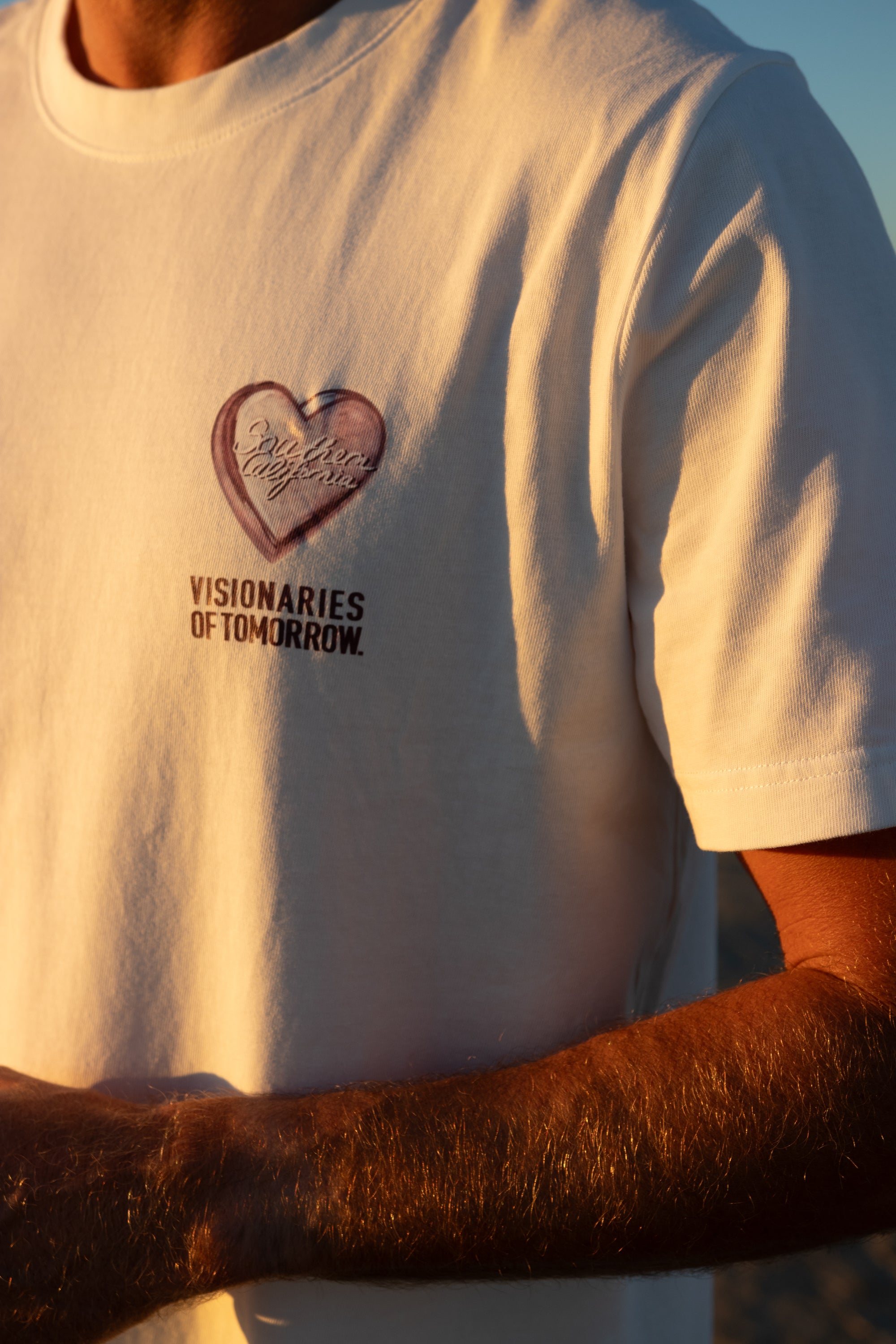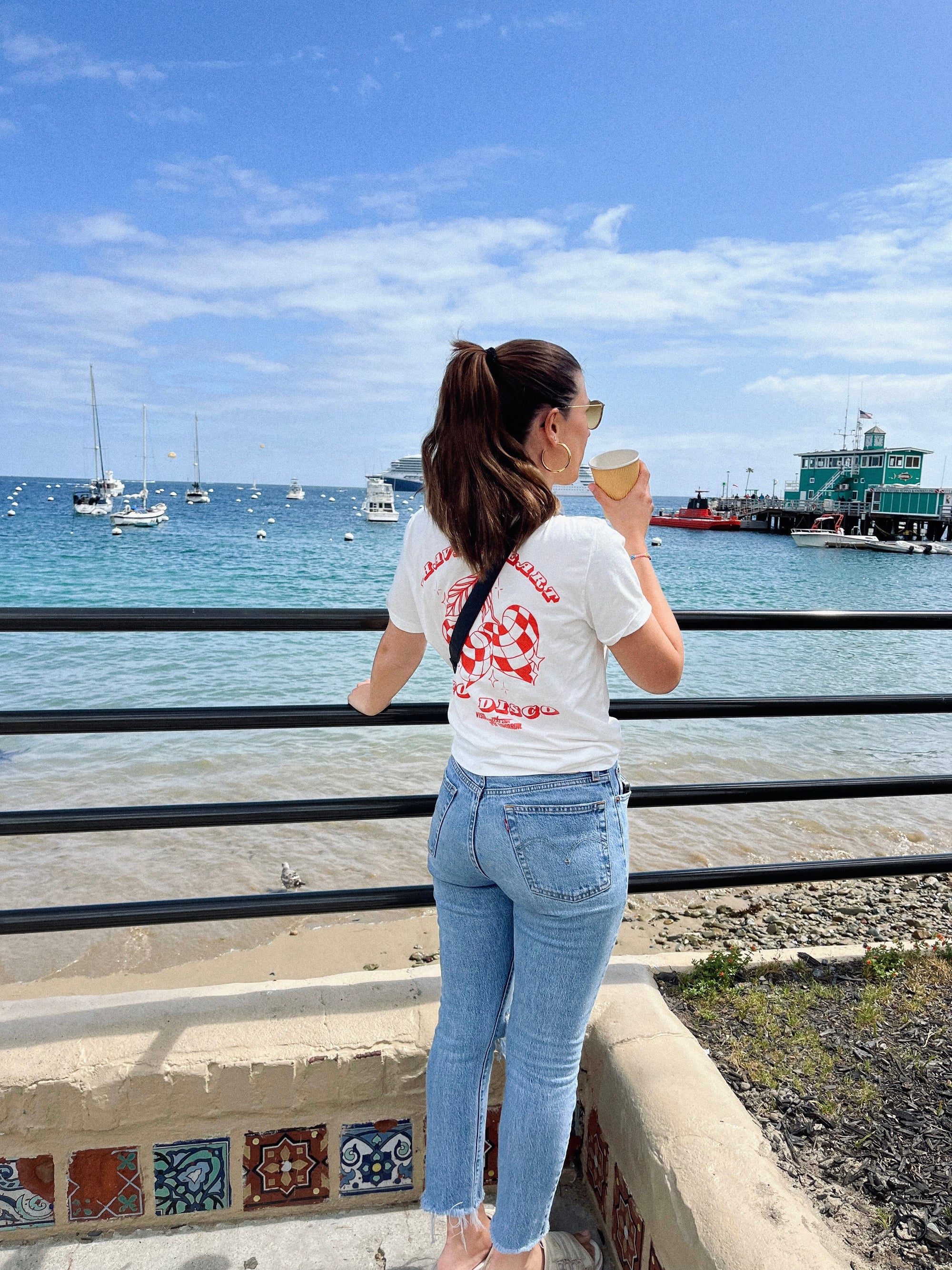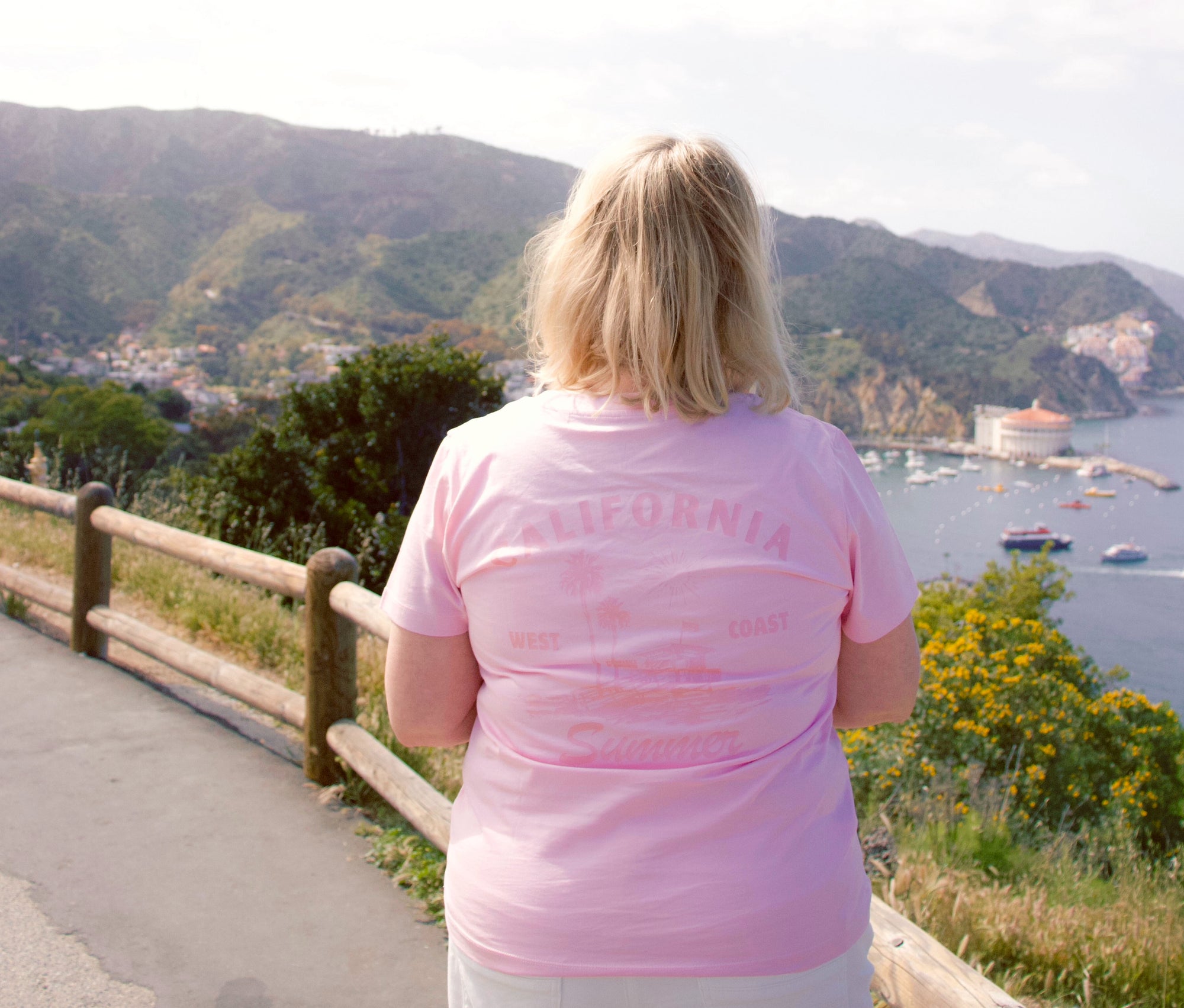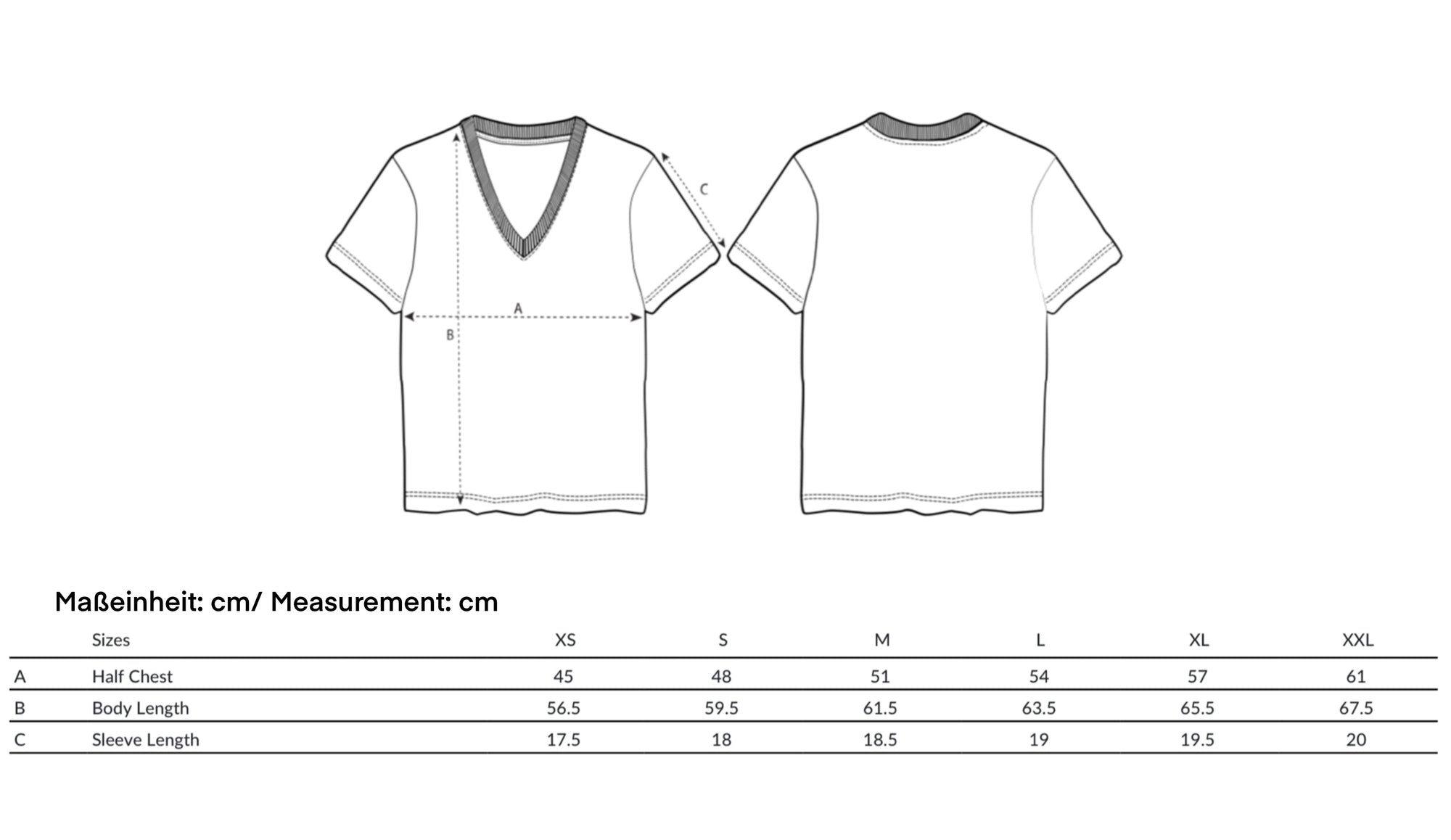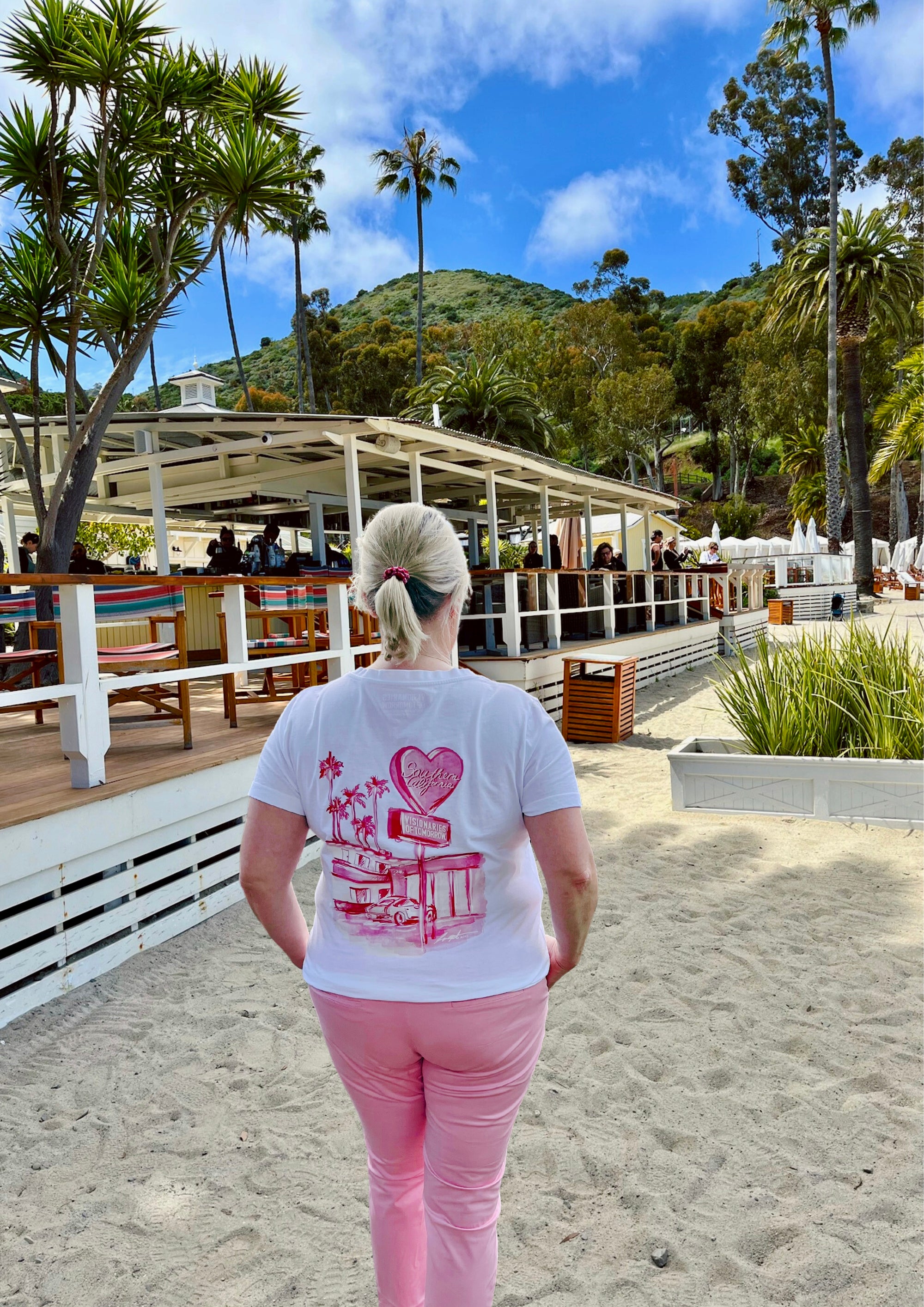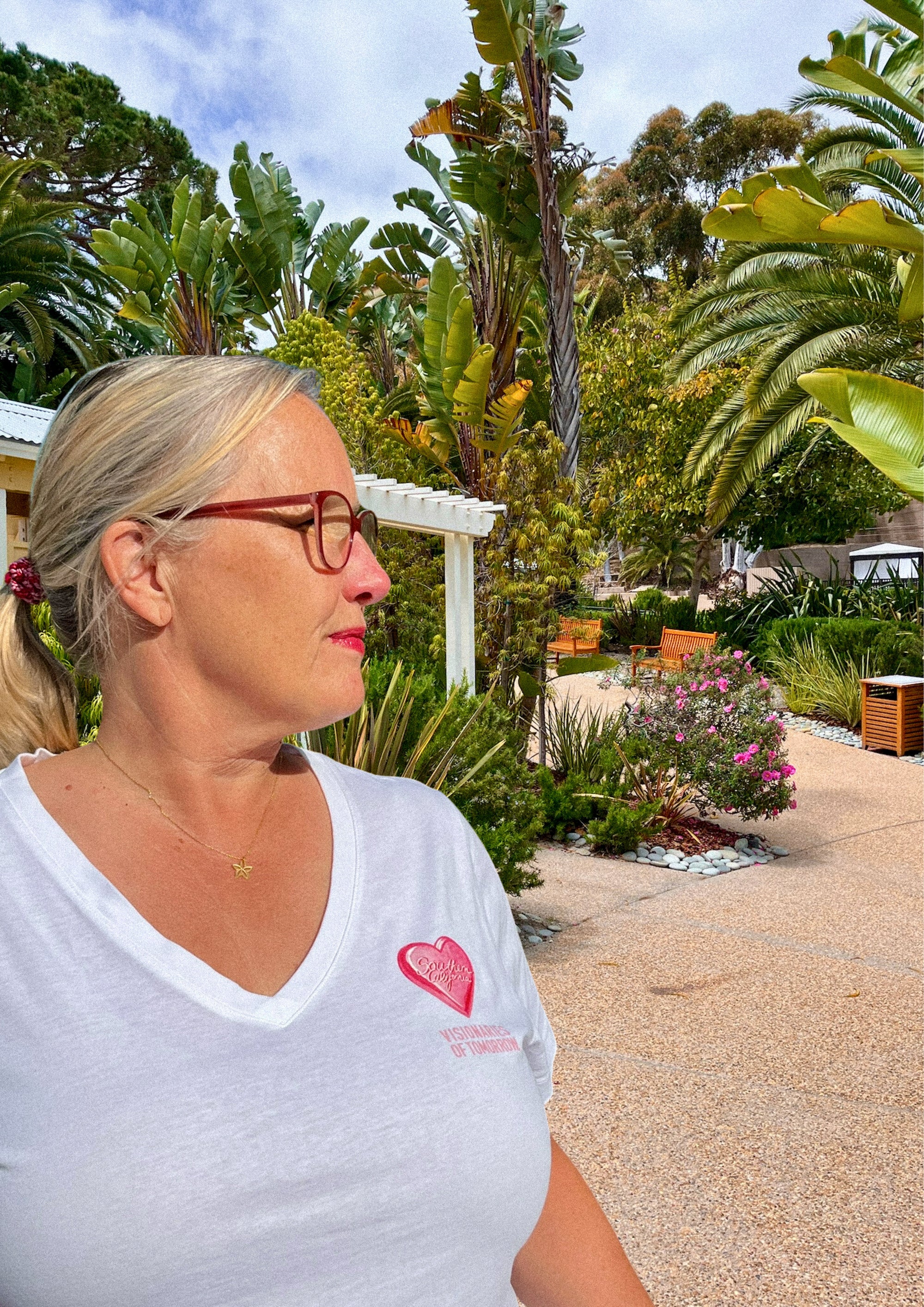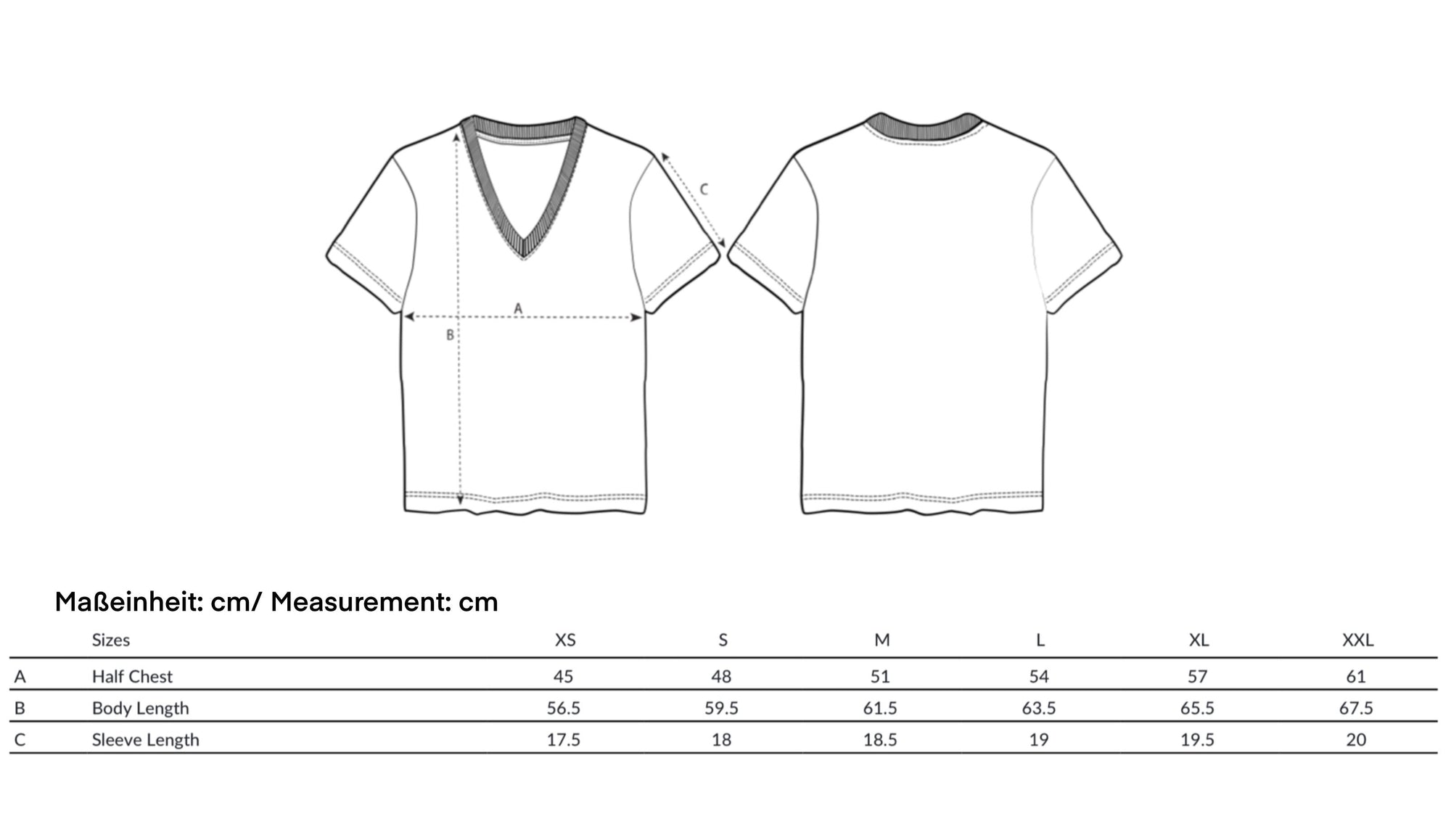
Our products are:

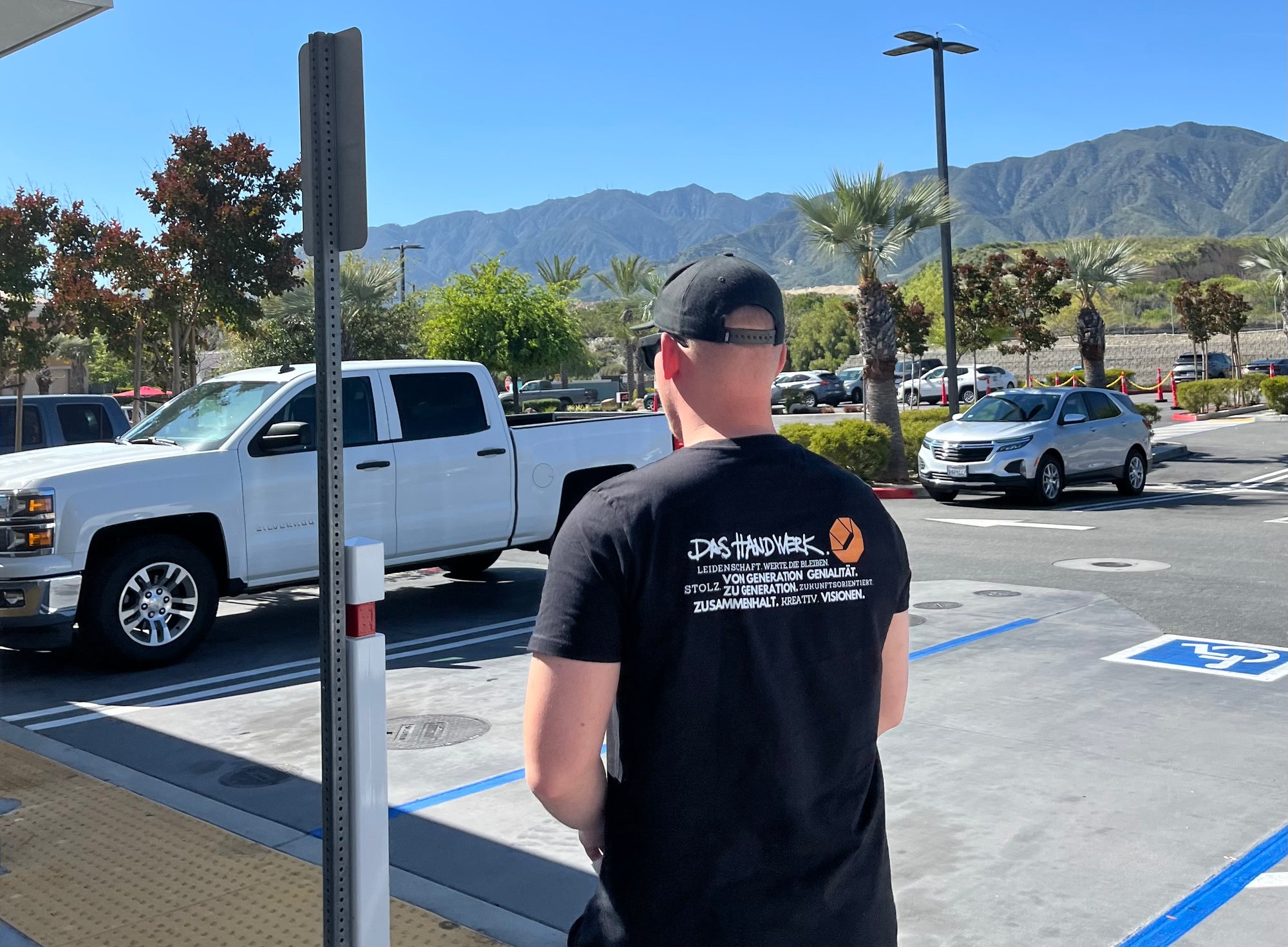

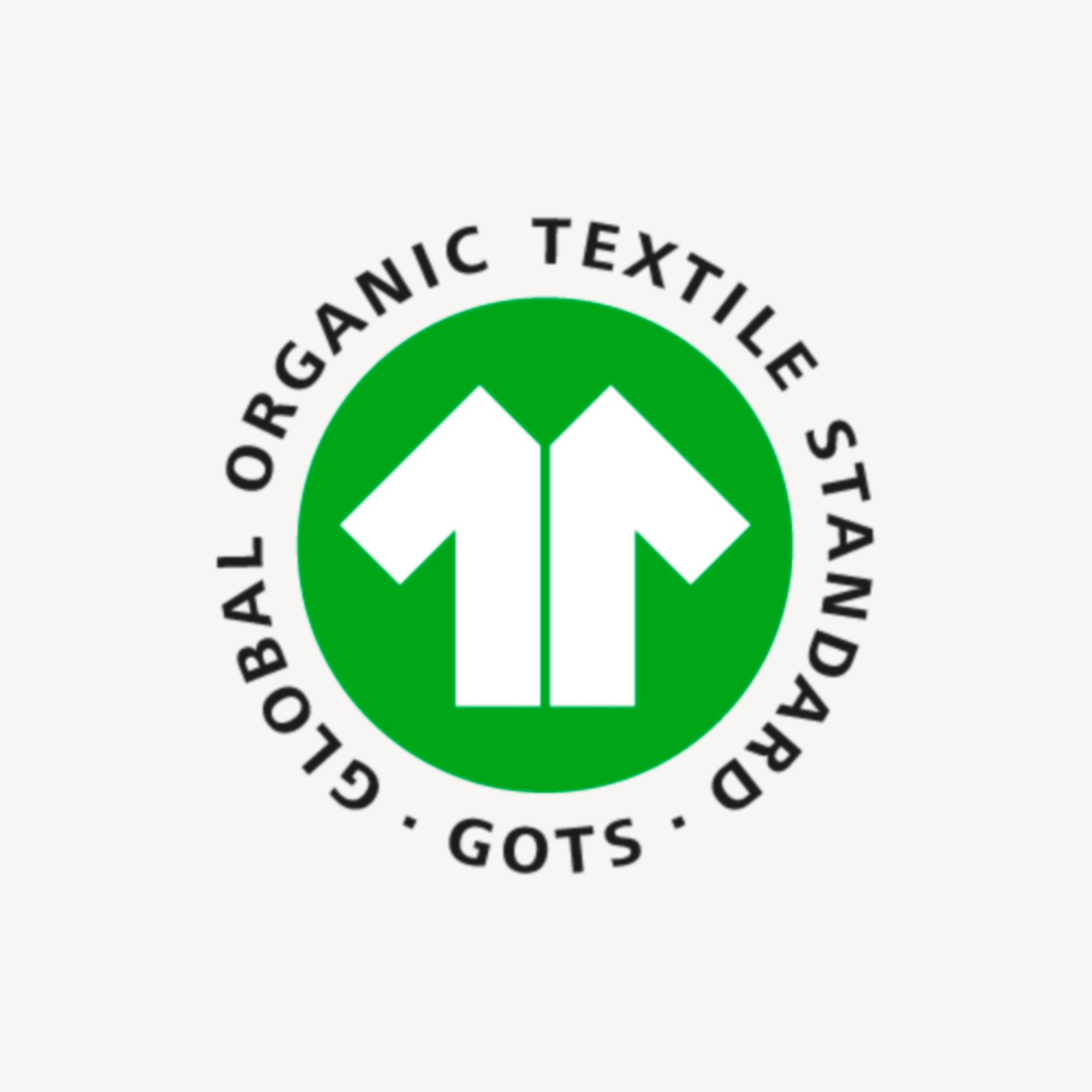
GOTS certified
Visionaries of Tomorrow products are GOTS certified .
What does GOTS mean ? The Global Organic Textile Standard (GOTS) is based on both ecological and social criteria and certifies that the cotton is grown organically, without the use of genetically modified seeds or harmful chemical products. We only use 100% GOTS-certified organic cotton in our collections.
“It’s not about what we do or how much we do. But about how much love we put into what we do.” - Mother Teresa
With every VISIONARIES OF TOMORROW product purchased, we donate 5 warm meals to the children of the “Hope Menorah School Nakuru” in Kenya, which is run by the wonderful non-profit organization “Help for Hope eV”. For example, a child receives a warm meal for a whole school week (5 days).
Impressions from the Hope Menorah School Nakuru
Q&A
Organic cotton is made from cotton plants that are grown without the use of synthetic pesticides, fertilizers or genetically modified organisms. It is grown according to organic farming standards.
Organic cotton is grown and processed in a more environmentally friendly way. It avoids harmful chemicals and relies on sustainable farming methods that protect the soil, water resources and the health of workers.
Organic cotton is free from toxic chemicals that can cause skin irritation and allergies, making it particularly suitable for people with sensitive skin and allergies.
- Hypoallergenic : Organic cotton is grown and processed without the use of harmful chemicals. This reduces the risk of skin irritation and allergic reactions, making it particularly suitable for people with sensitive skin or skin problems such as eczema.
- Softer and more comfortable to wear: The fibers of organic cotton are softer and feel more pleasant on the skin. This increases comfort and makes organic cotton clothing a preferred choice for people who value a pleasant feeling on the skin.
- Breathability : Organic cotton is highly breathable and helps wick moisture away from the skin, keeping your skin feeling fresh and dry, even in warm weather or during physical activity.
- Free from harmful substances : No toxic chemicals such as pesticides or synthetic fertilizers are used in the production of organic cotton. This means that organic cotton clothing is free from residues of such substances that could irritate or harm the skin.
- Natural temperature regulation: Organic cotton has the ability to regulate body temperature by storing heat in winter and cooling in summer. This ensures a pleasant skin climate in every season.
Growing organic cotton reduces pollution, improves soil quality, promotes biodiversity and reduces water consumption. Crop rotation and mixed cropping are also often used to promote soil health.
- Production costs : Growing organic cotton requires strict guidelines and standards, which incurs more costs. Organic farmers do not use chemical pesticides or synthetic fertilizers, but rely on biological methods for pest control and soil improvement. These methods are more labor-intensive and much more expensive.
- Lower yields for organic cotton : Organic cotton often has a lower yield per hectare compared to conventional cotton. This is because organic farming methods do not use high-performance fertilizers and pesticides, which means the plants grow less intensively. This results in smaller yields, which increases costs.
In addition, the cultivation methods are more labor-intensive and sustainable because they promote soil health and biodiversity. This protects the environment and ensures better quality cotton. The entire process is more complex and costly than with conventional cotton.
- Certification costs : To obtain the organic label, farmers must have their products certified, which incurs additional costs.
- Fair working conditions : In addition to the organic cotton, the products are GOTS certified, meaning everyone in the entire supply chain is paid fairly & works under fair conditions. ♥️
Organic cotton clothing is not only kind to the skin, but also environmentally friendly. It is produced without harmful chemicals, which reduces the burden on soil and water and contributes to better working conditions for farmers.



